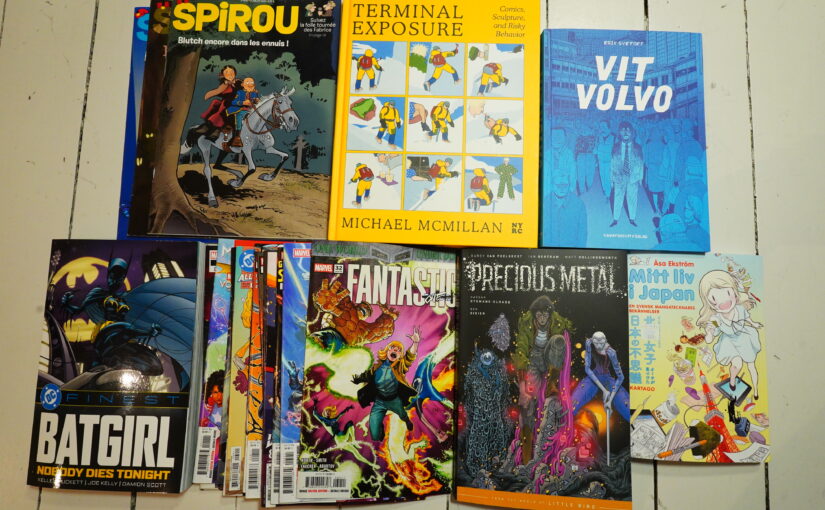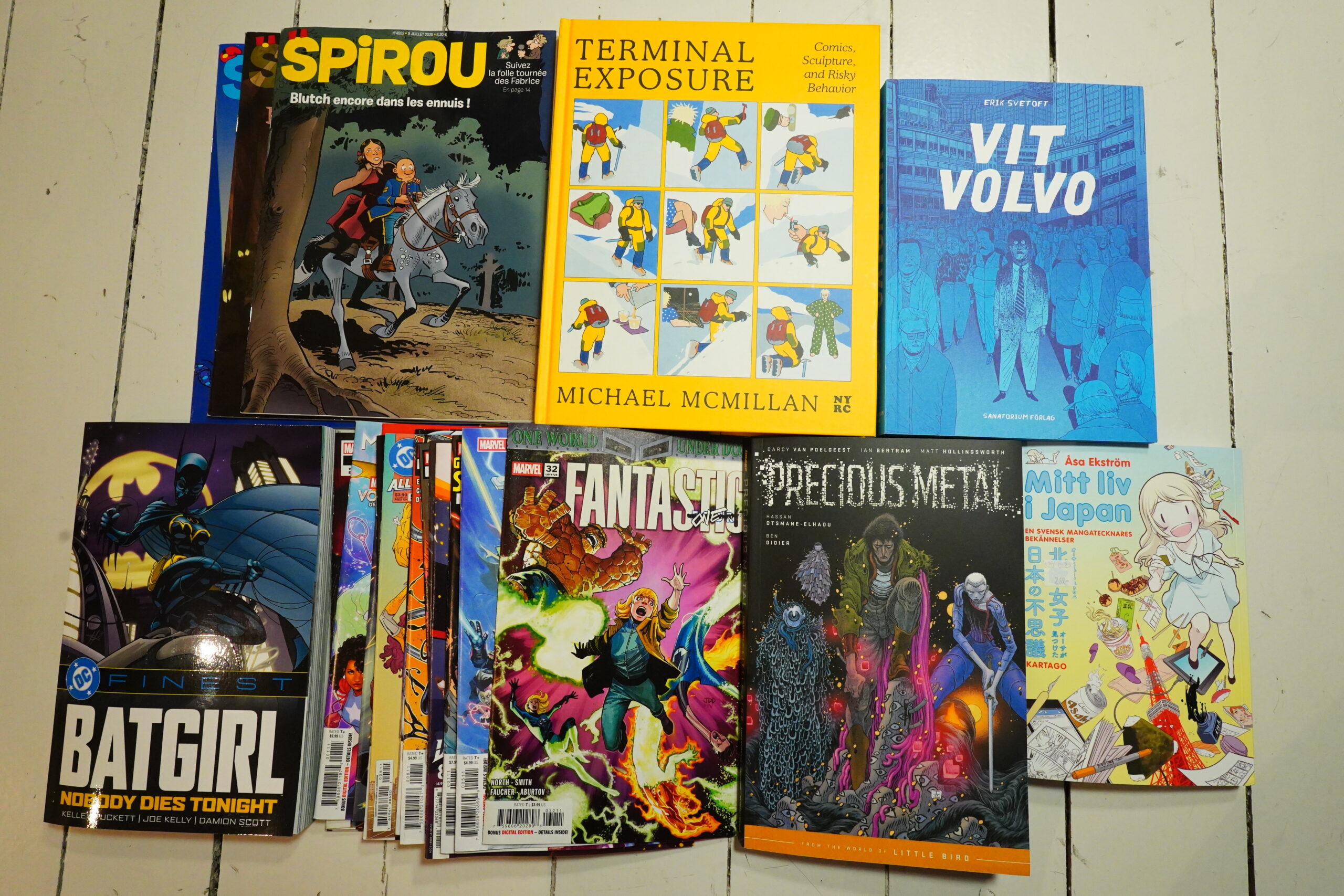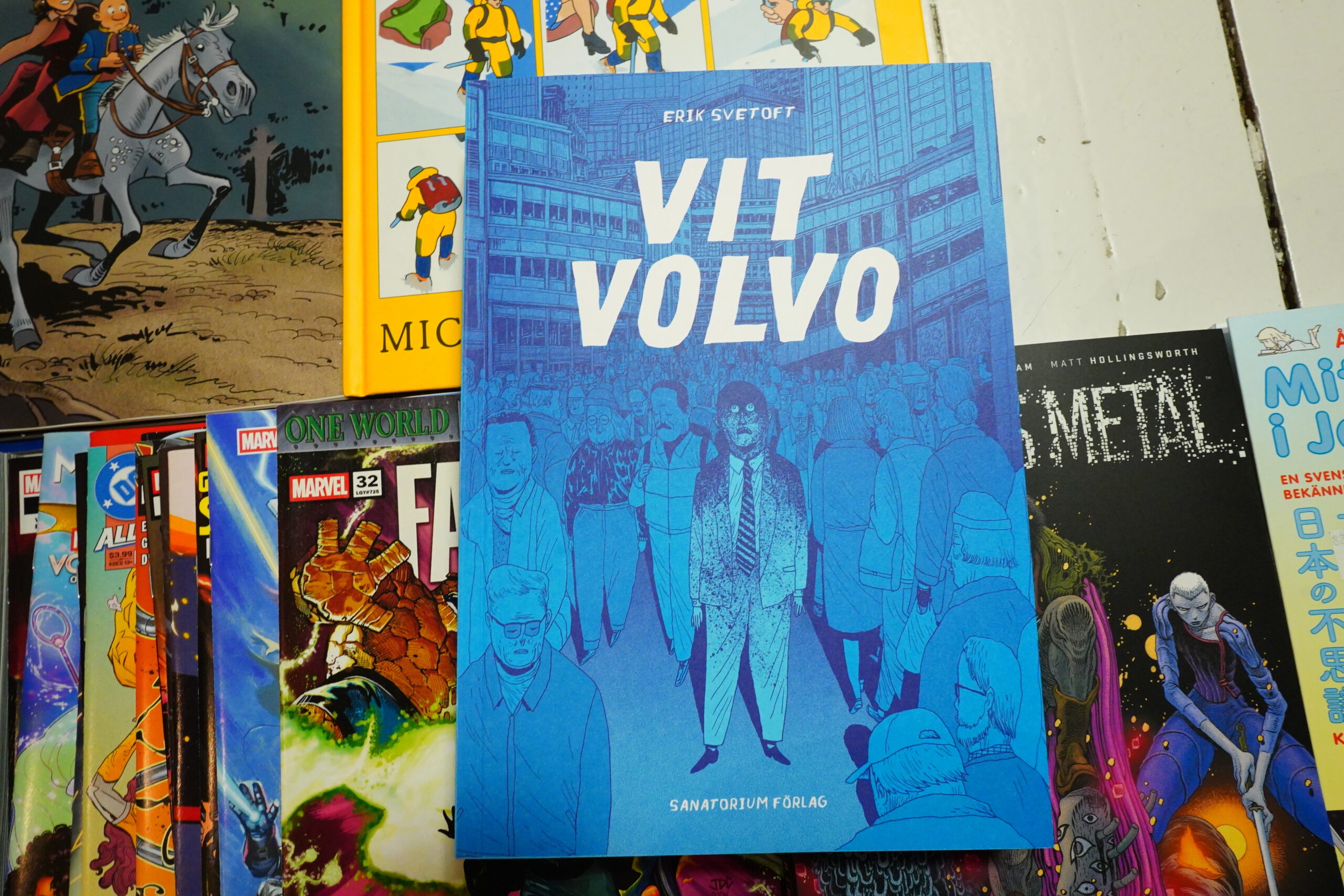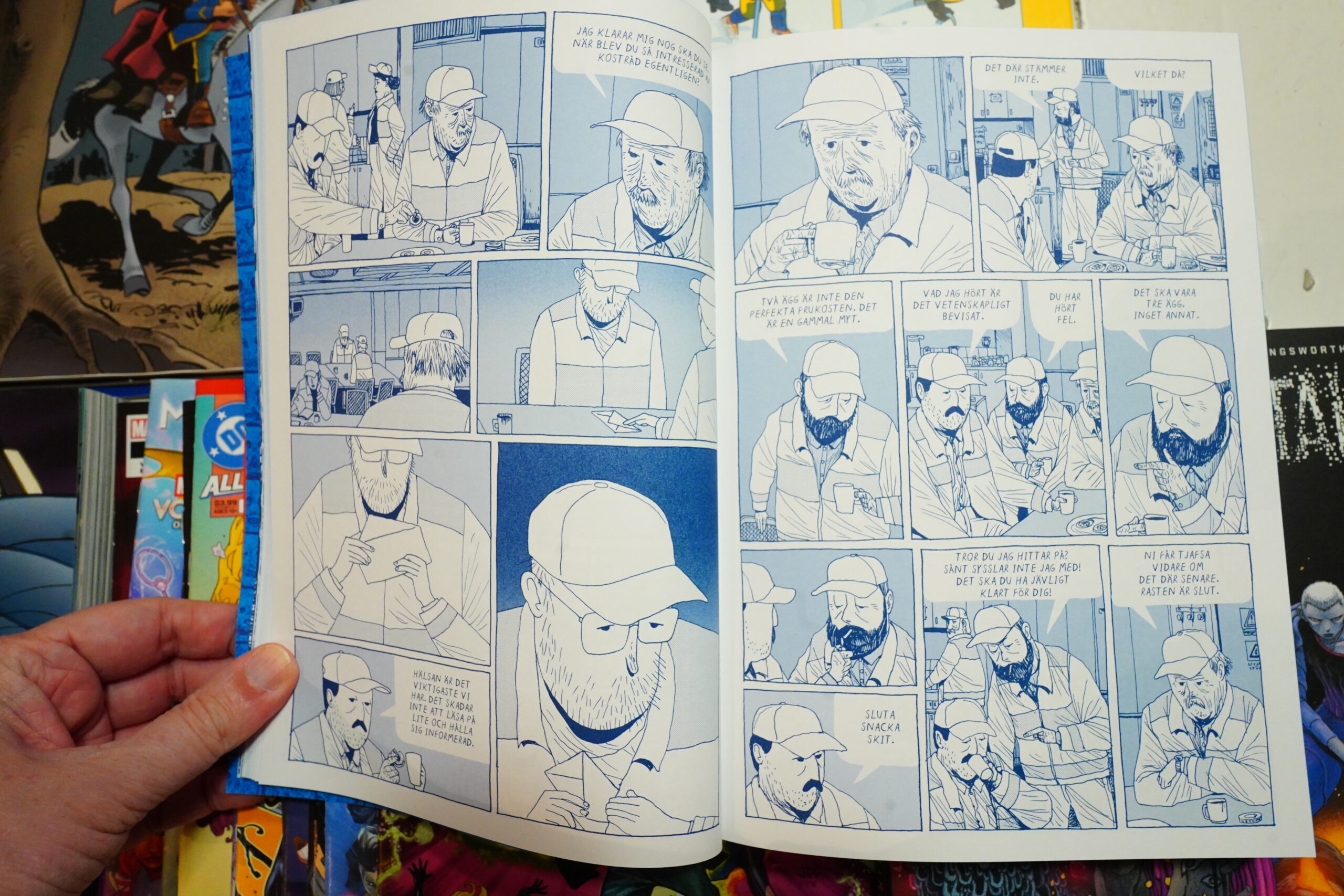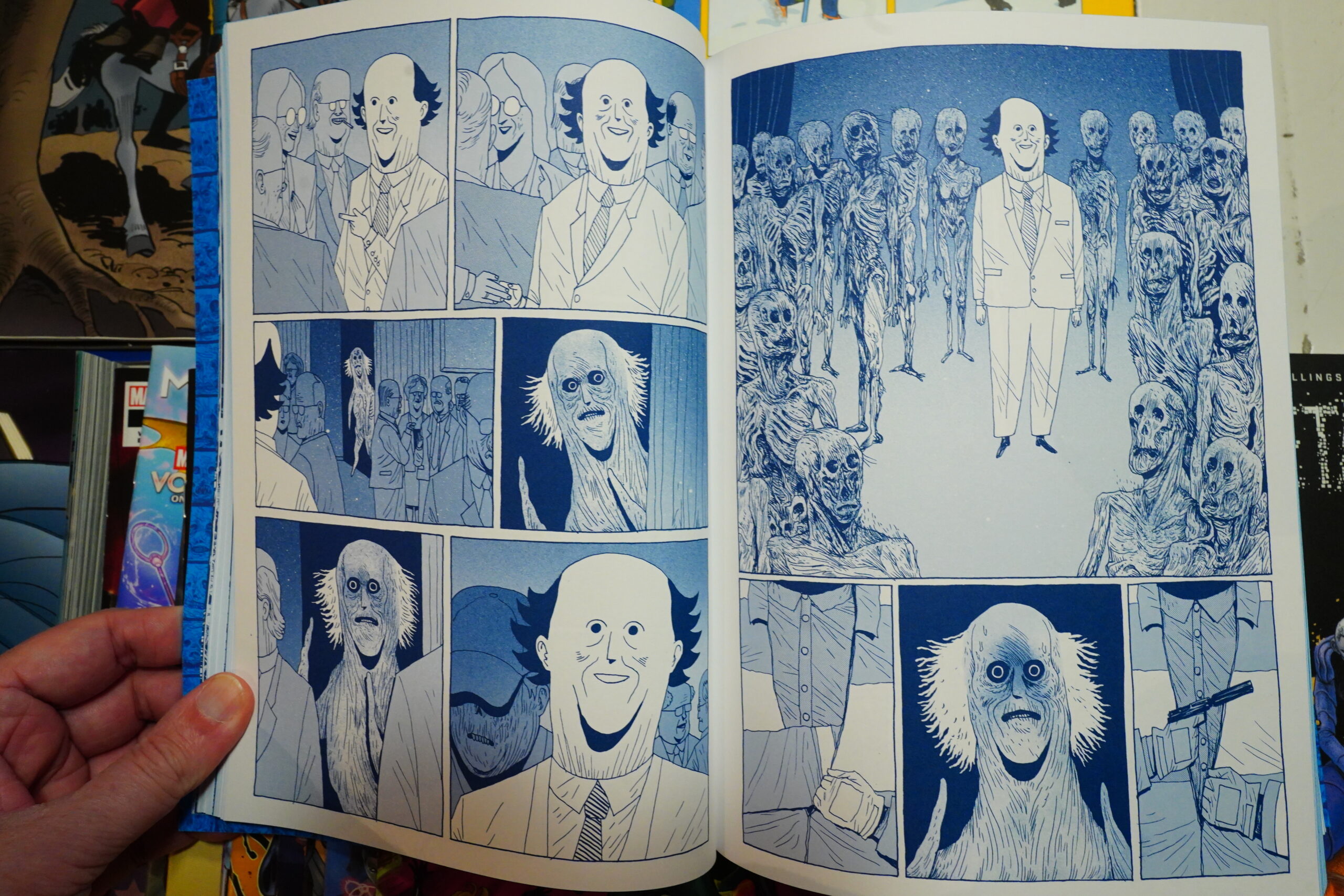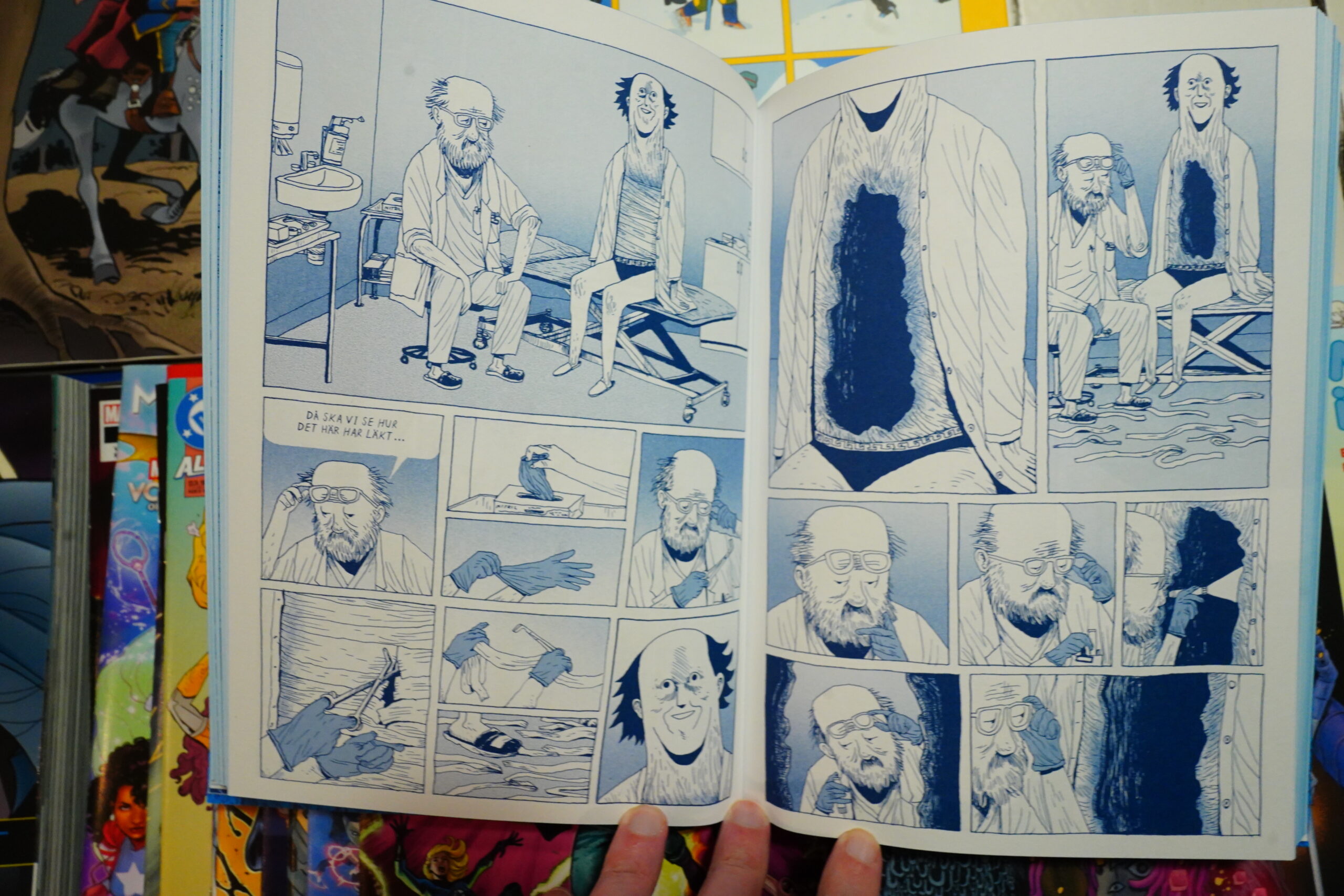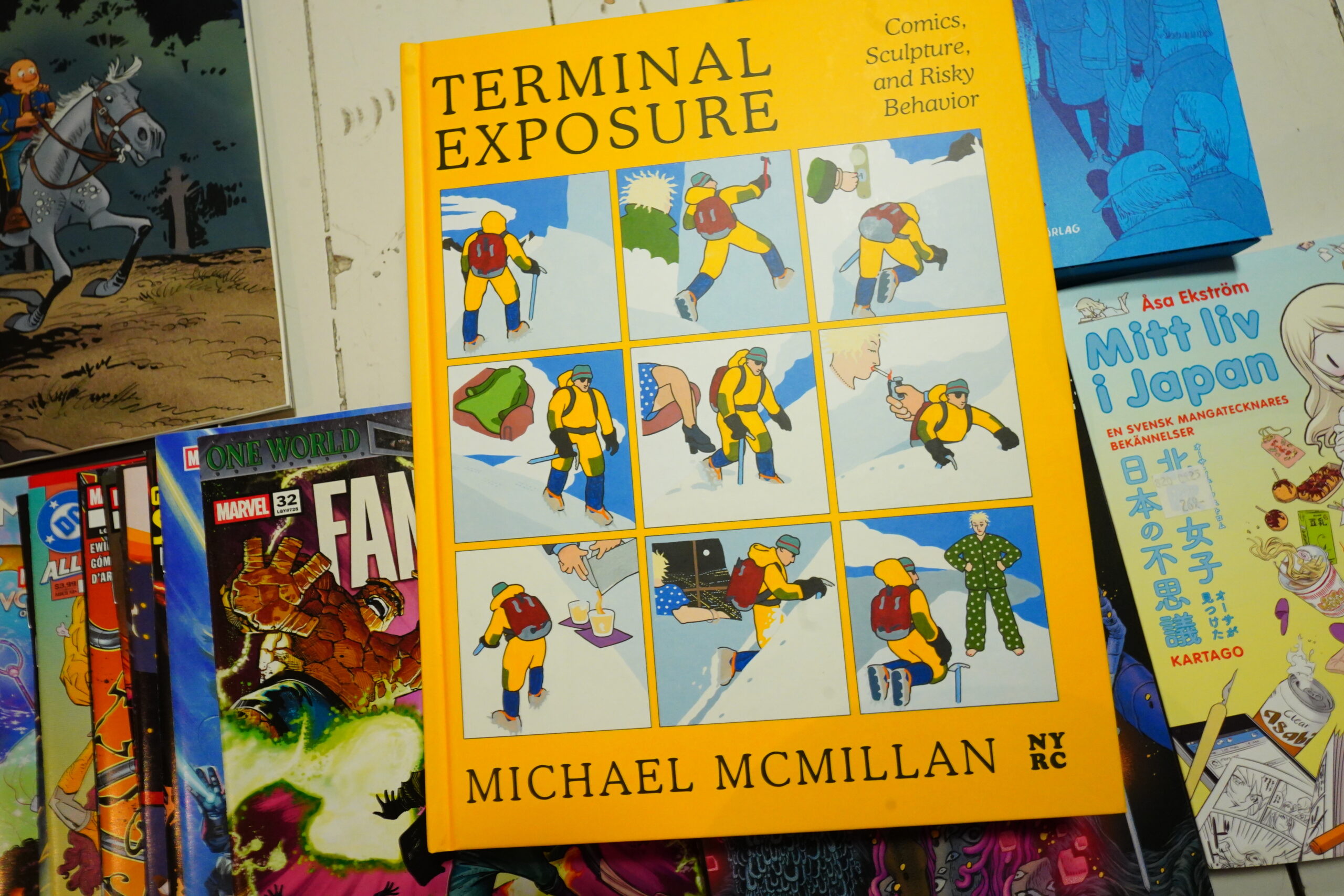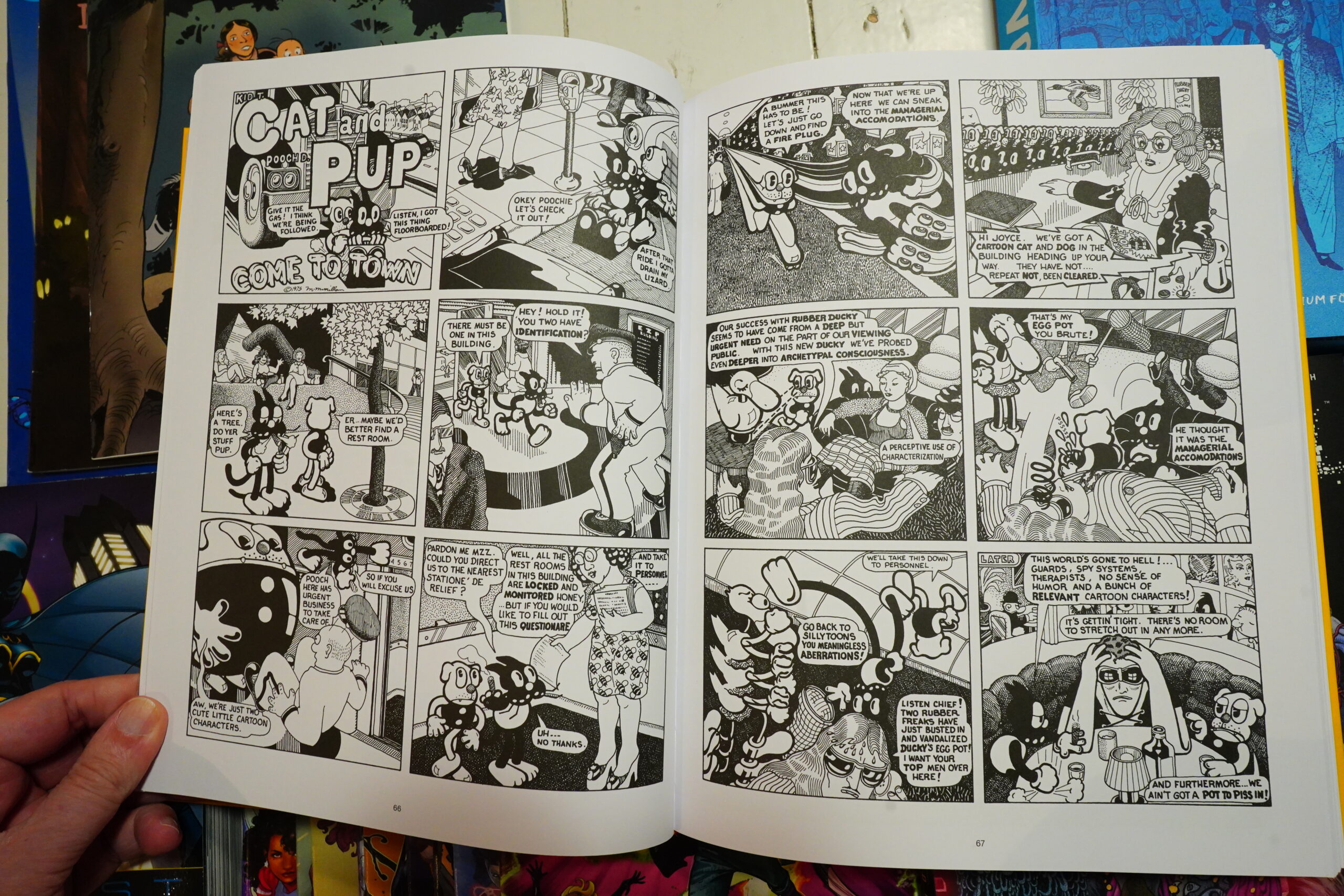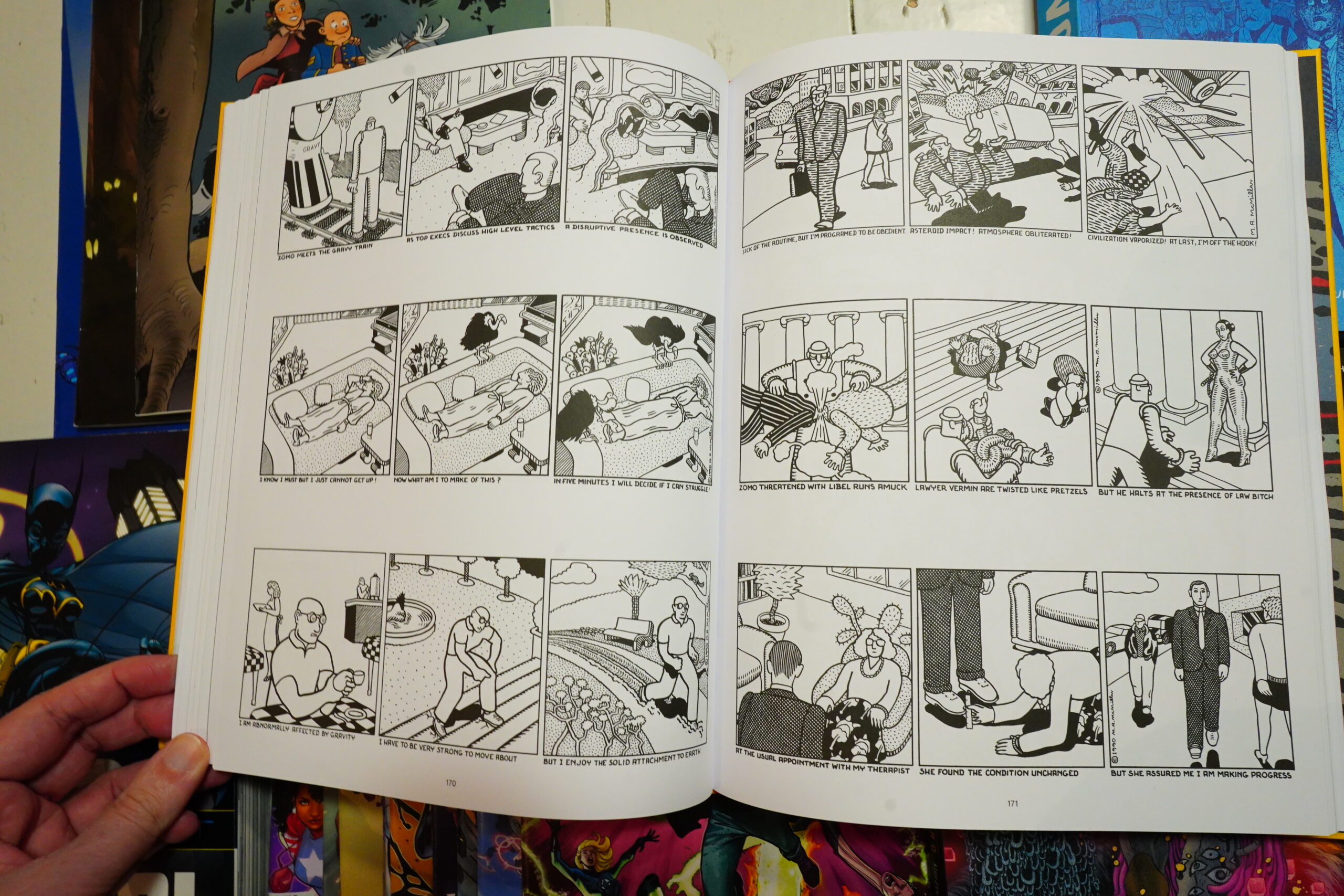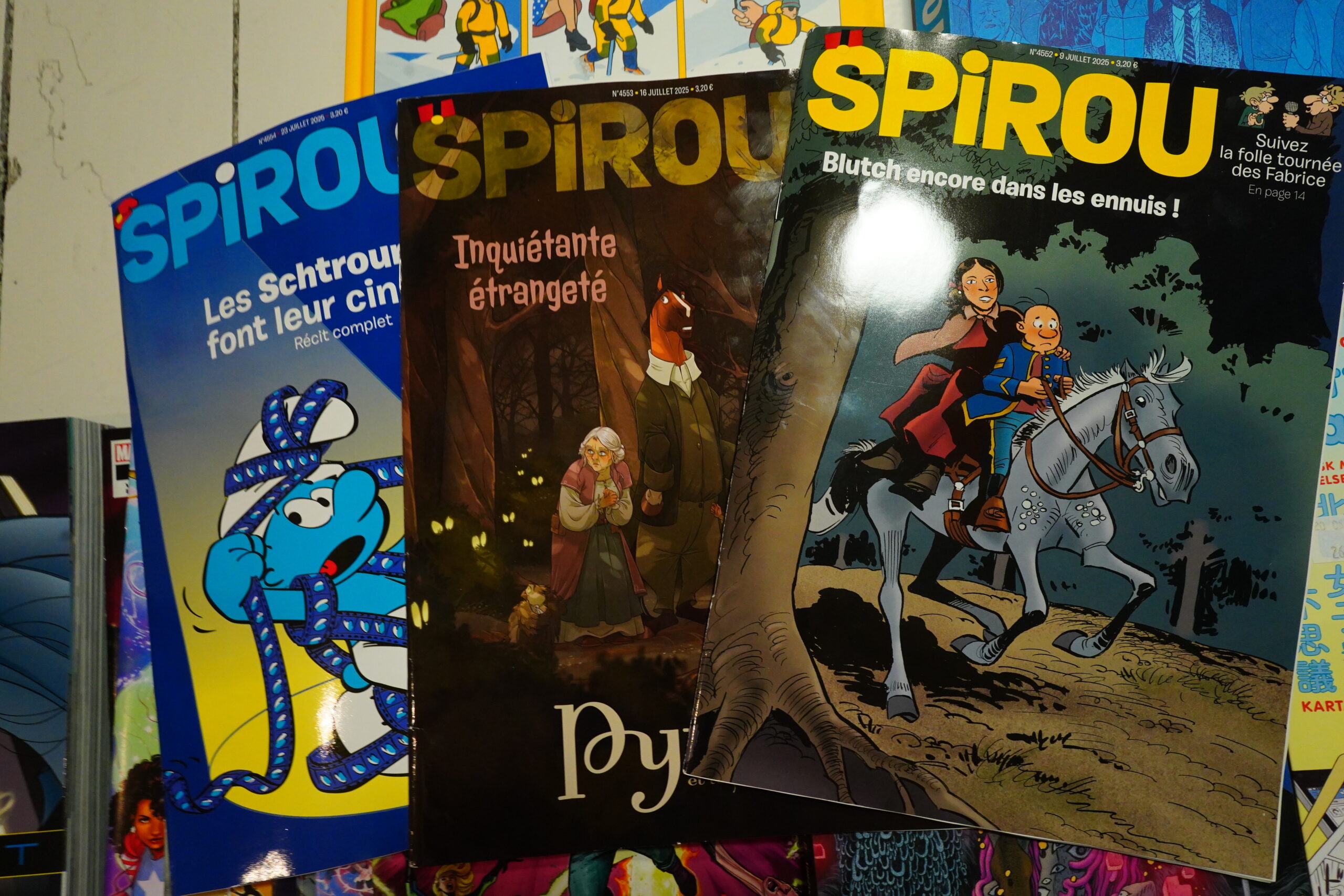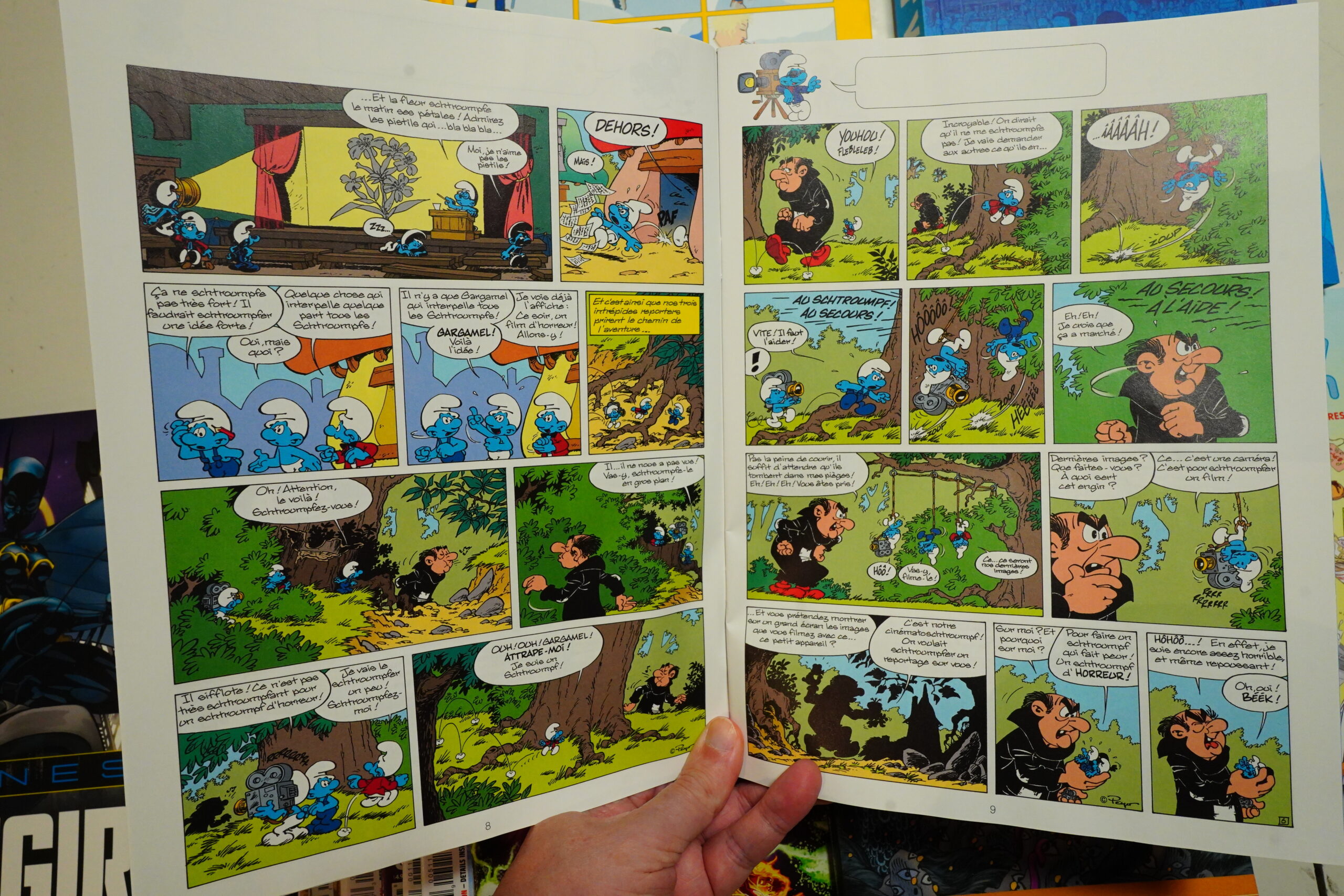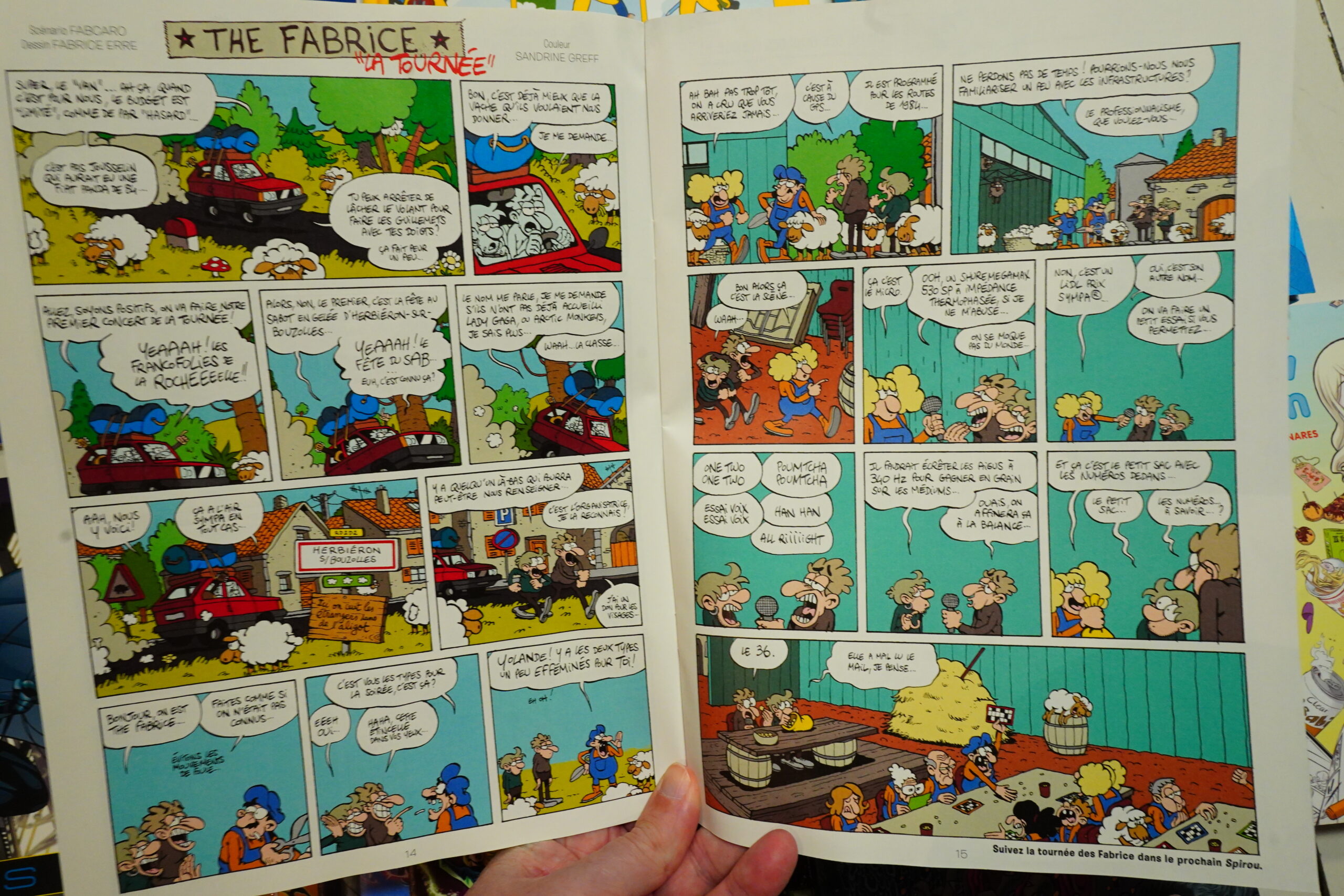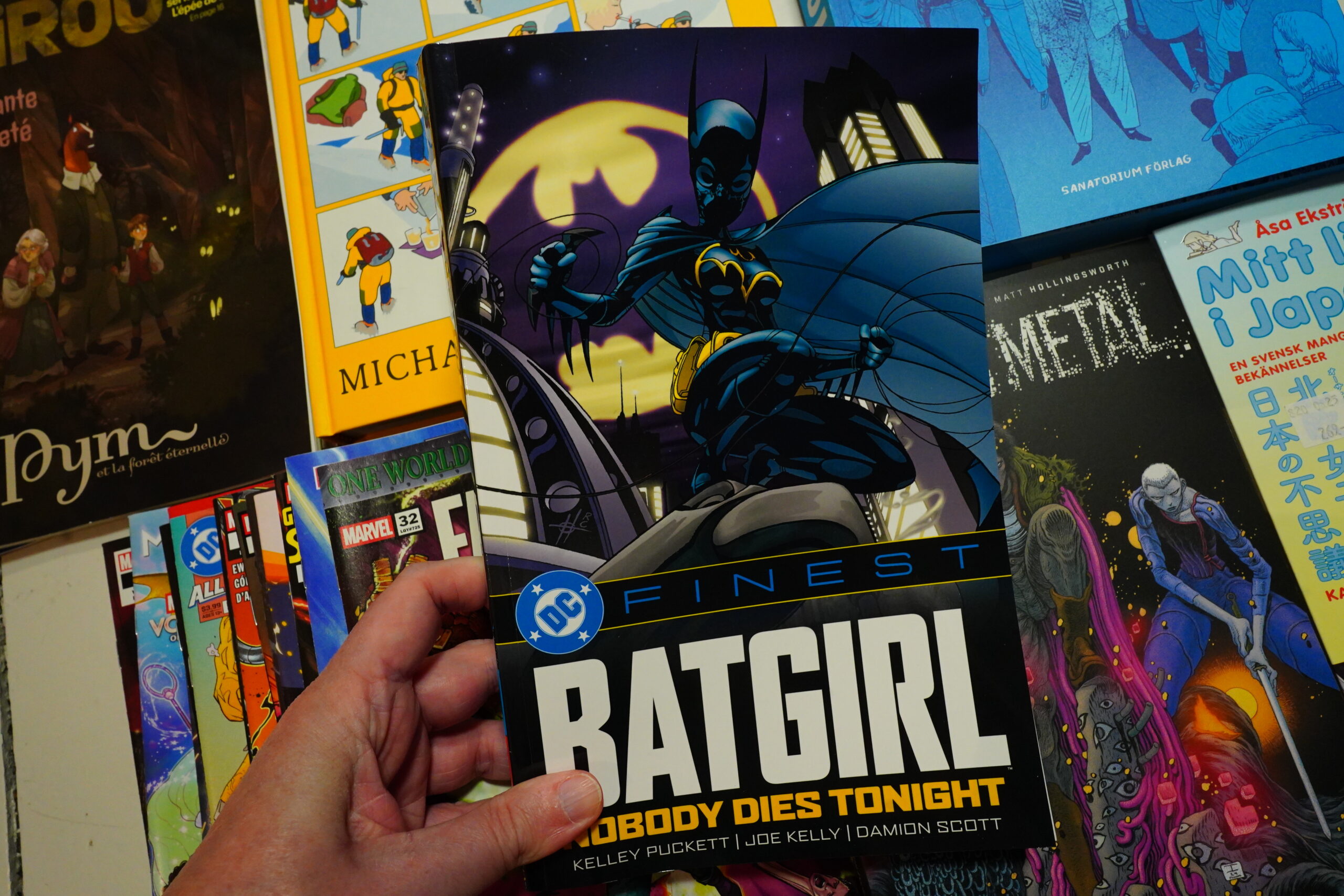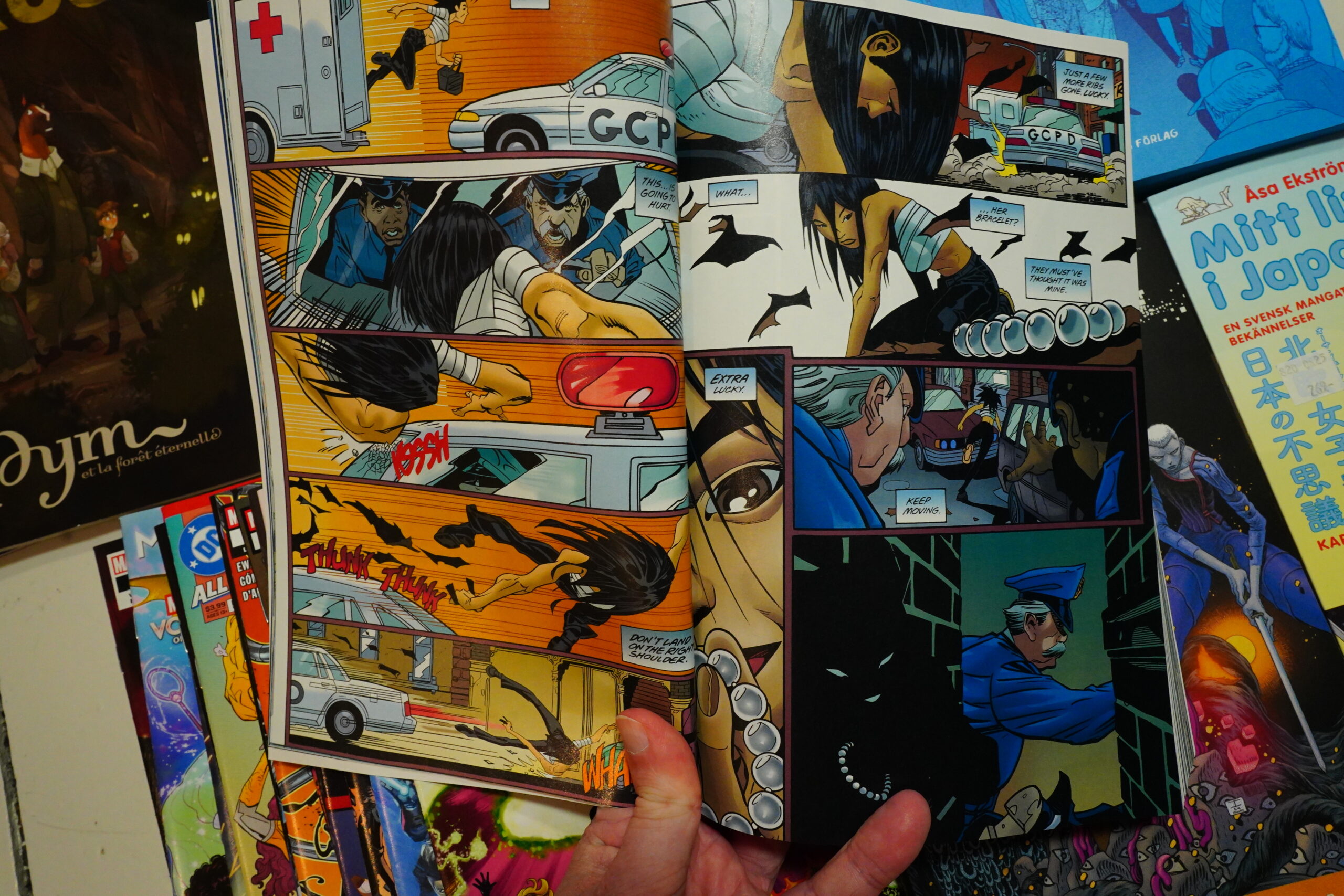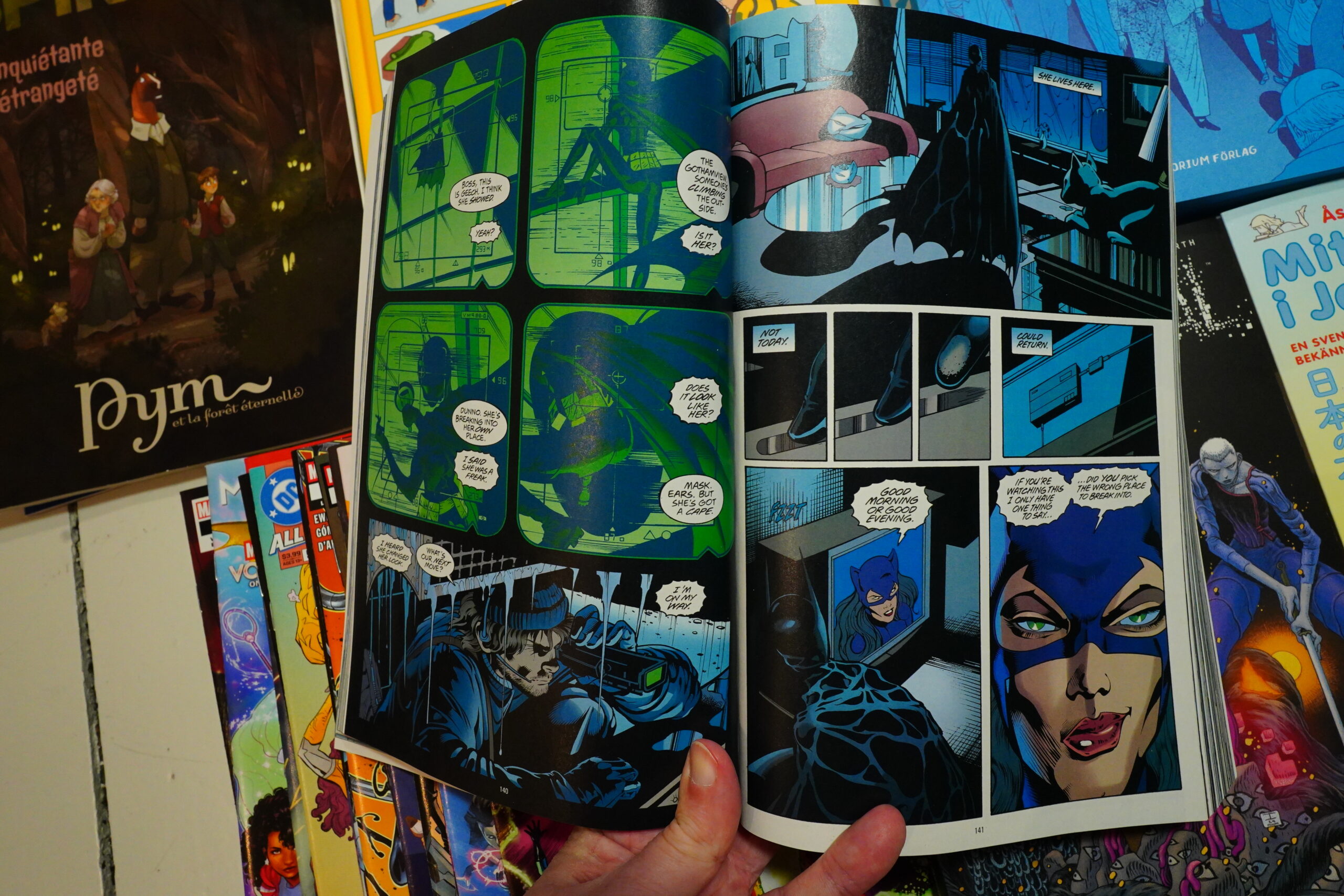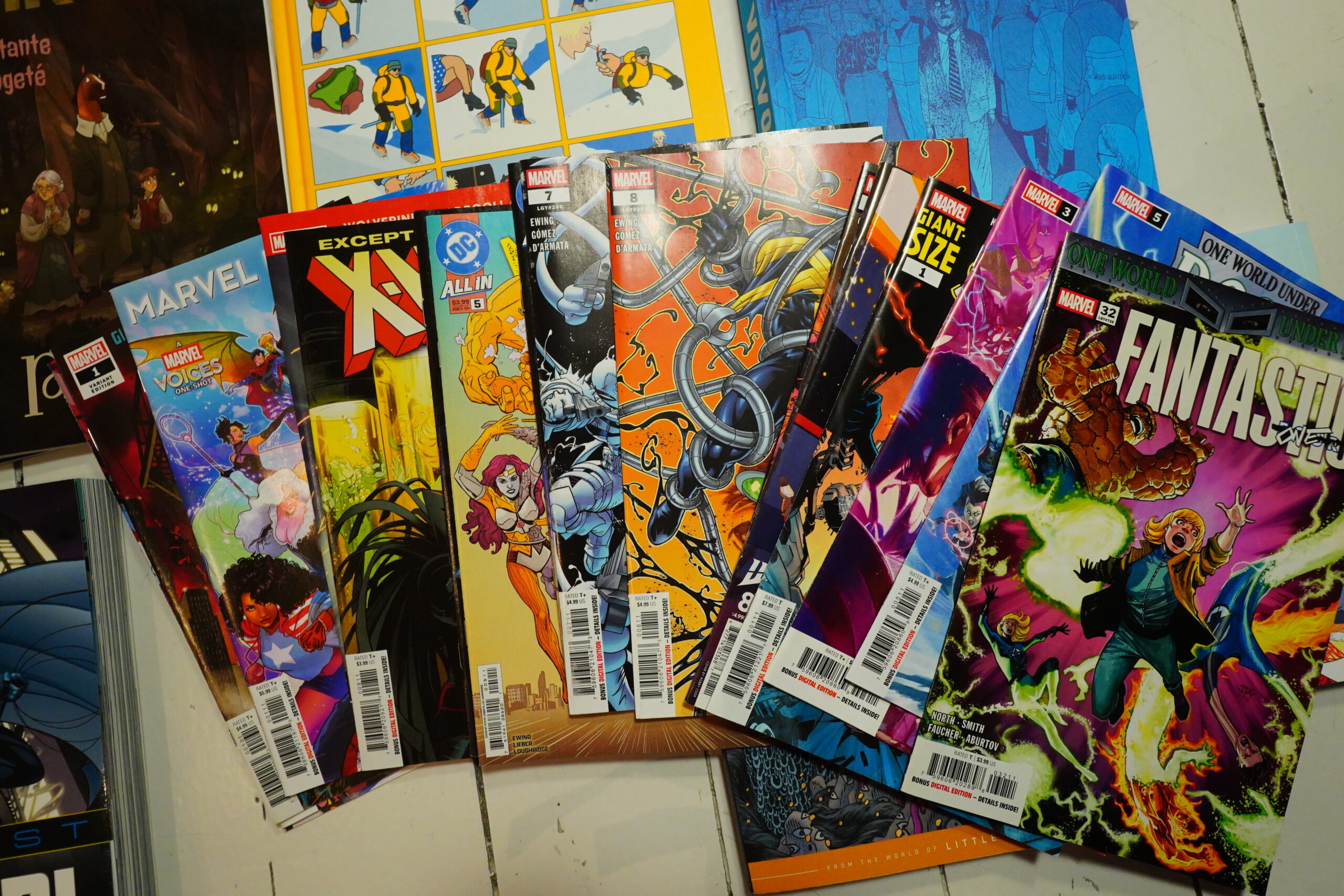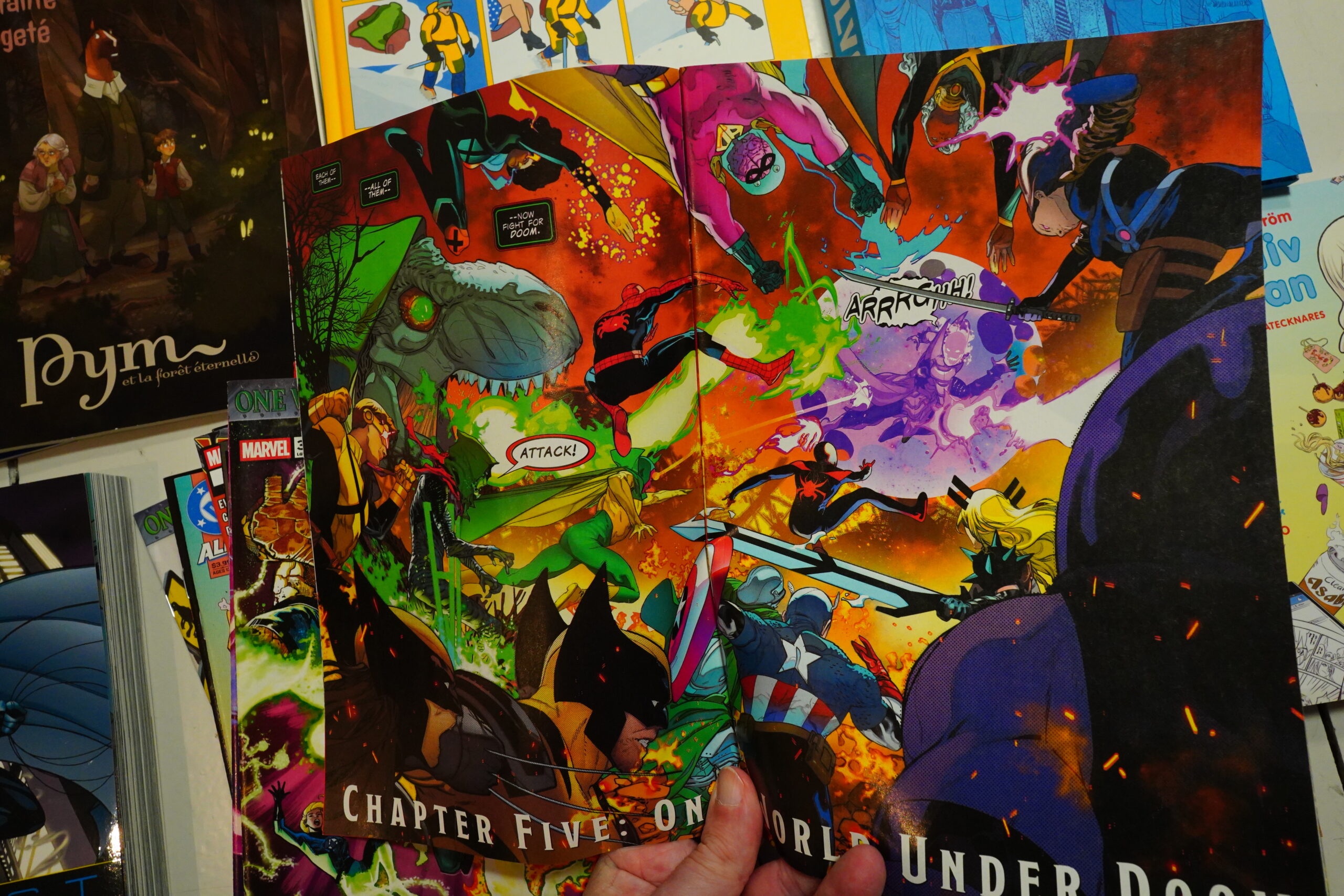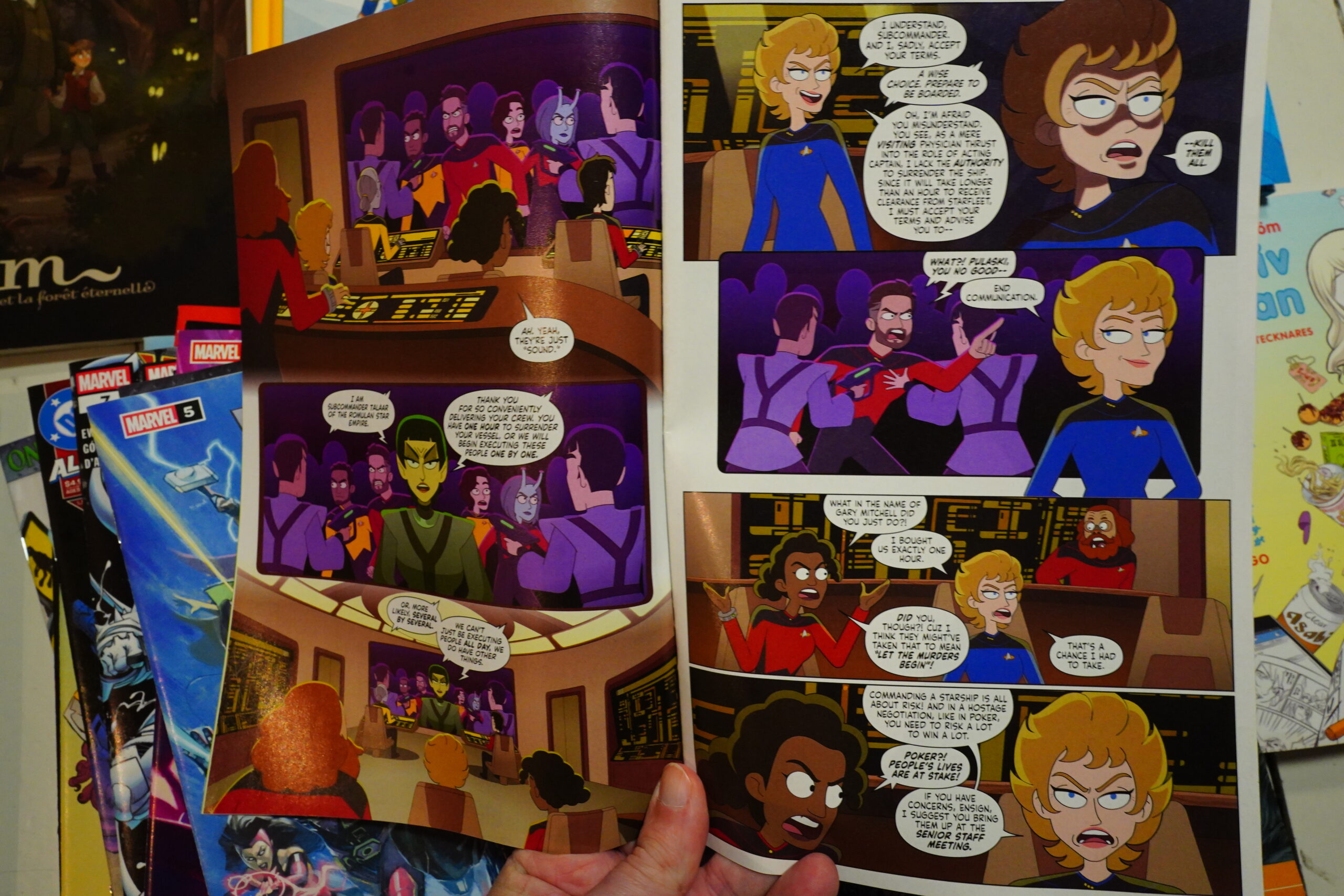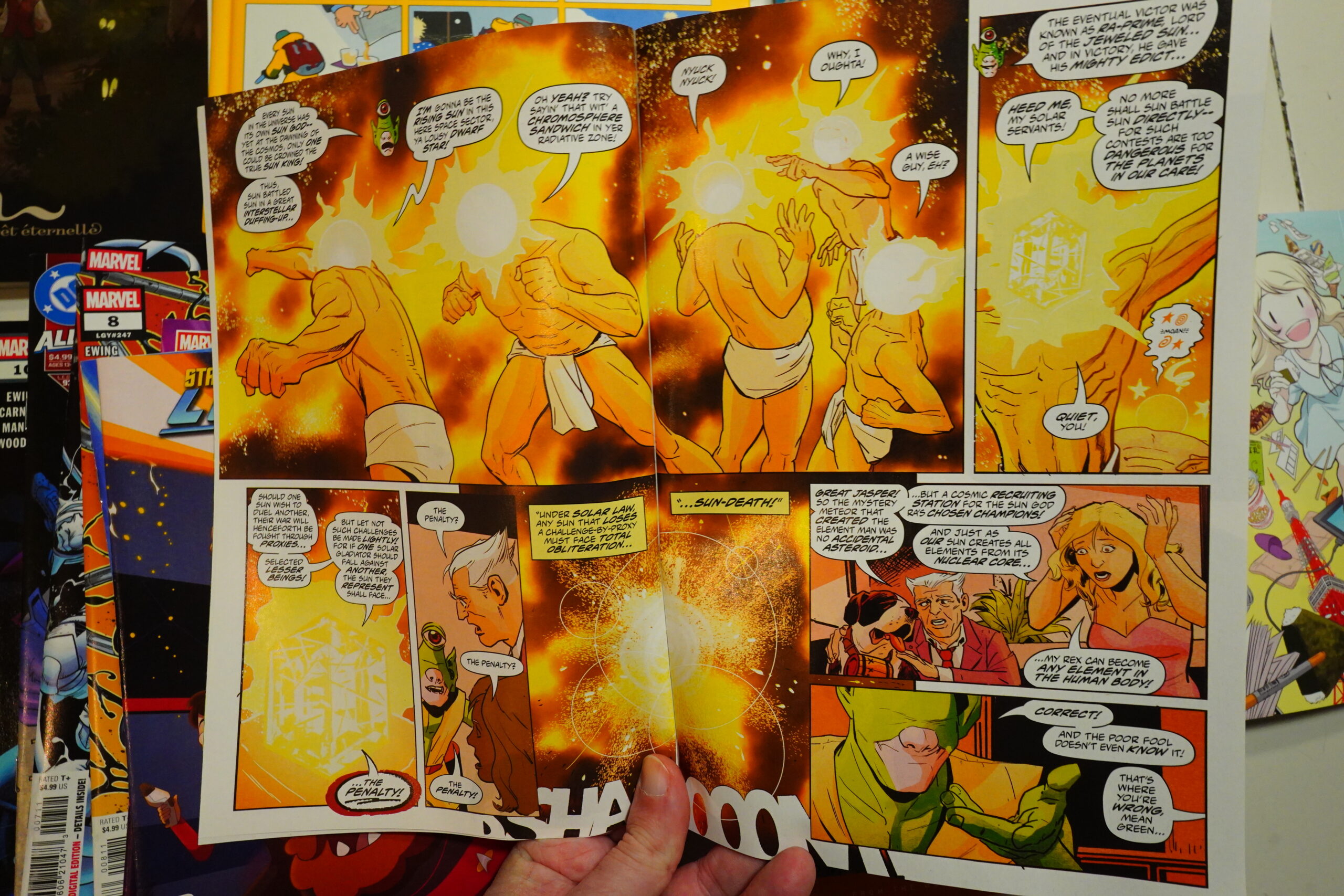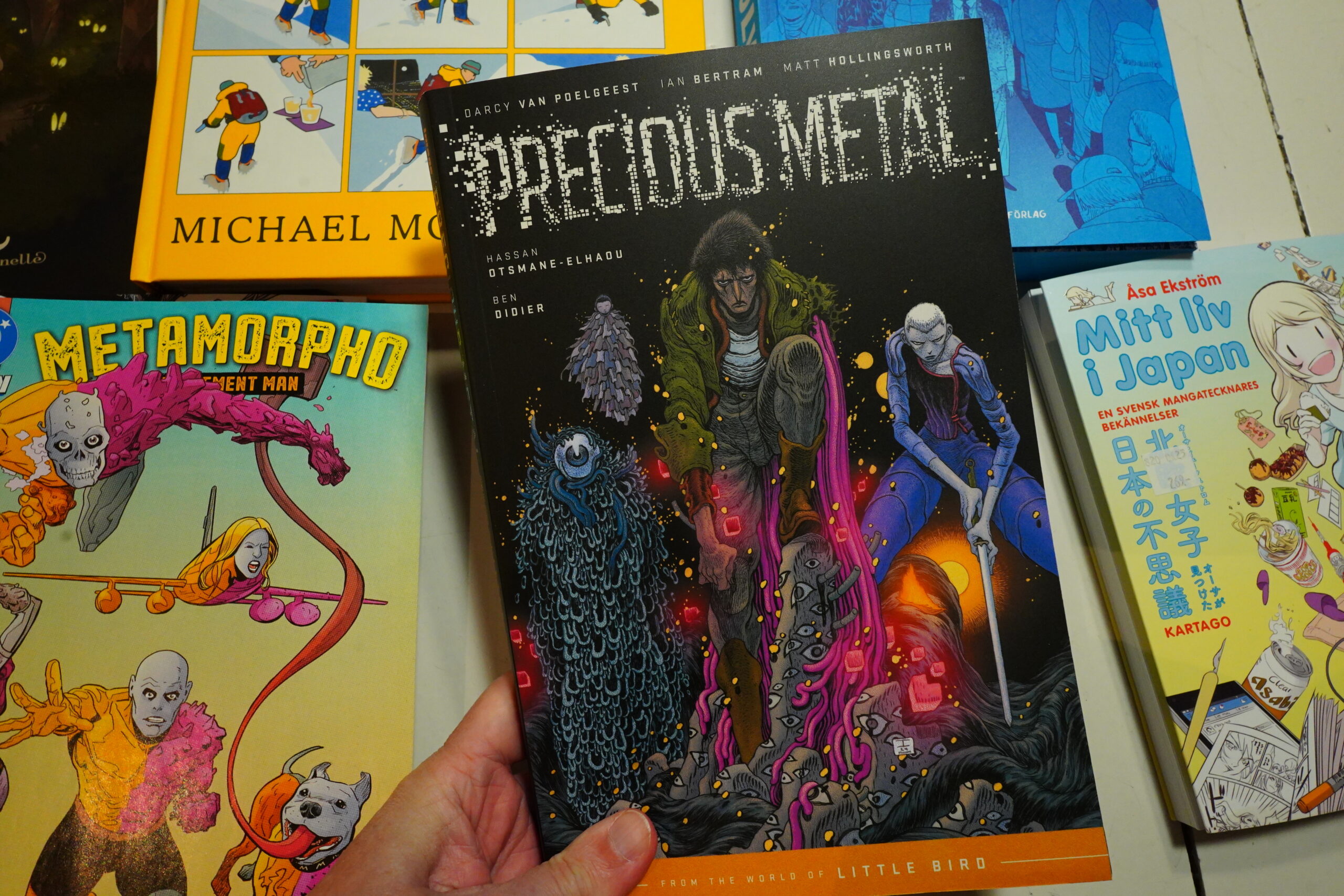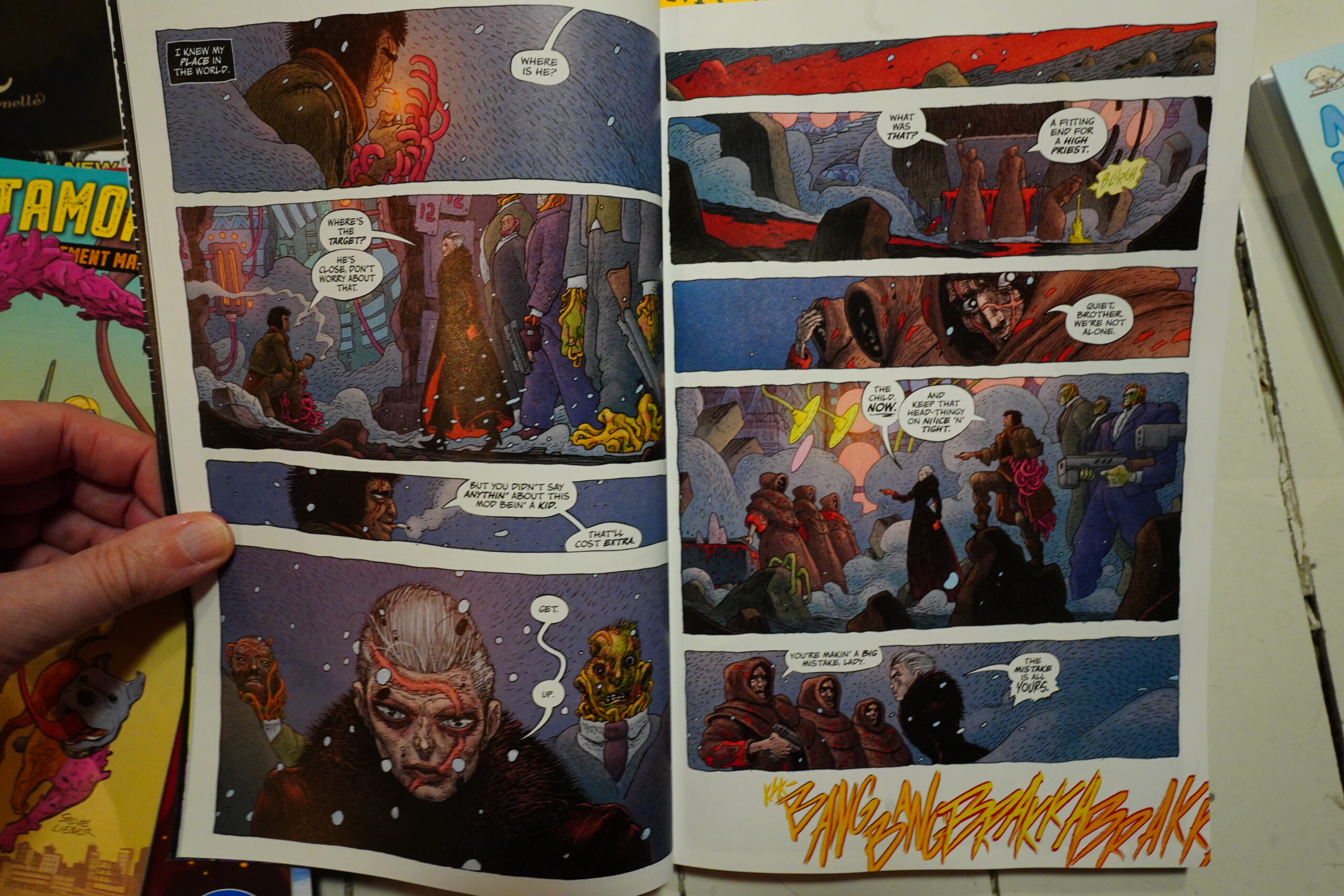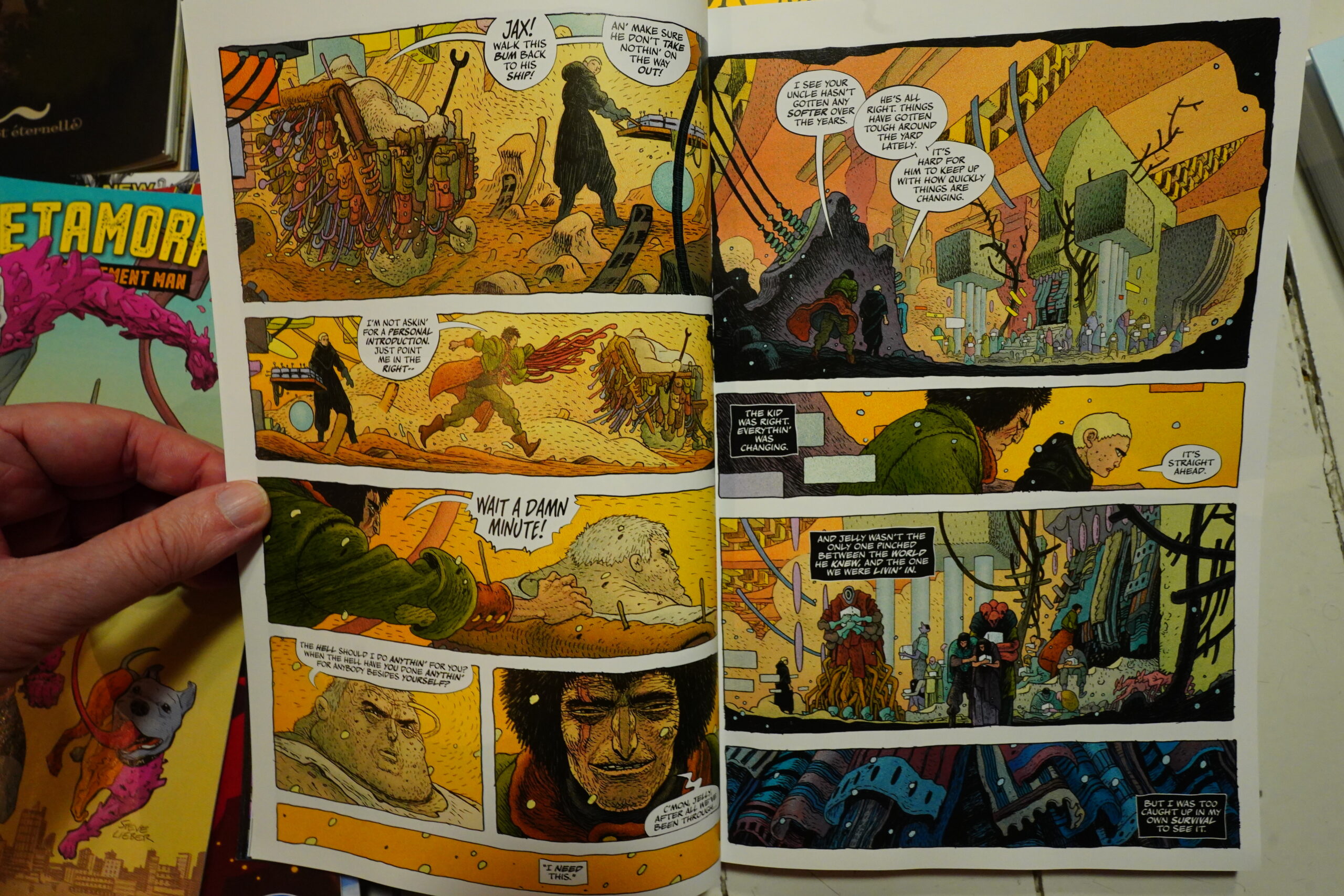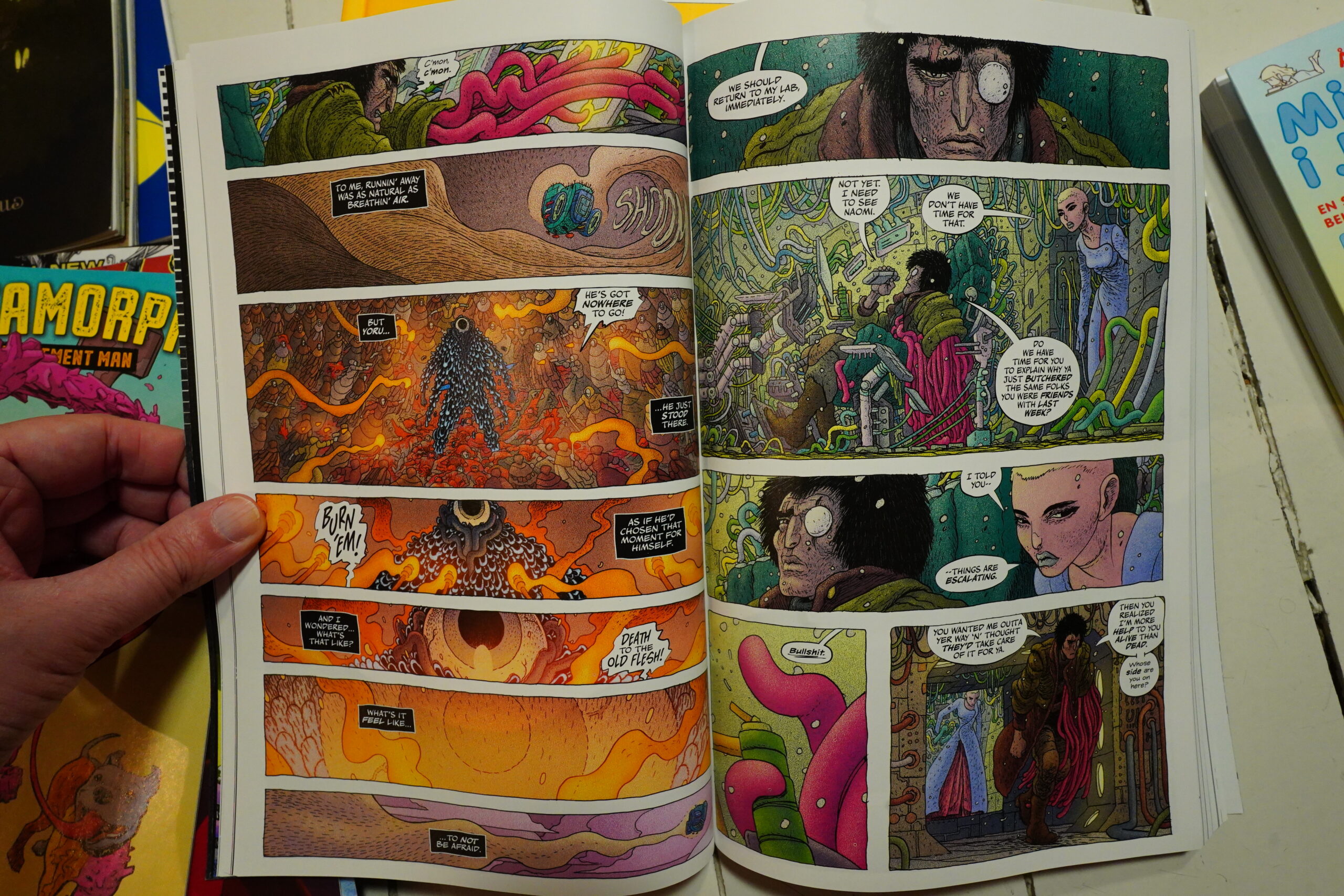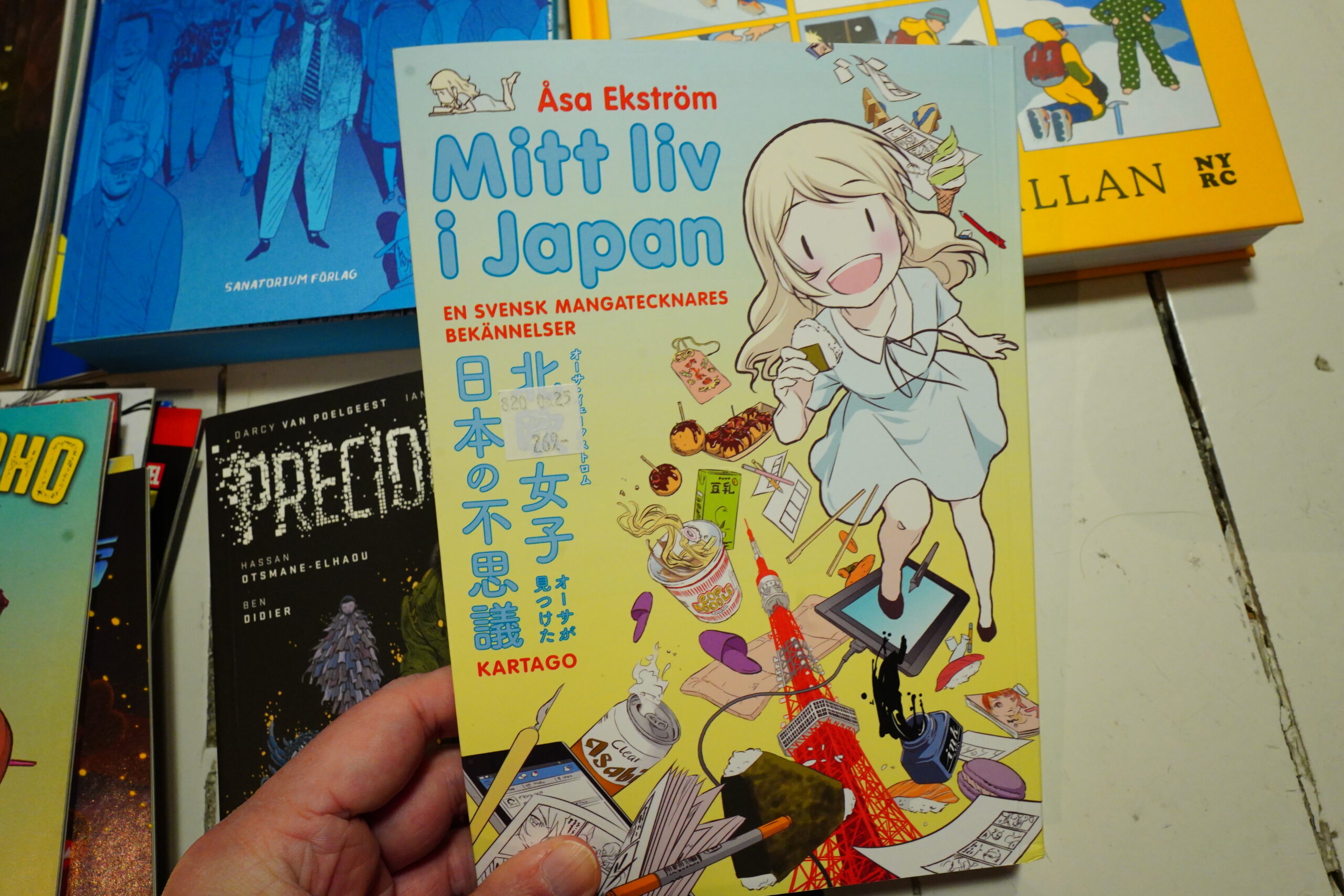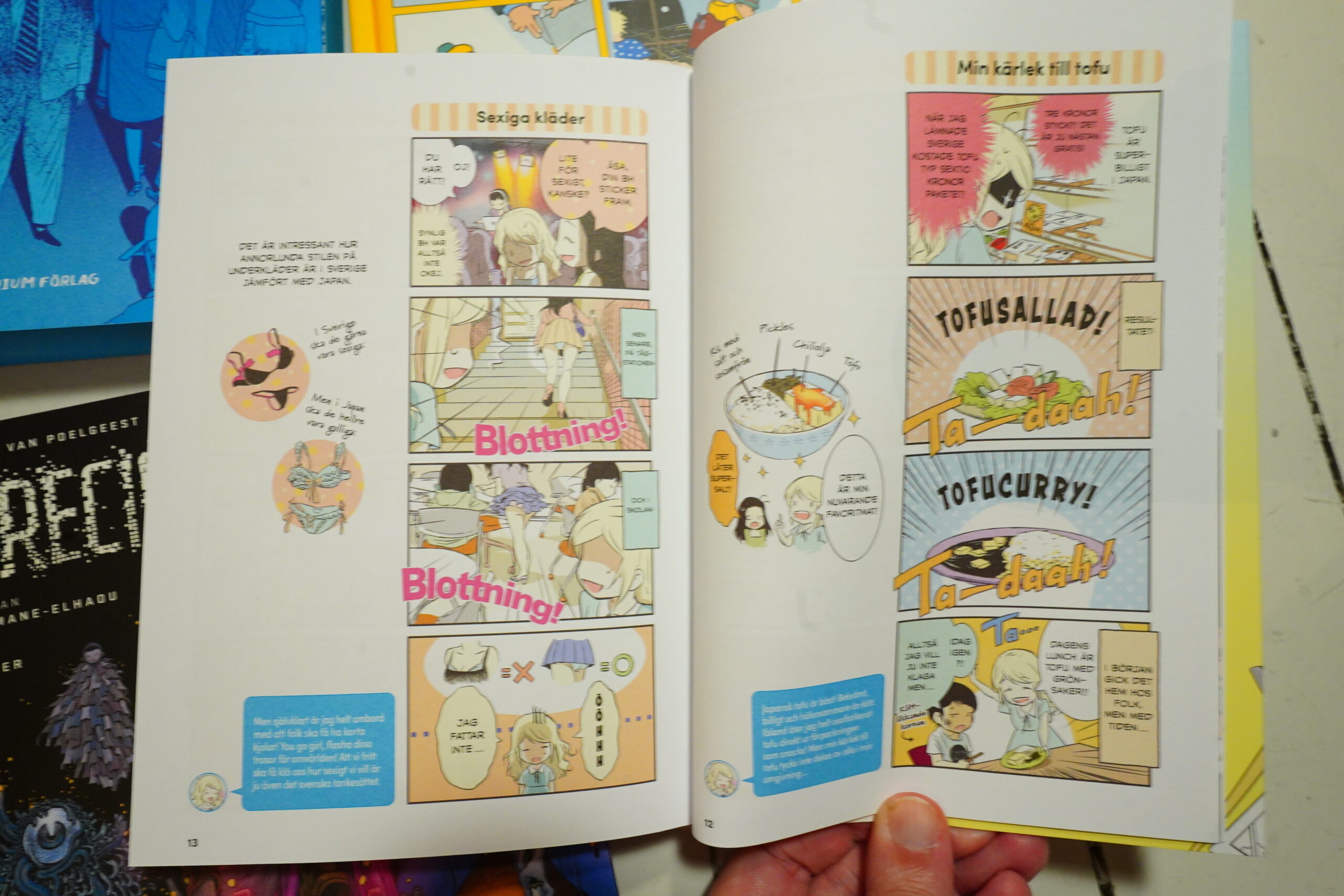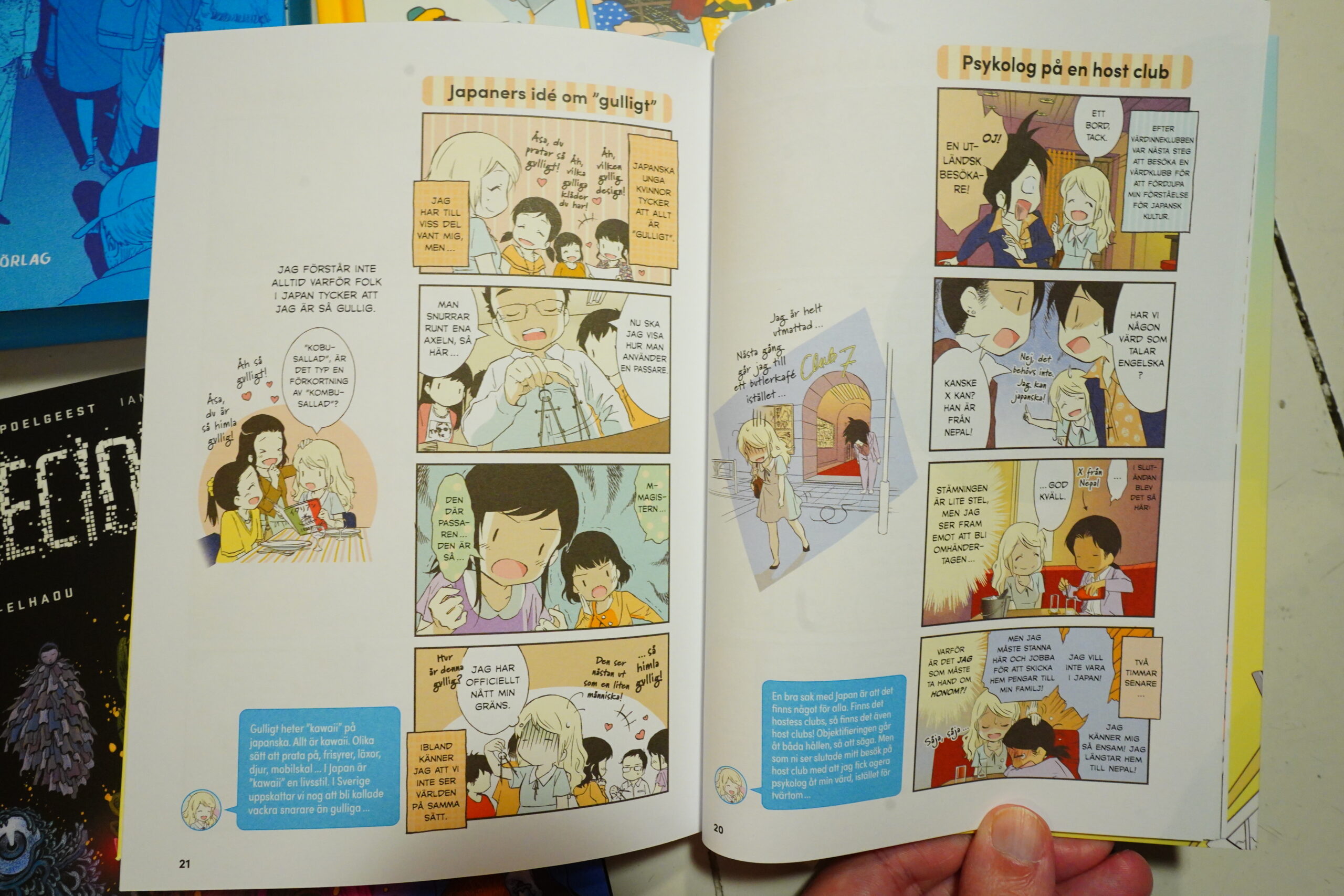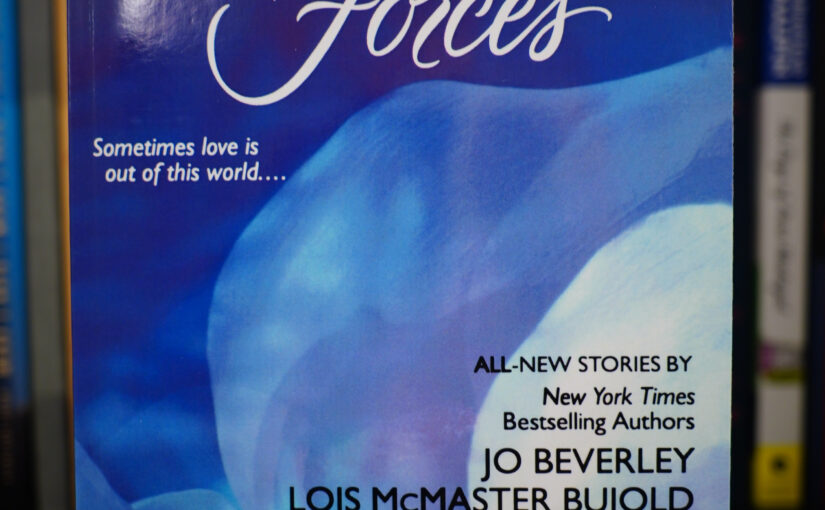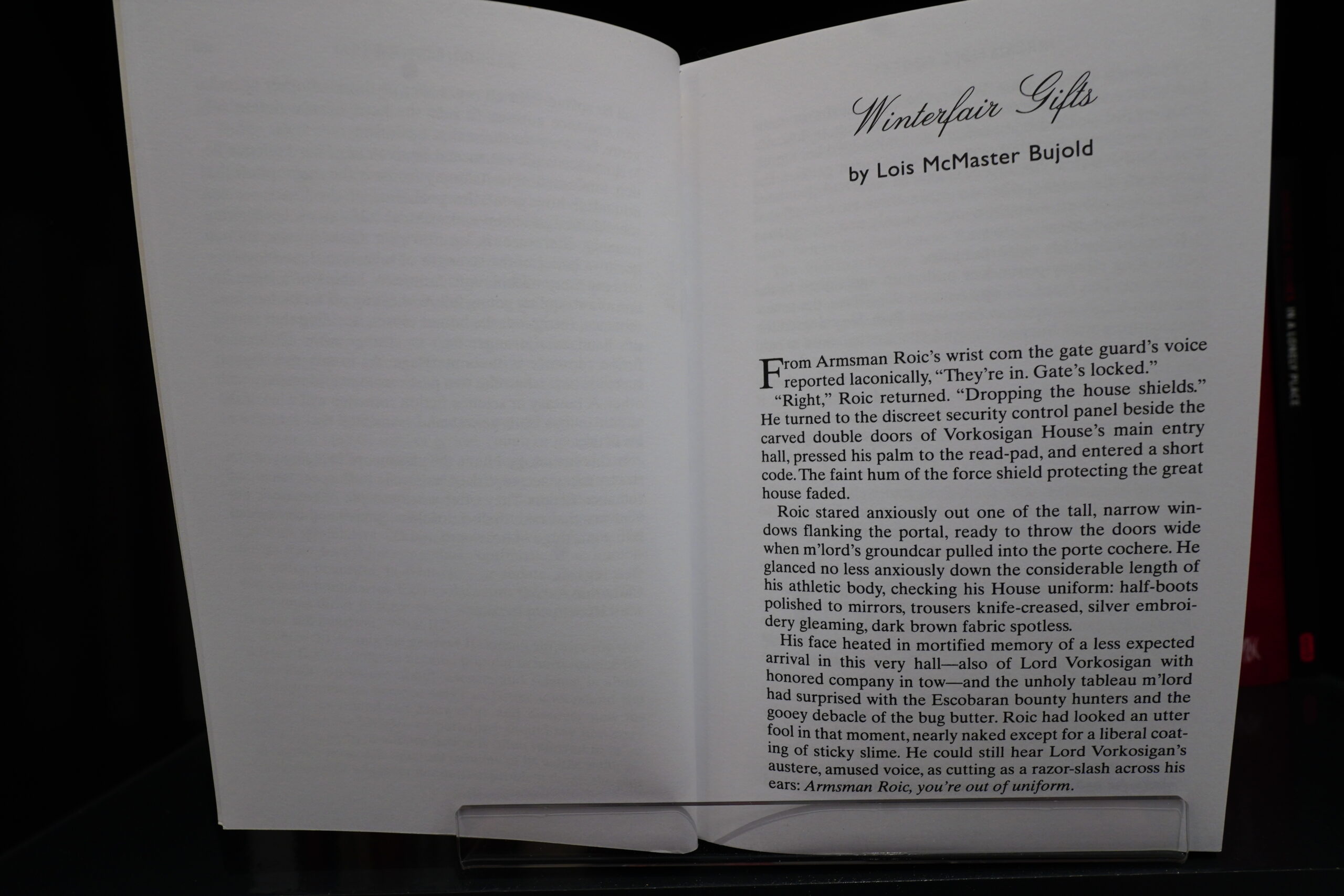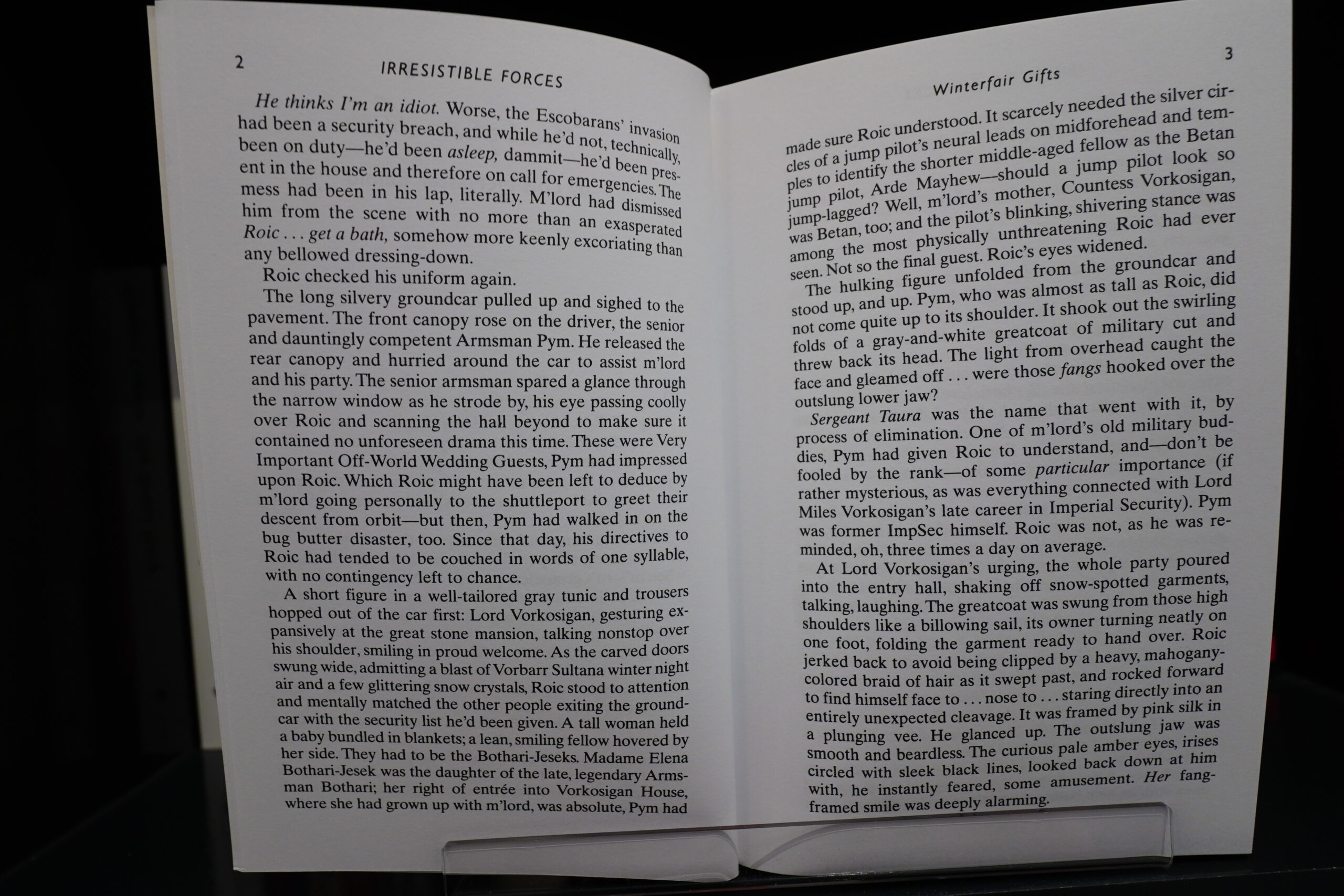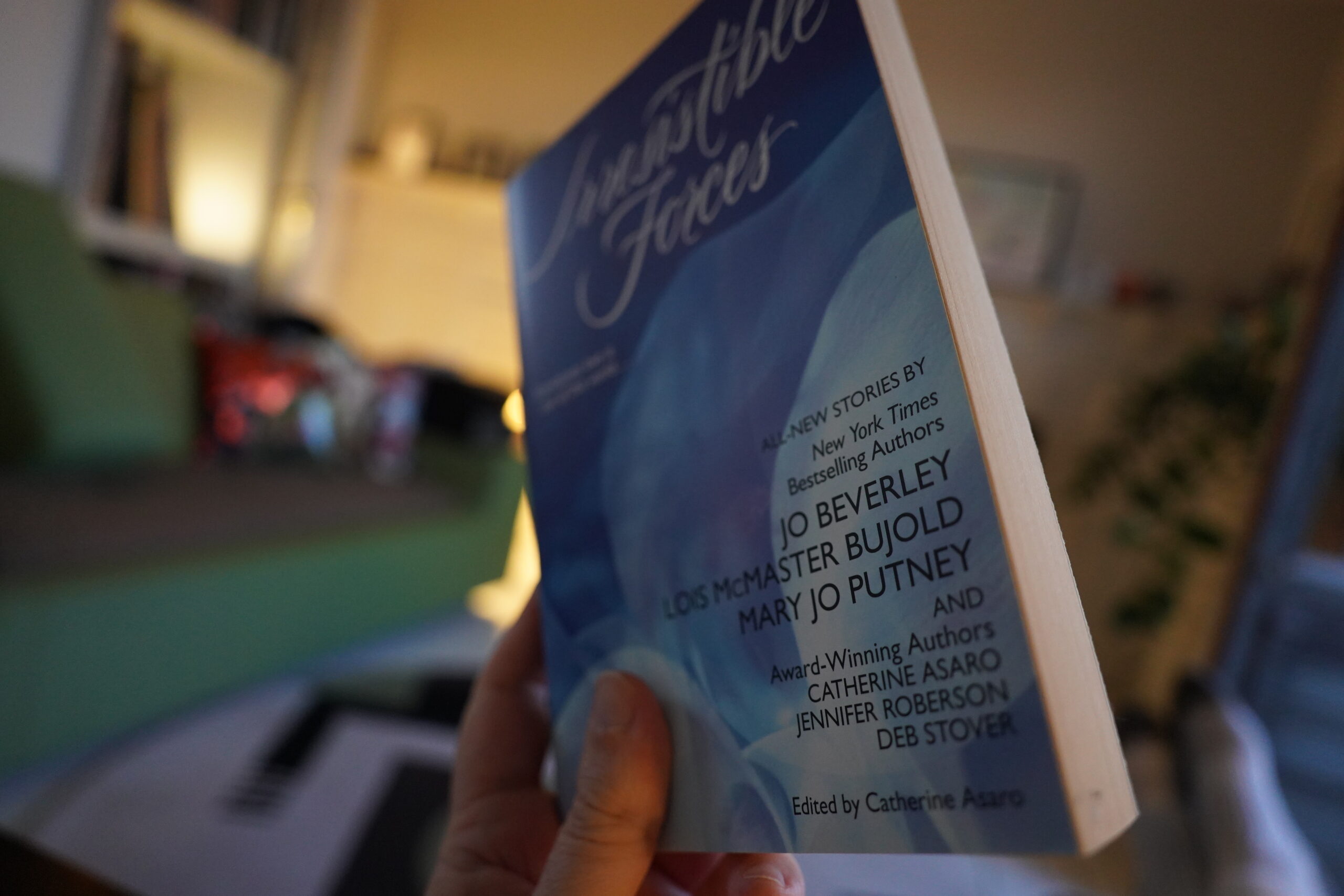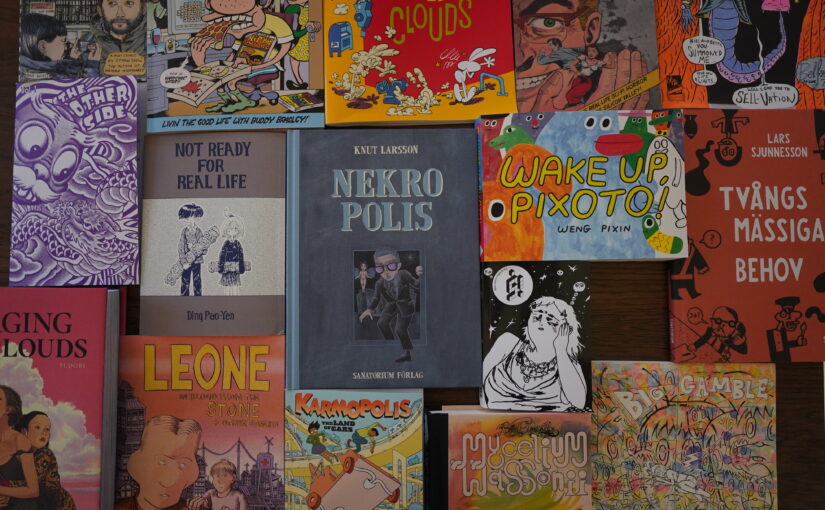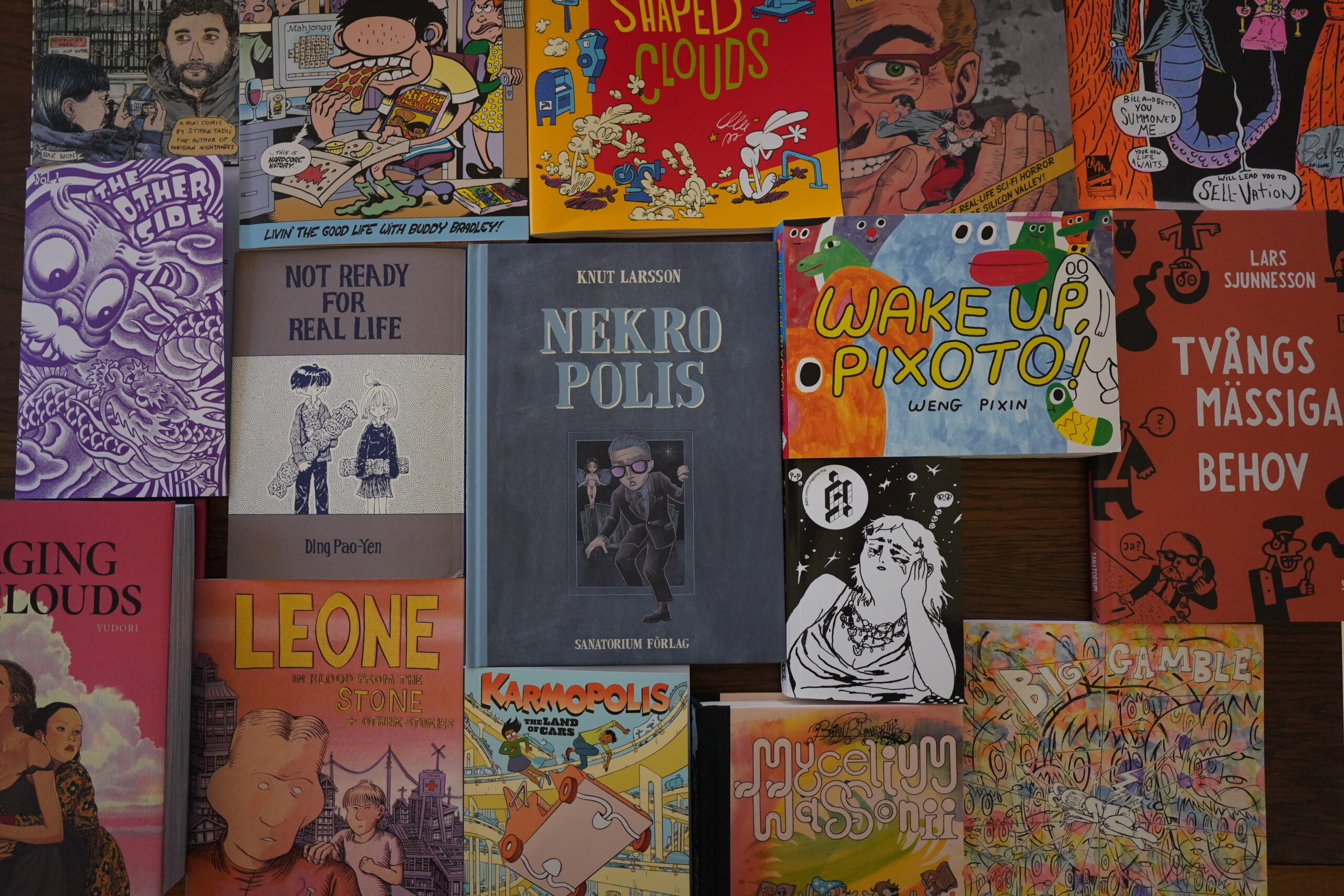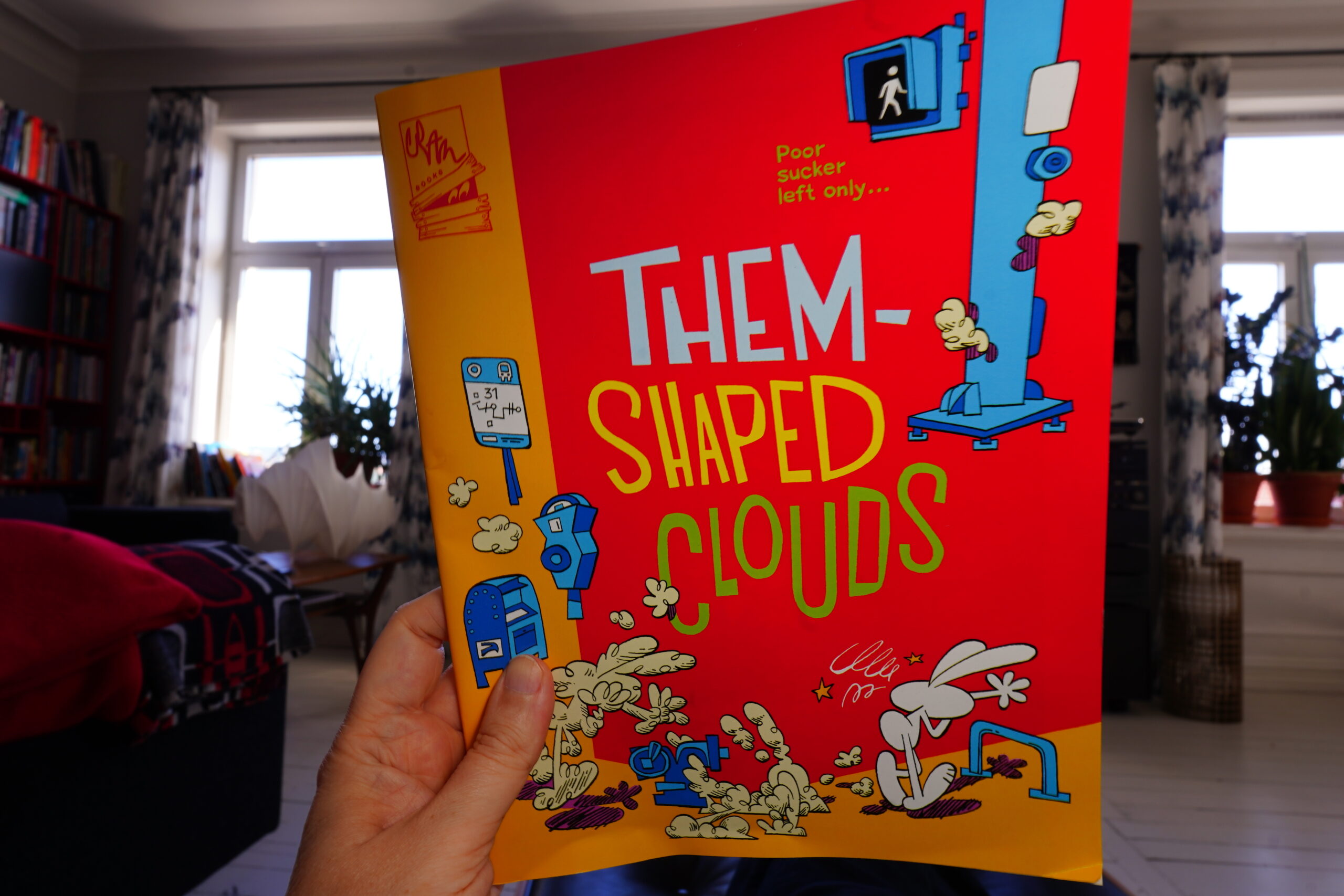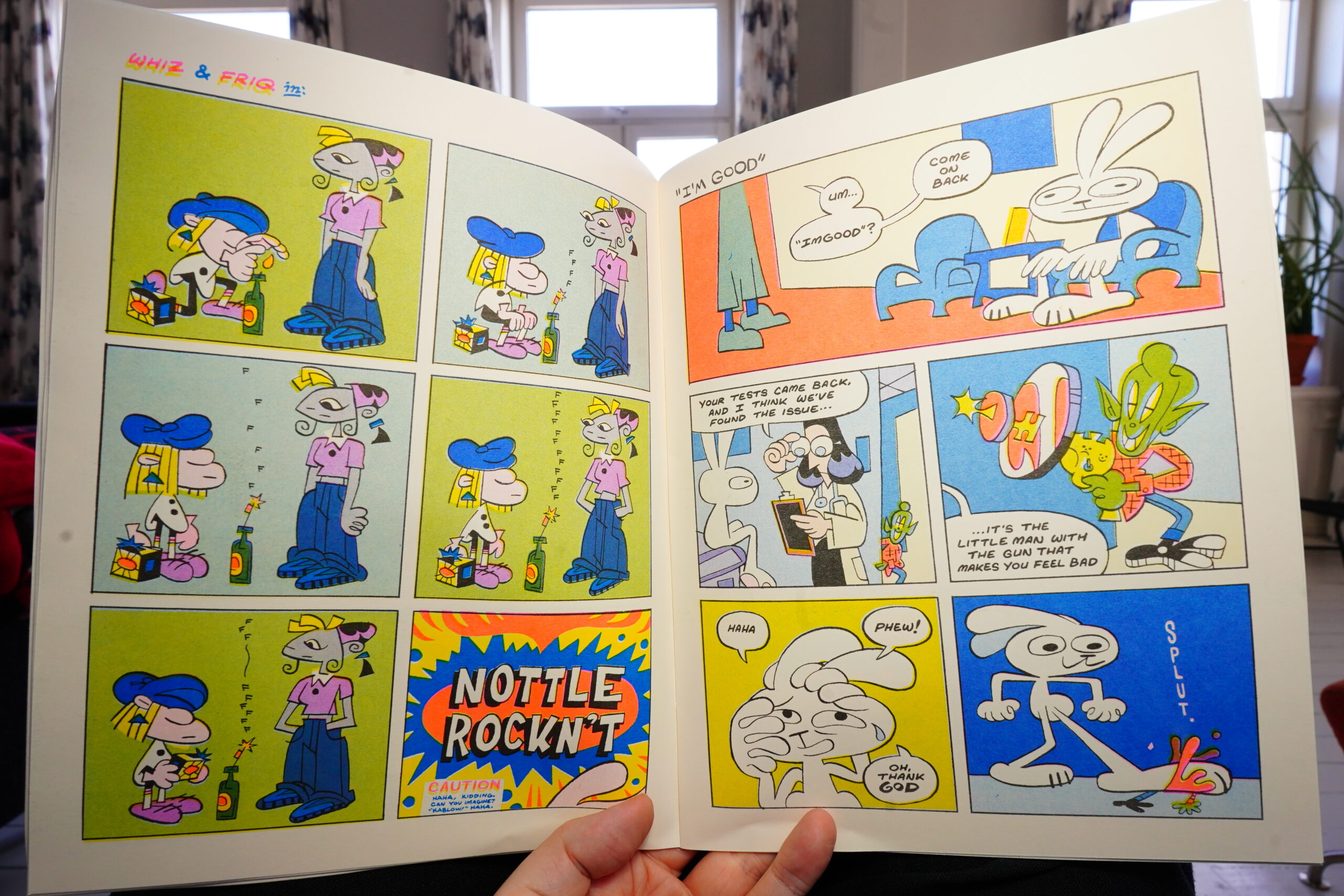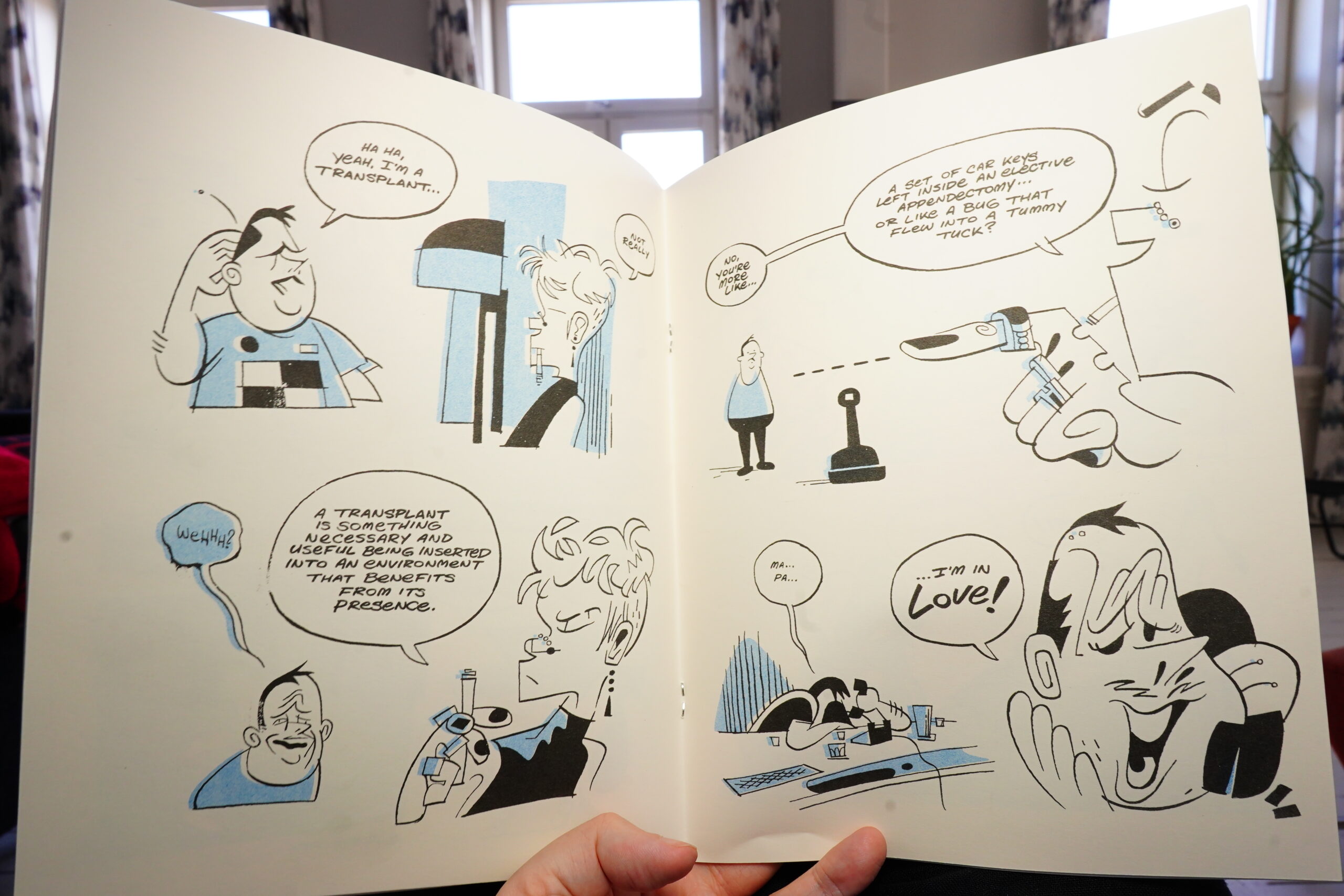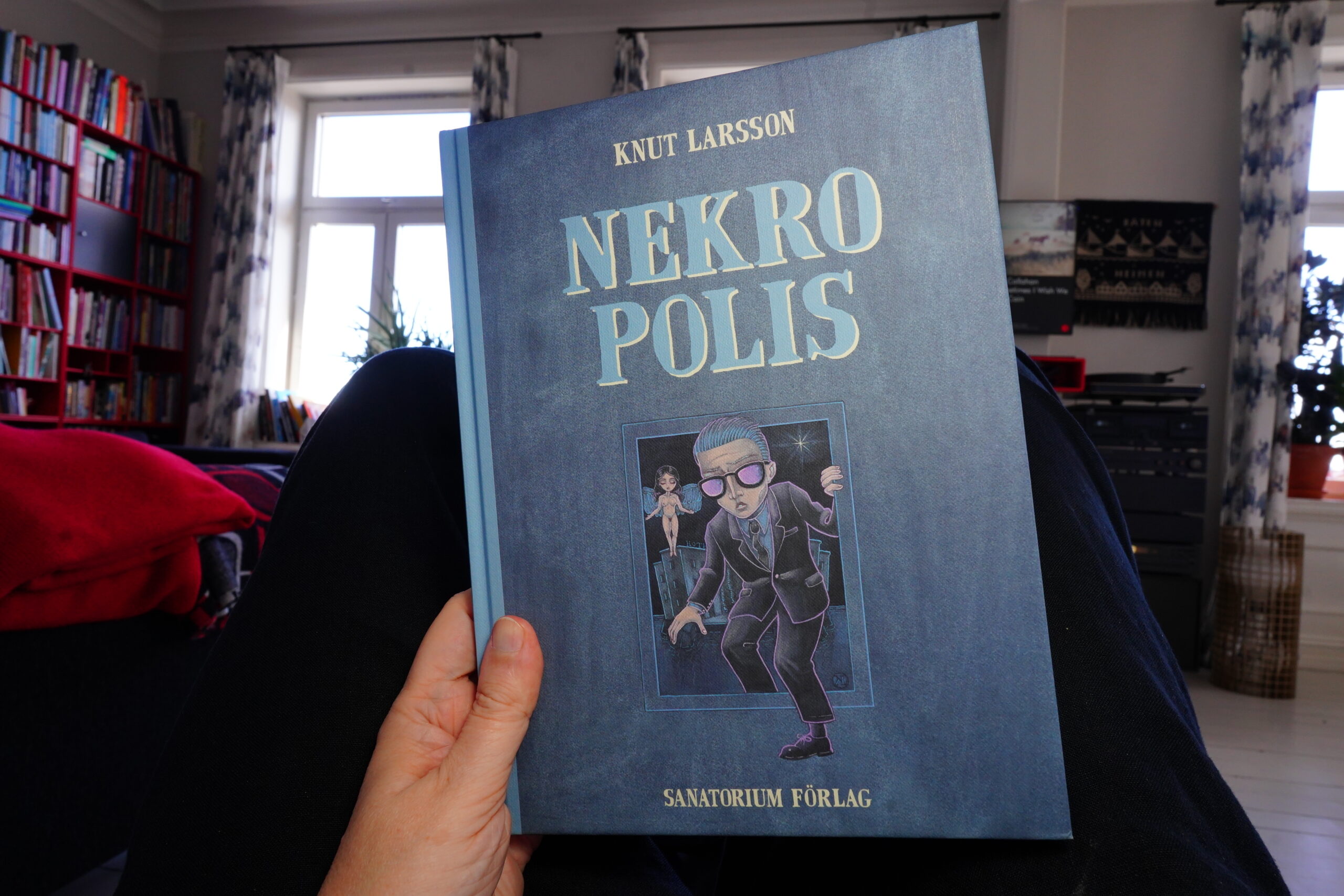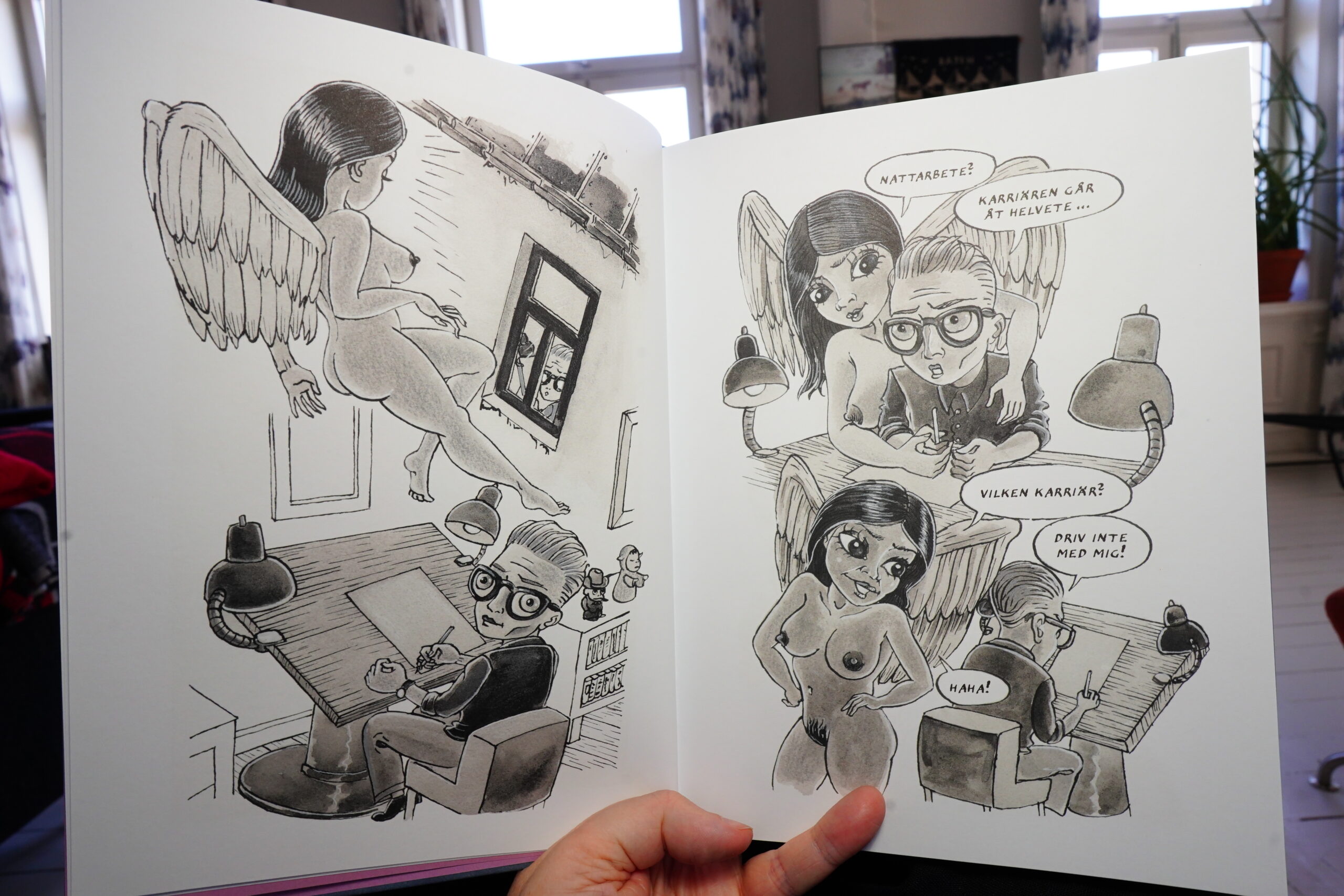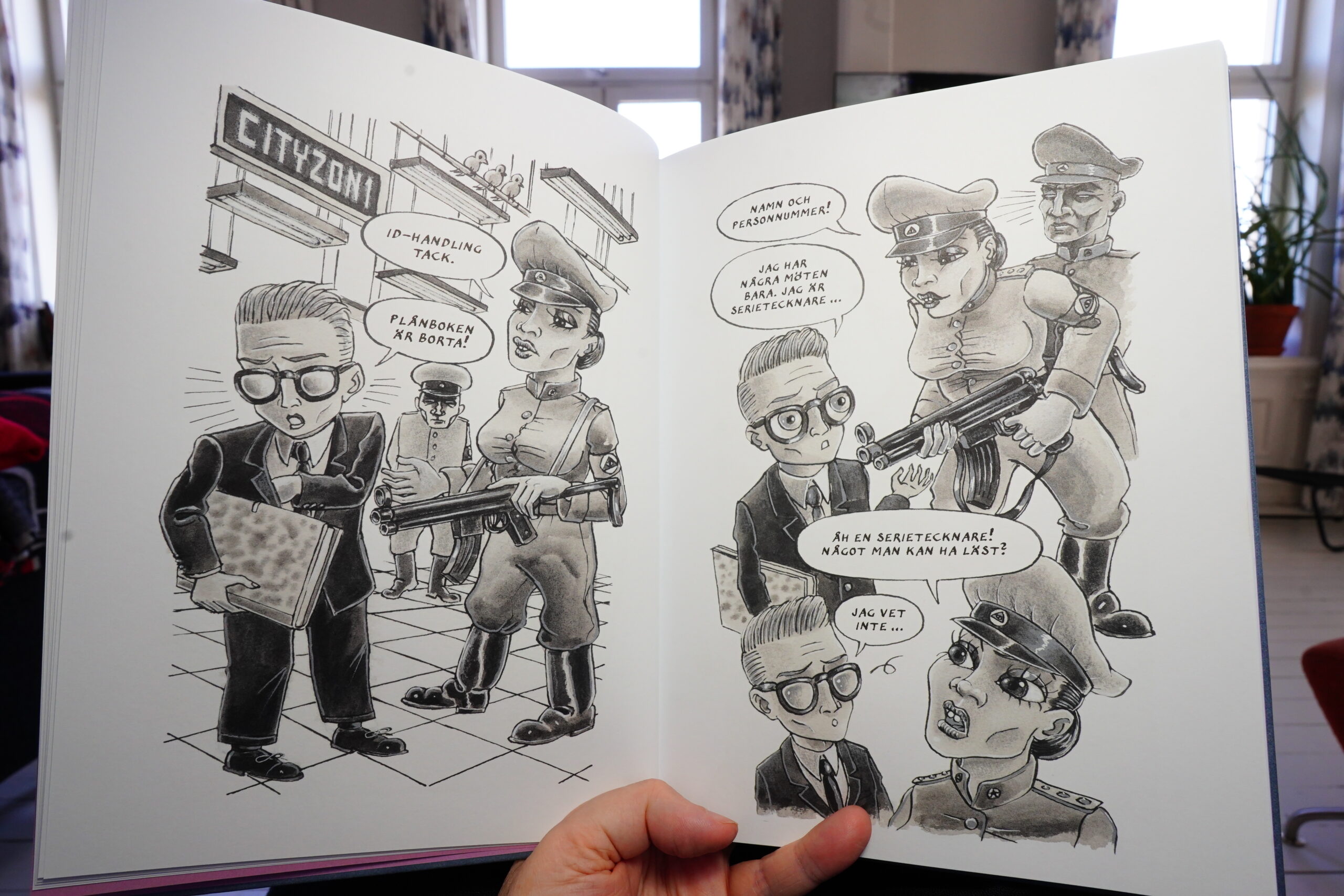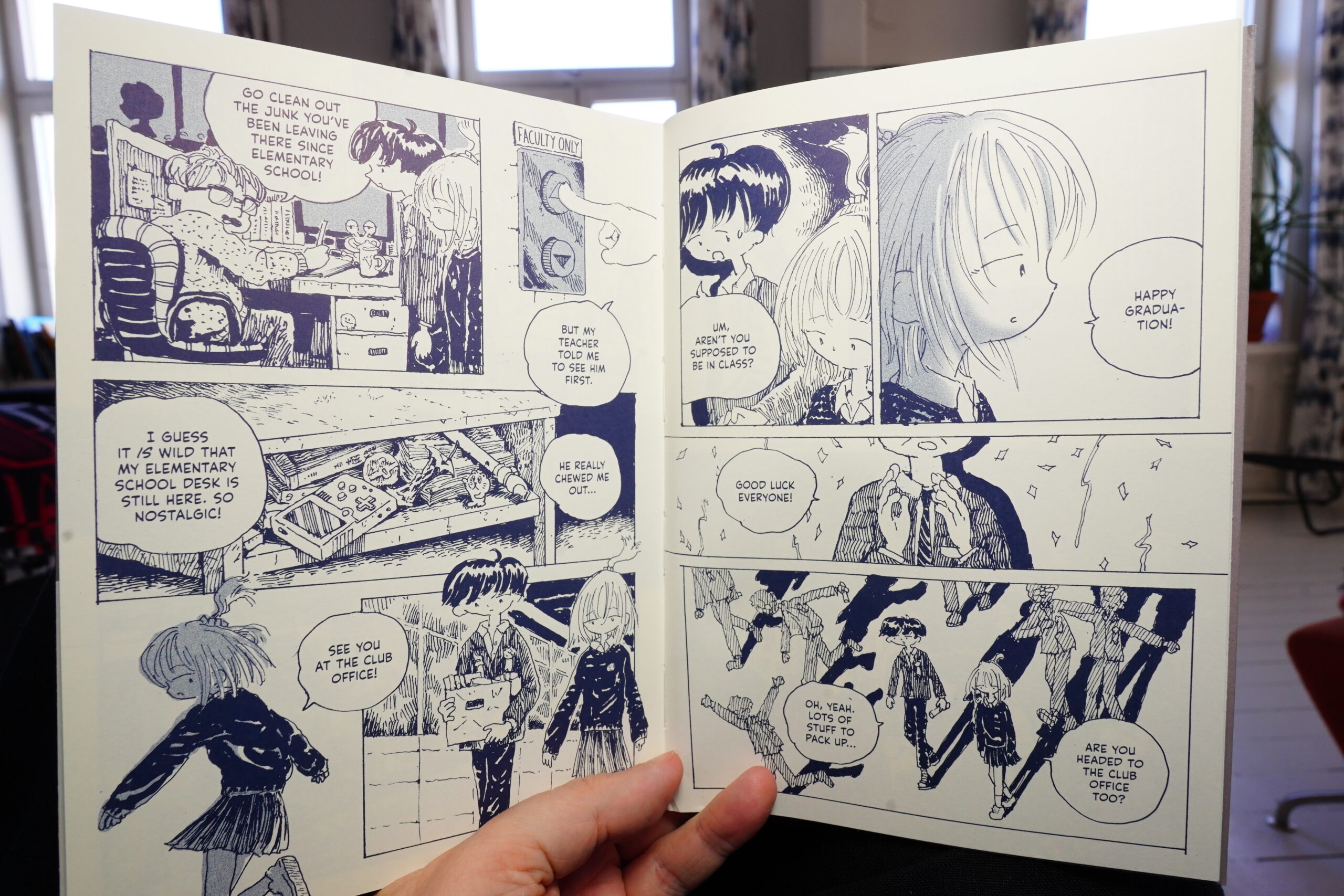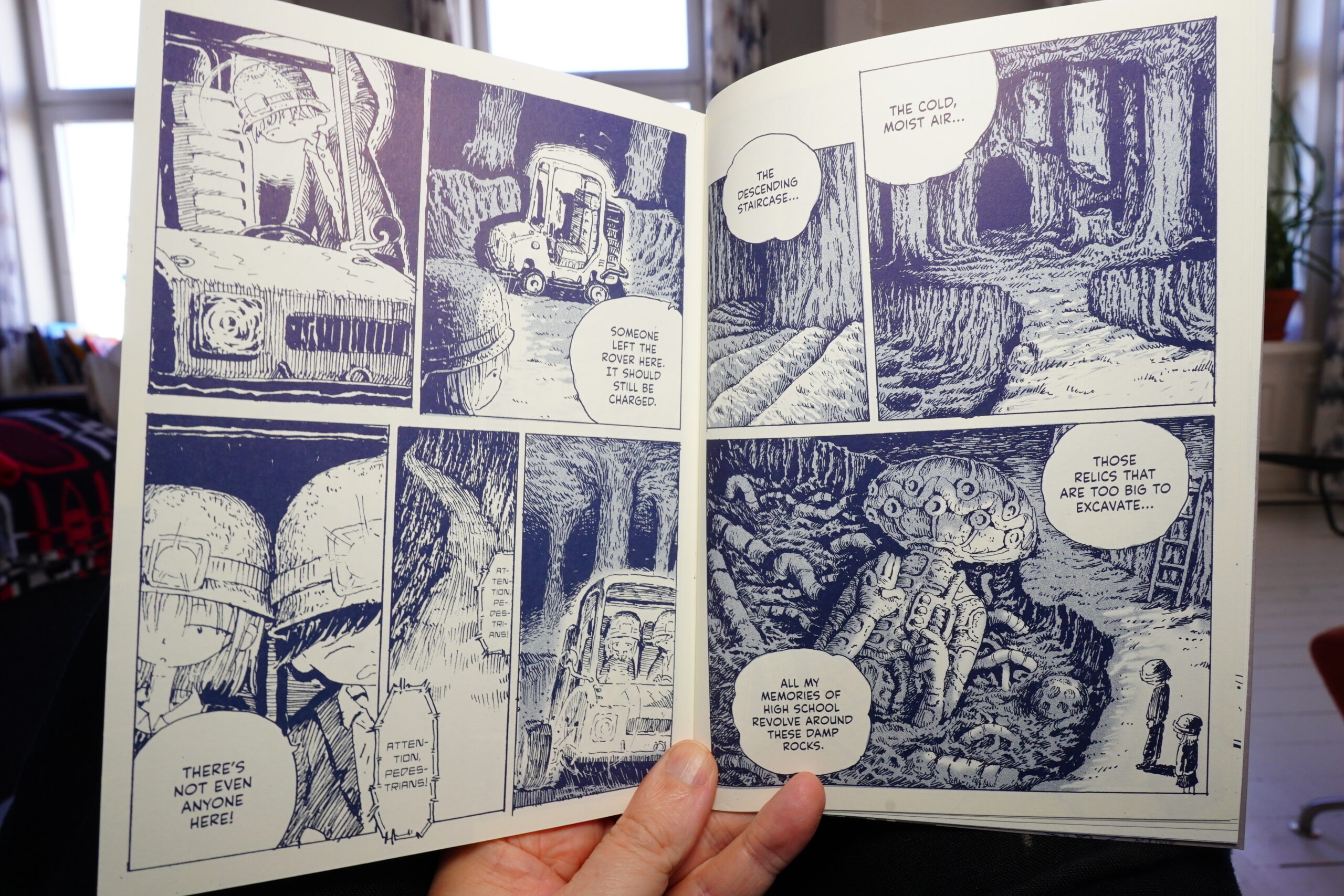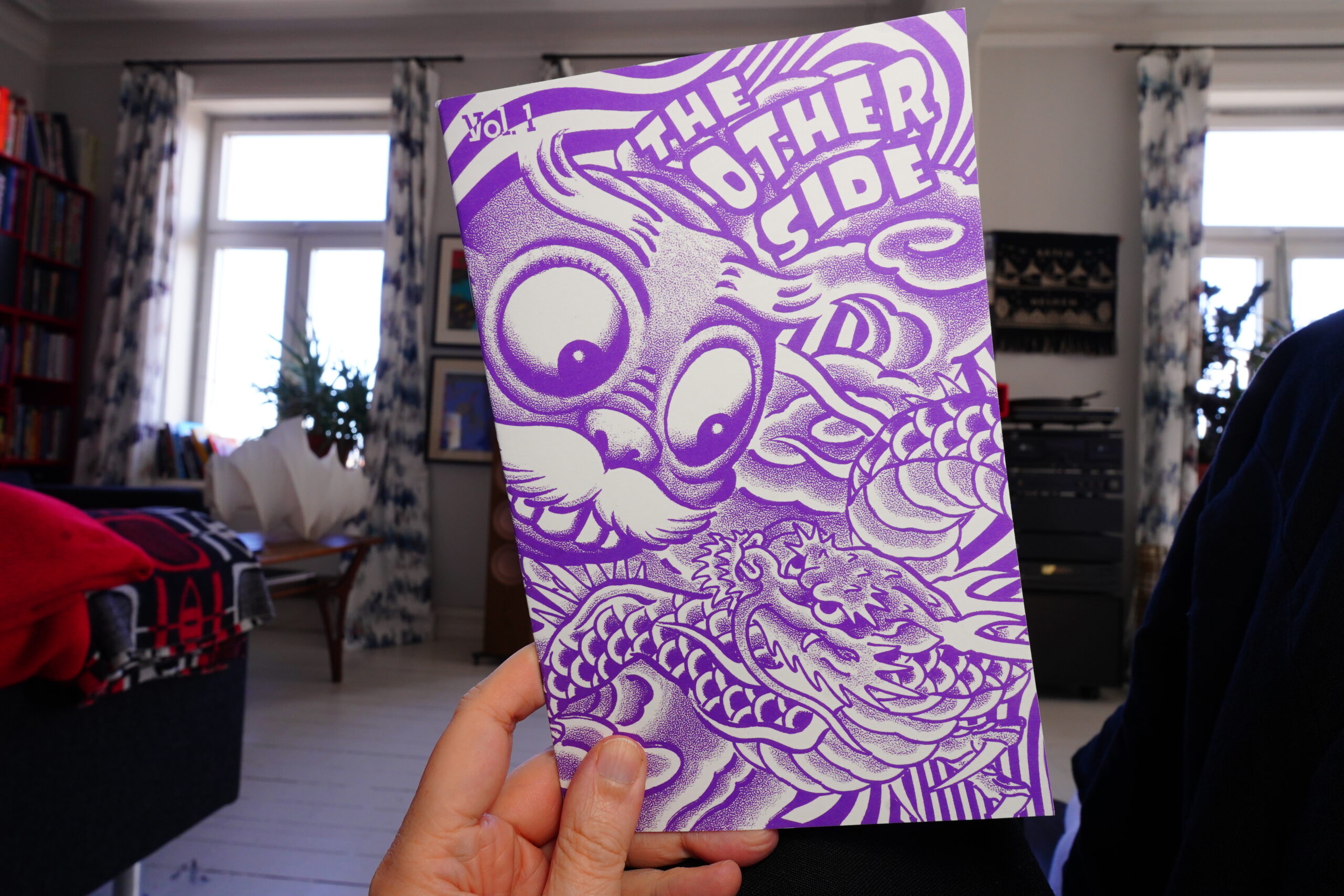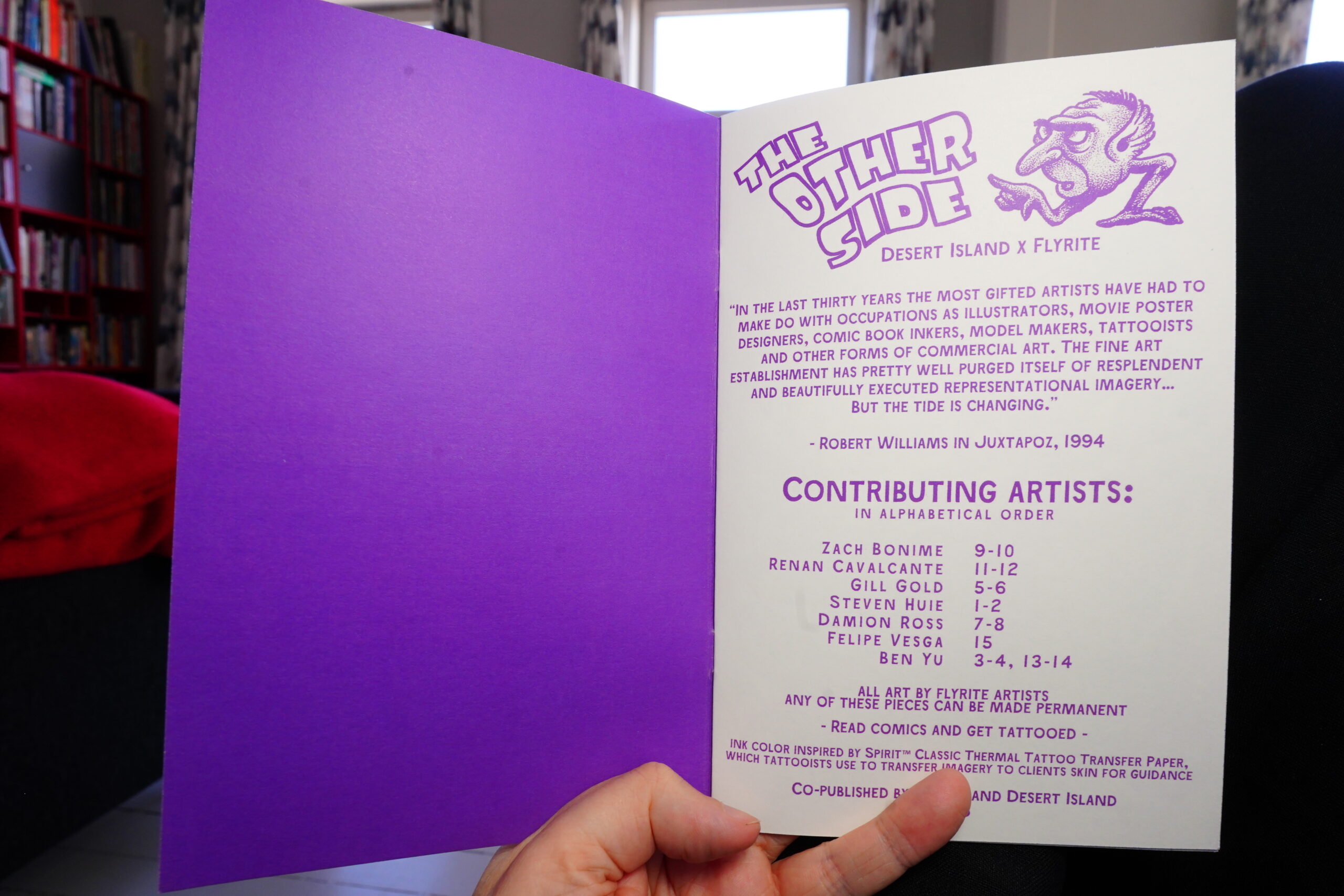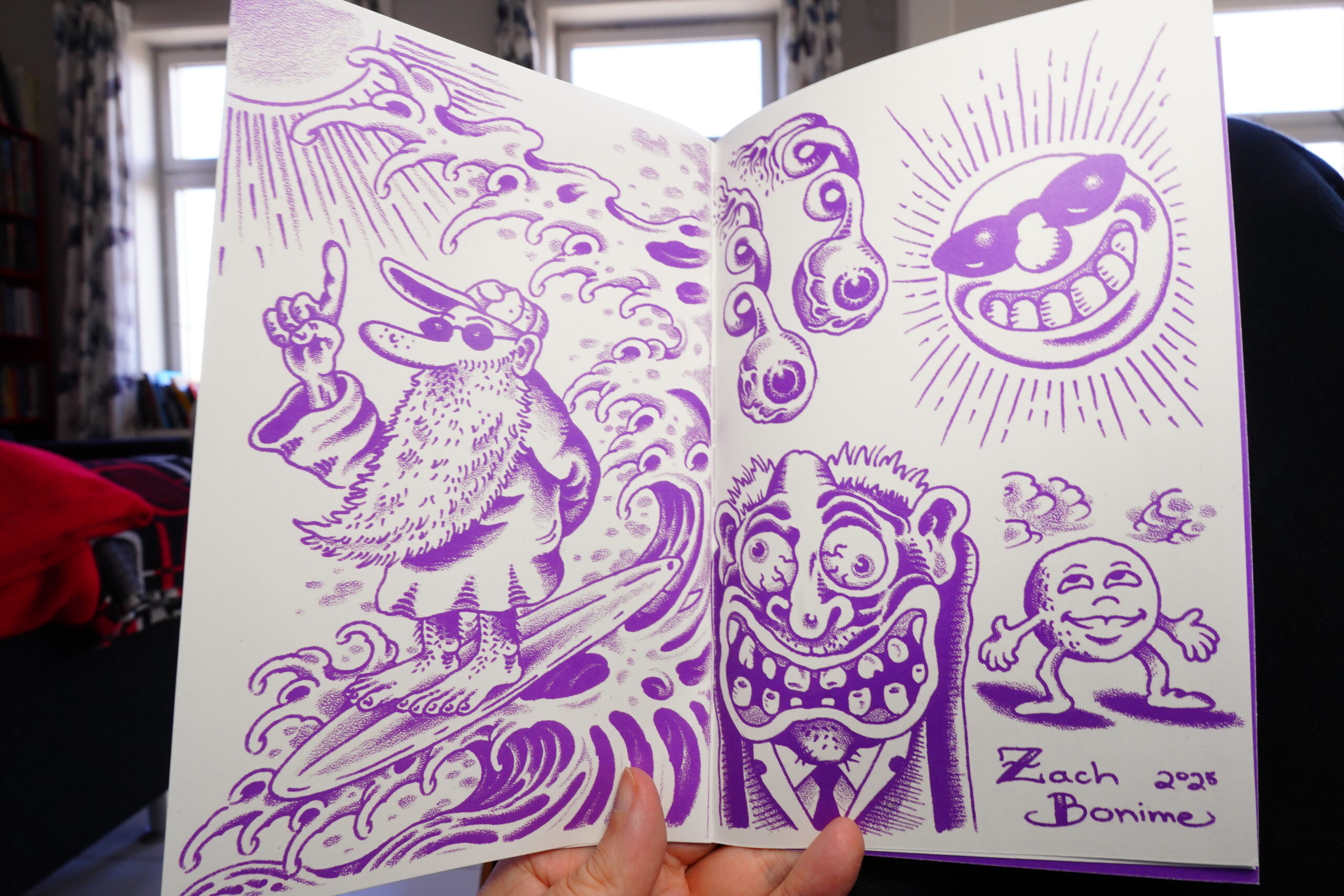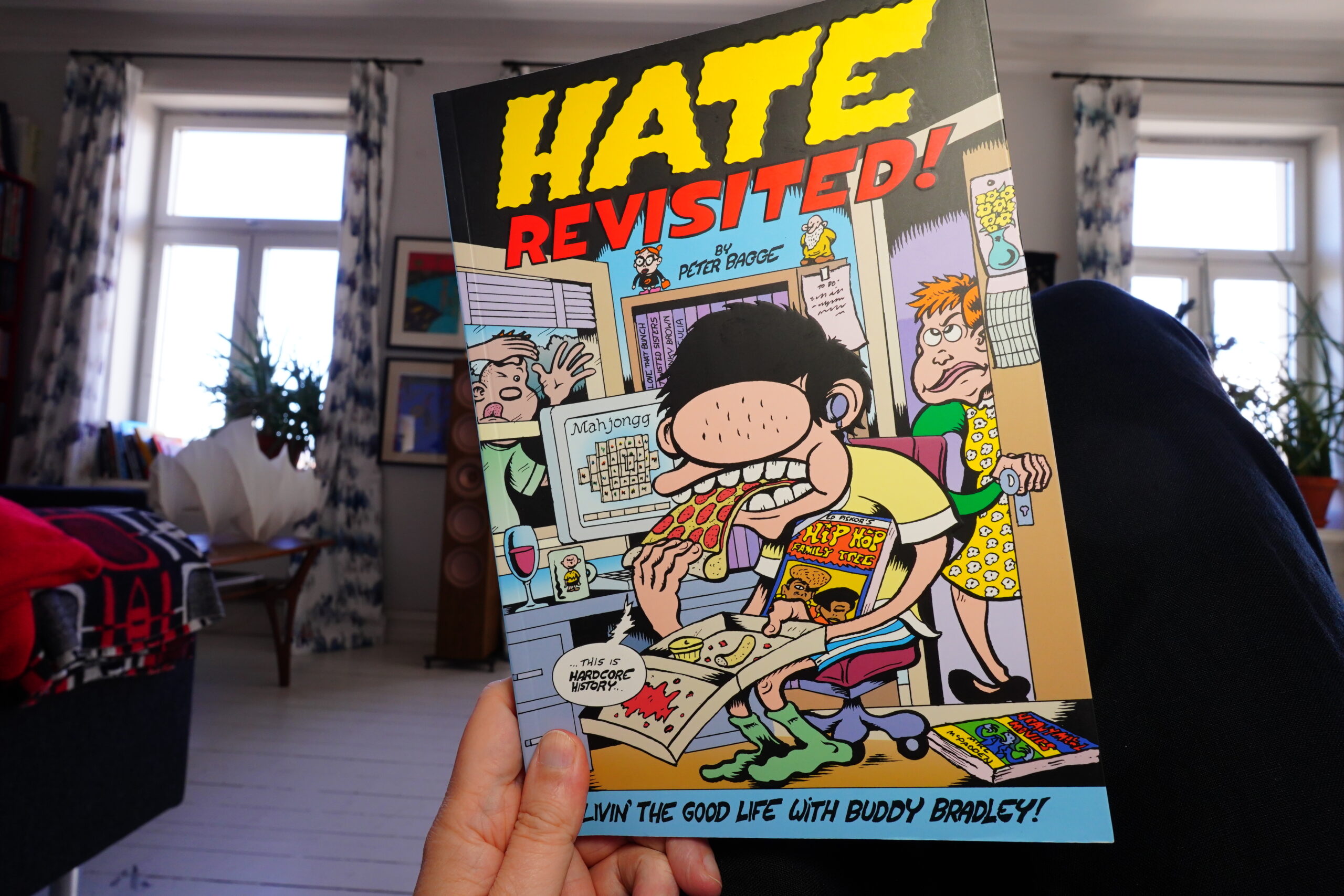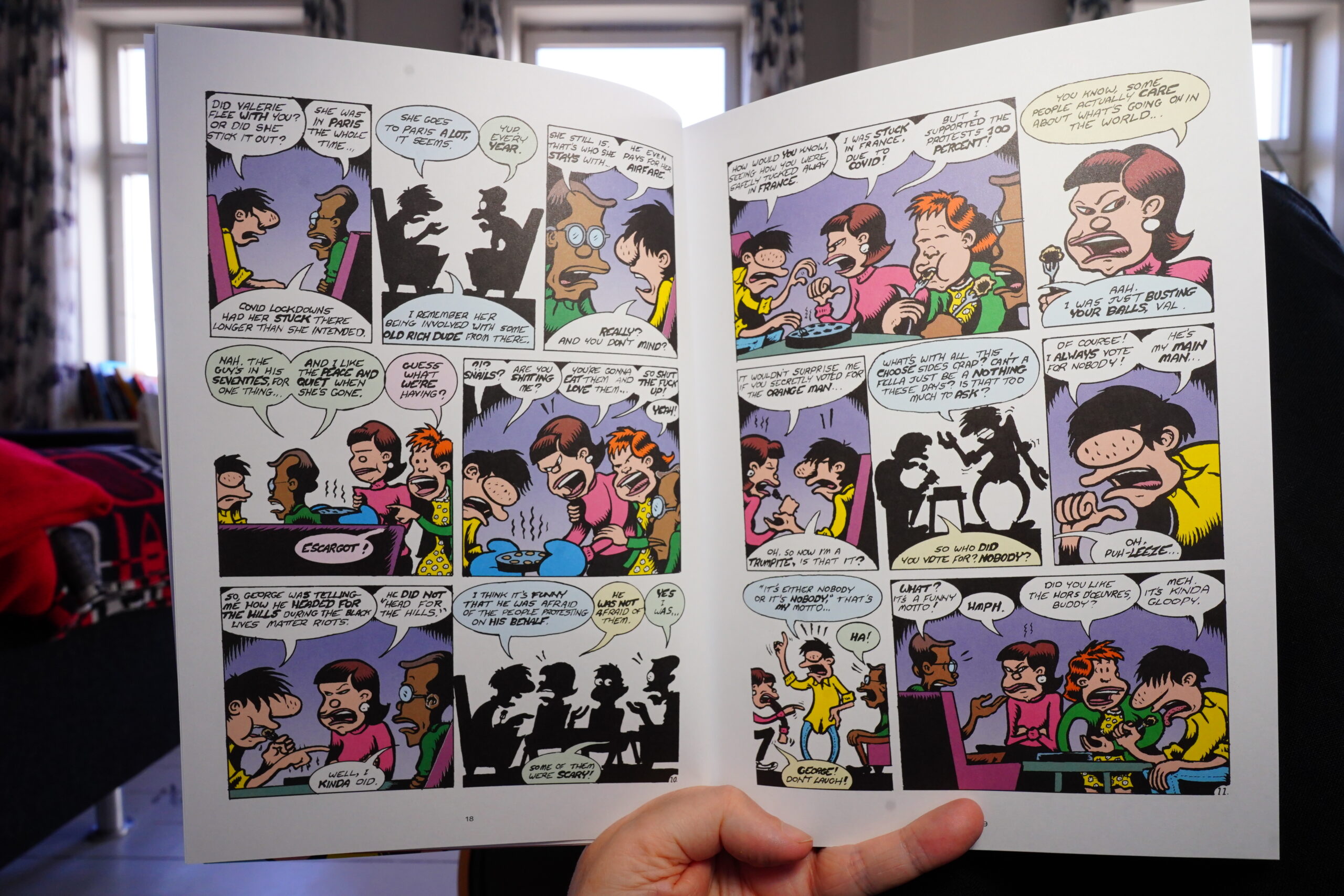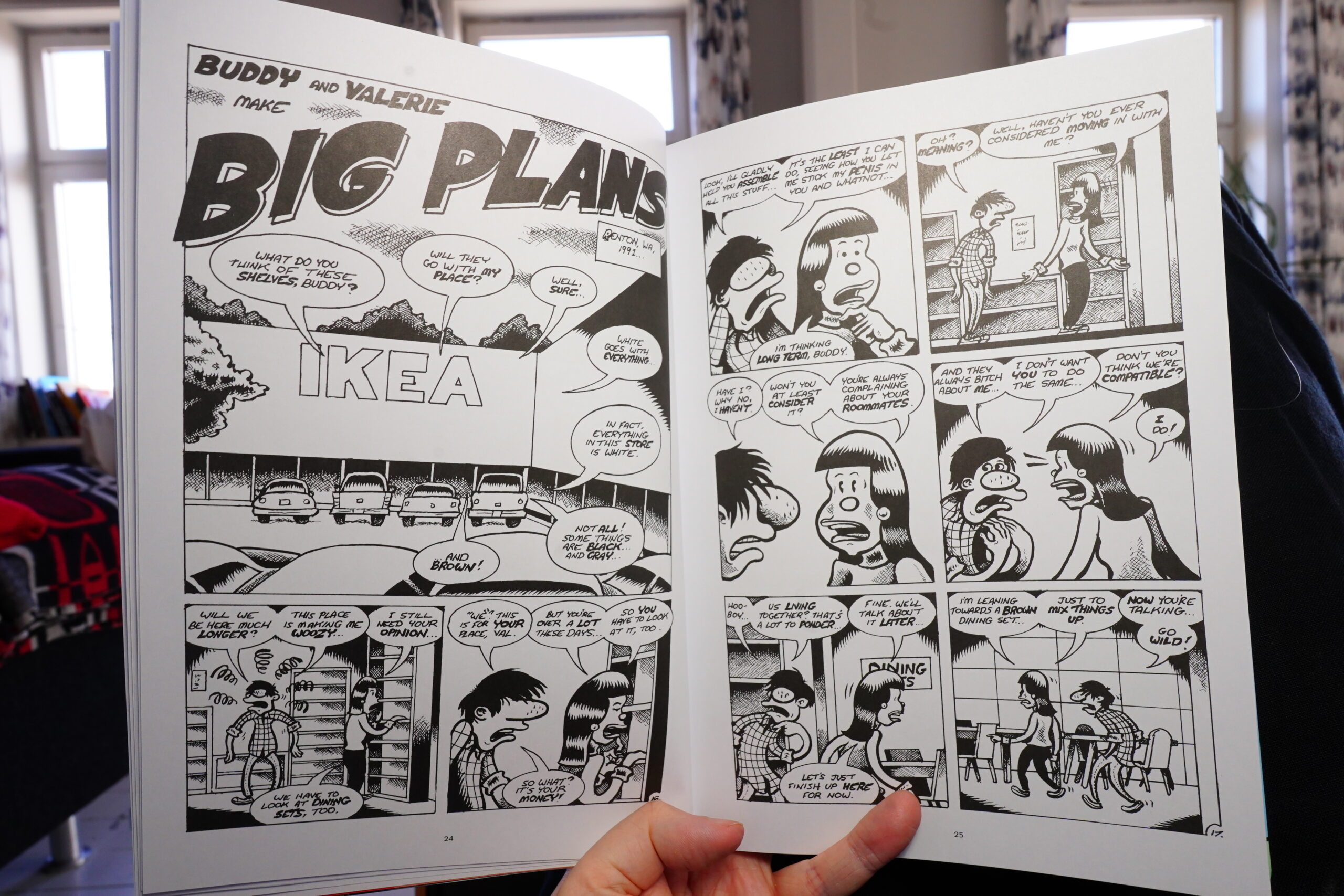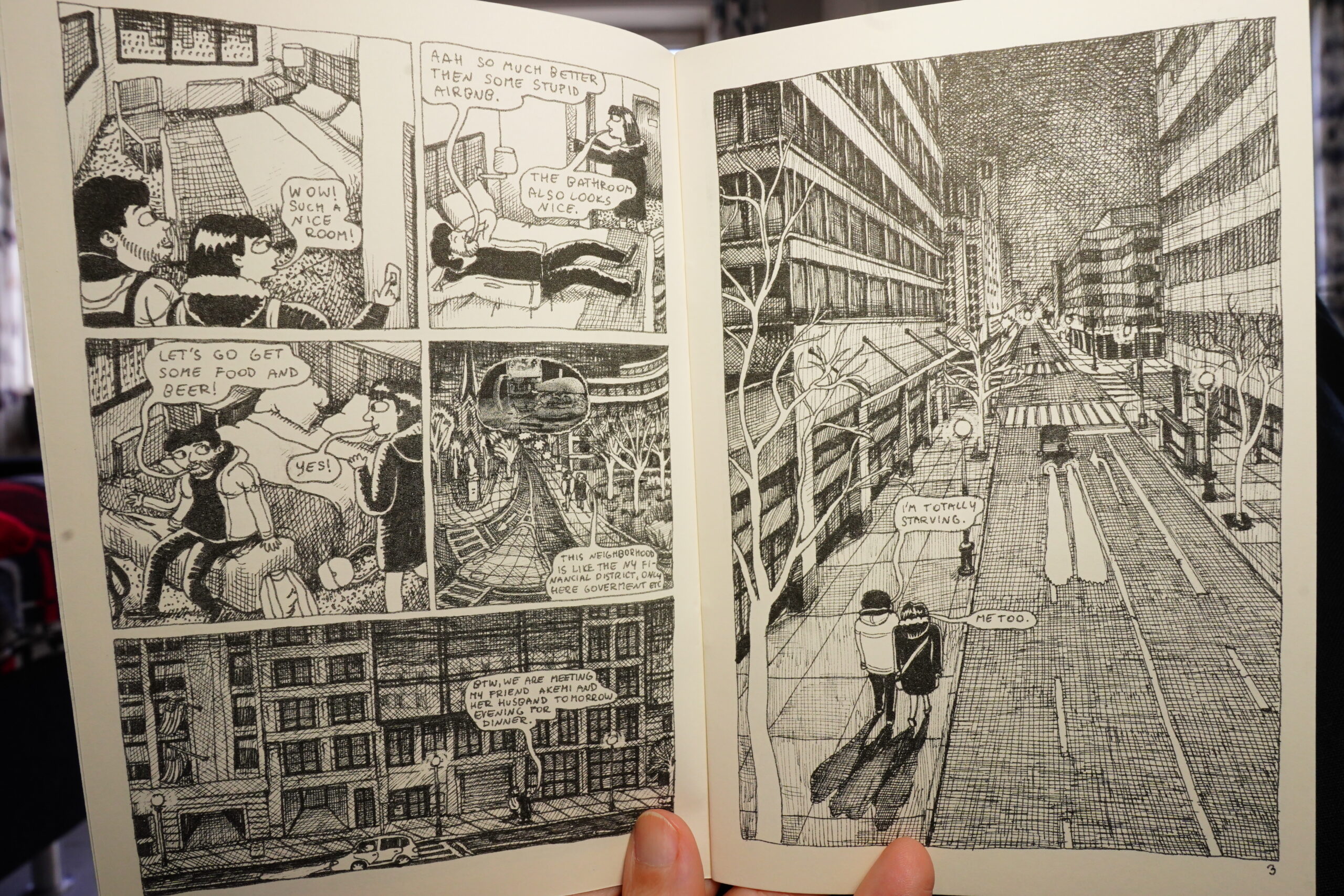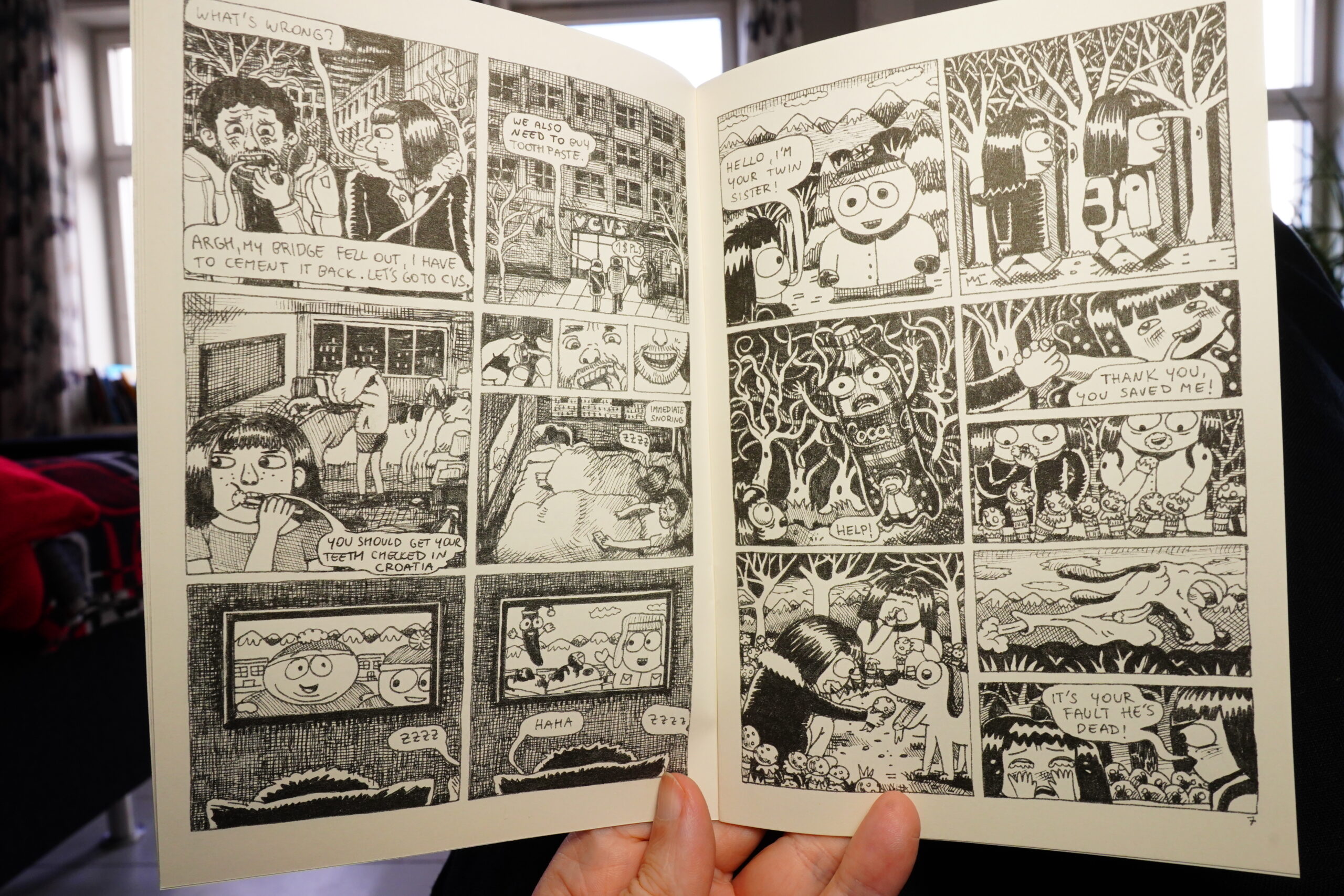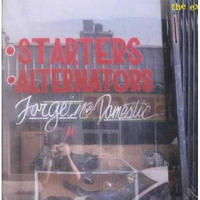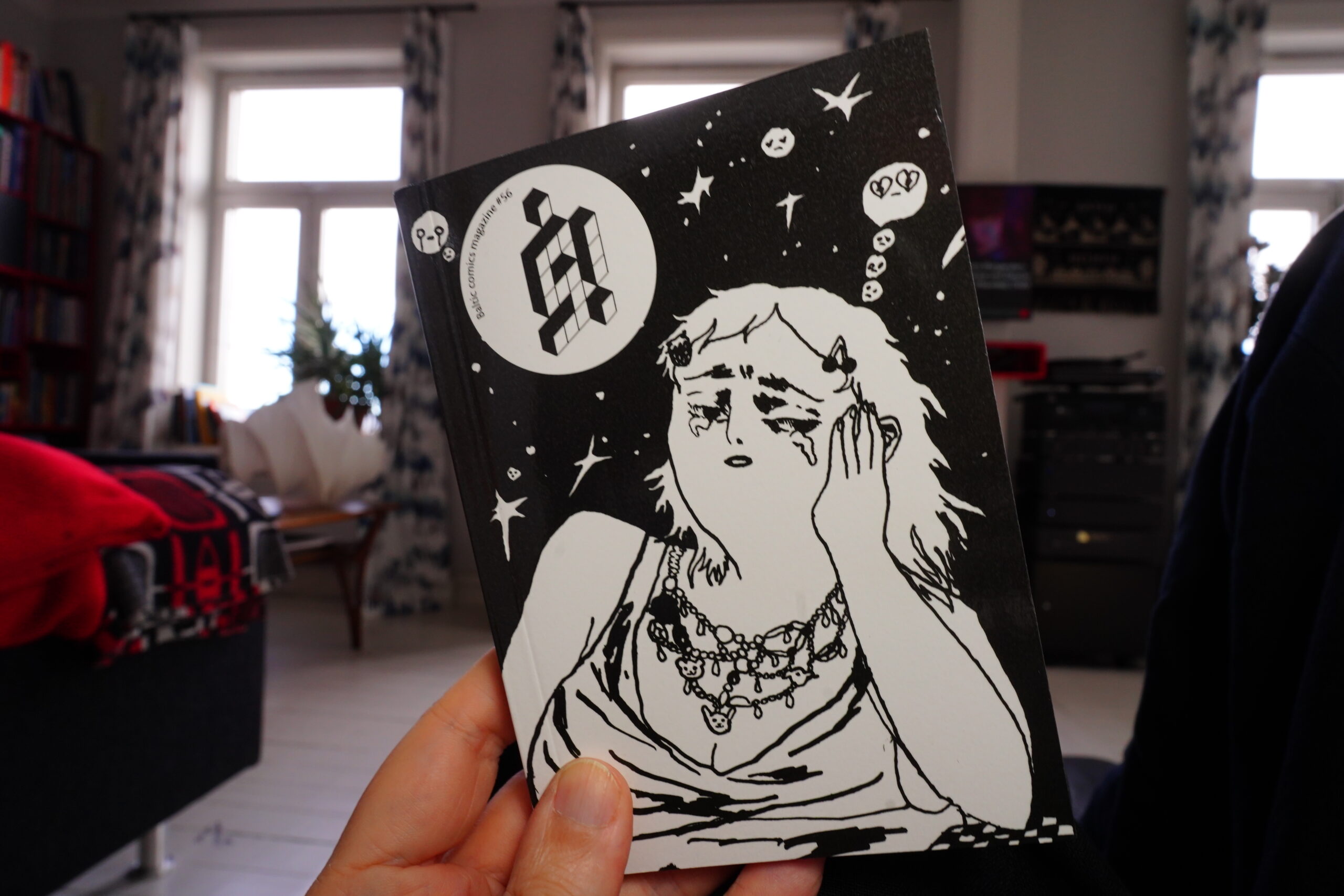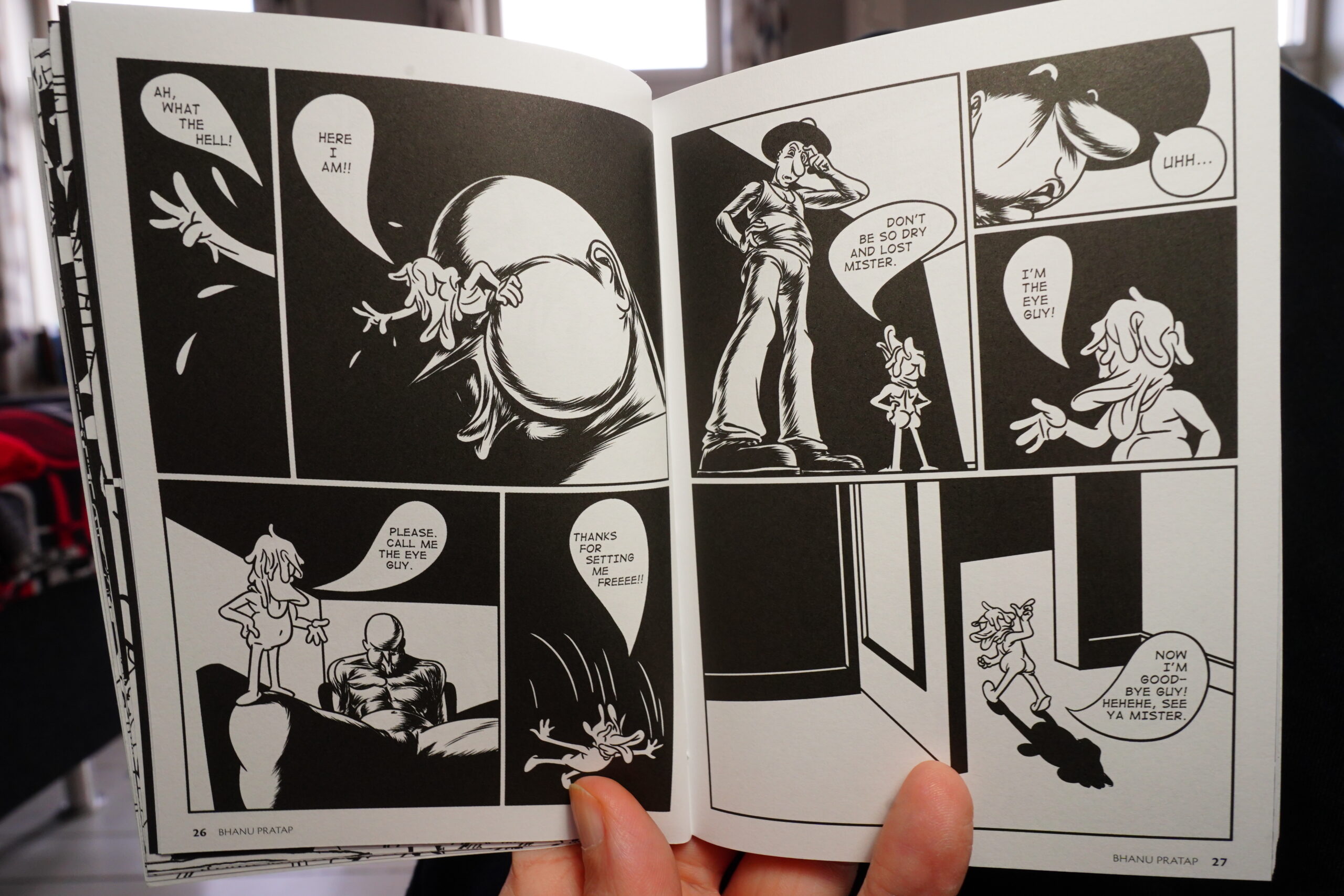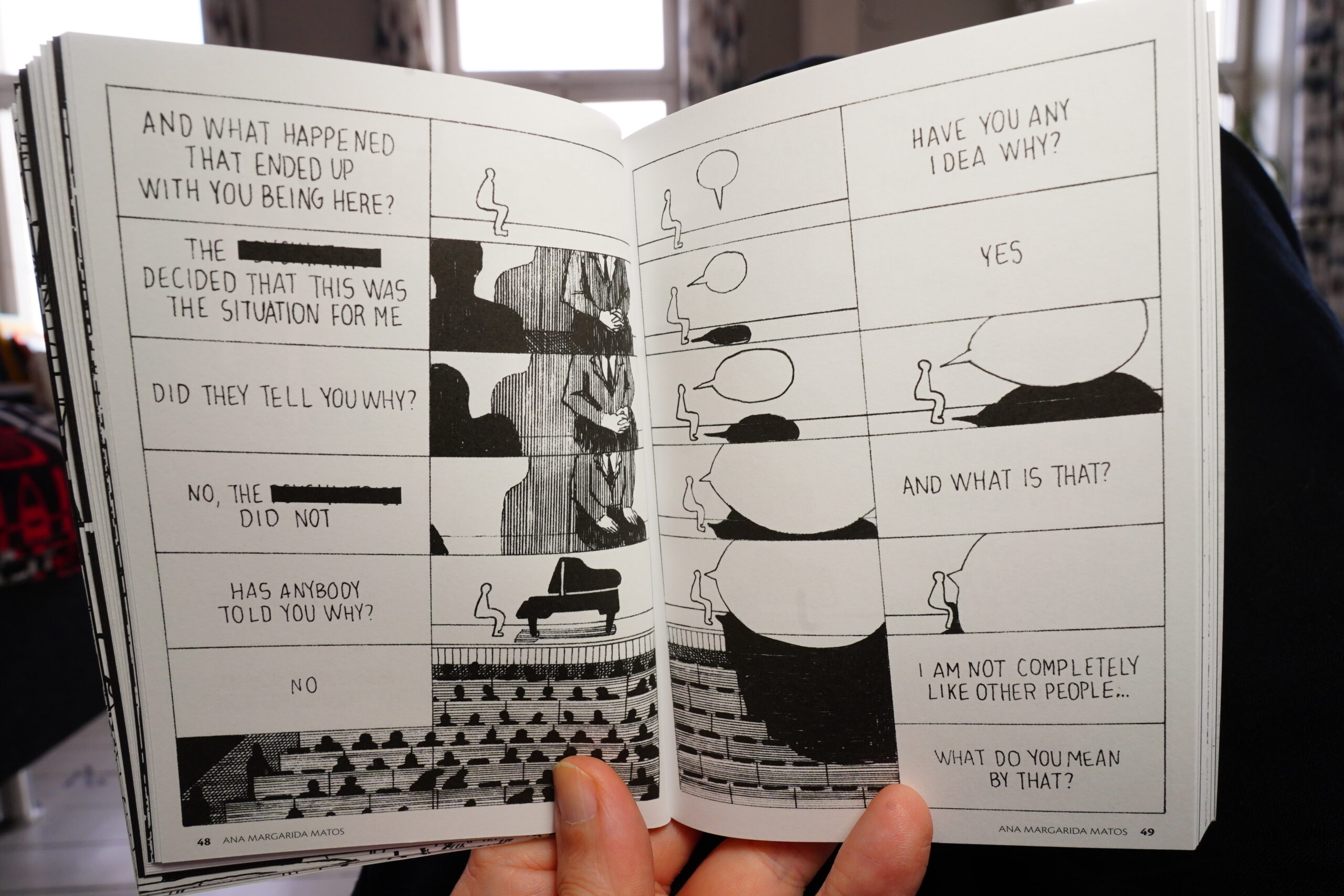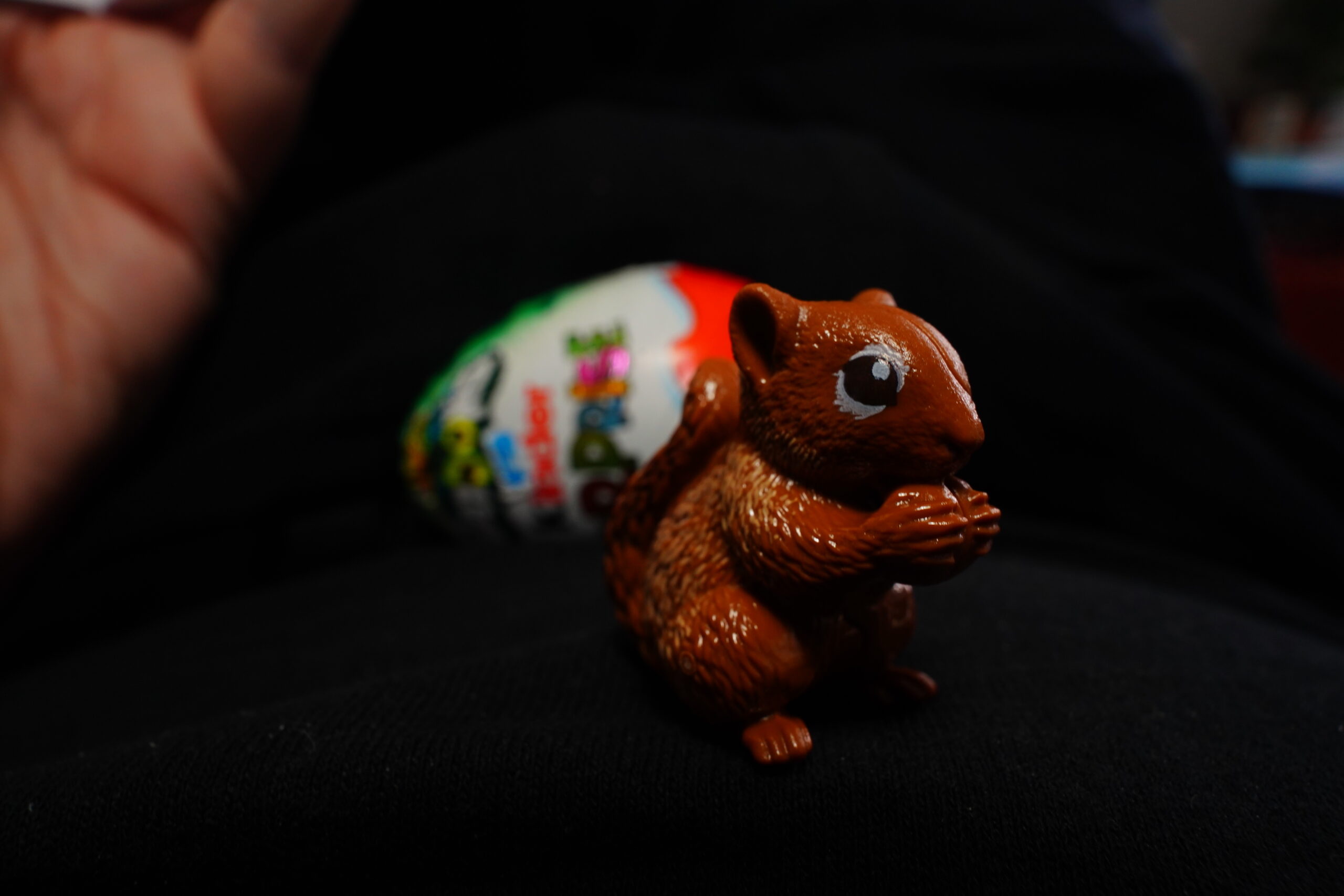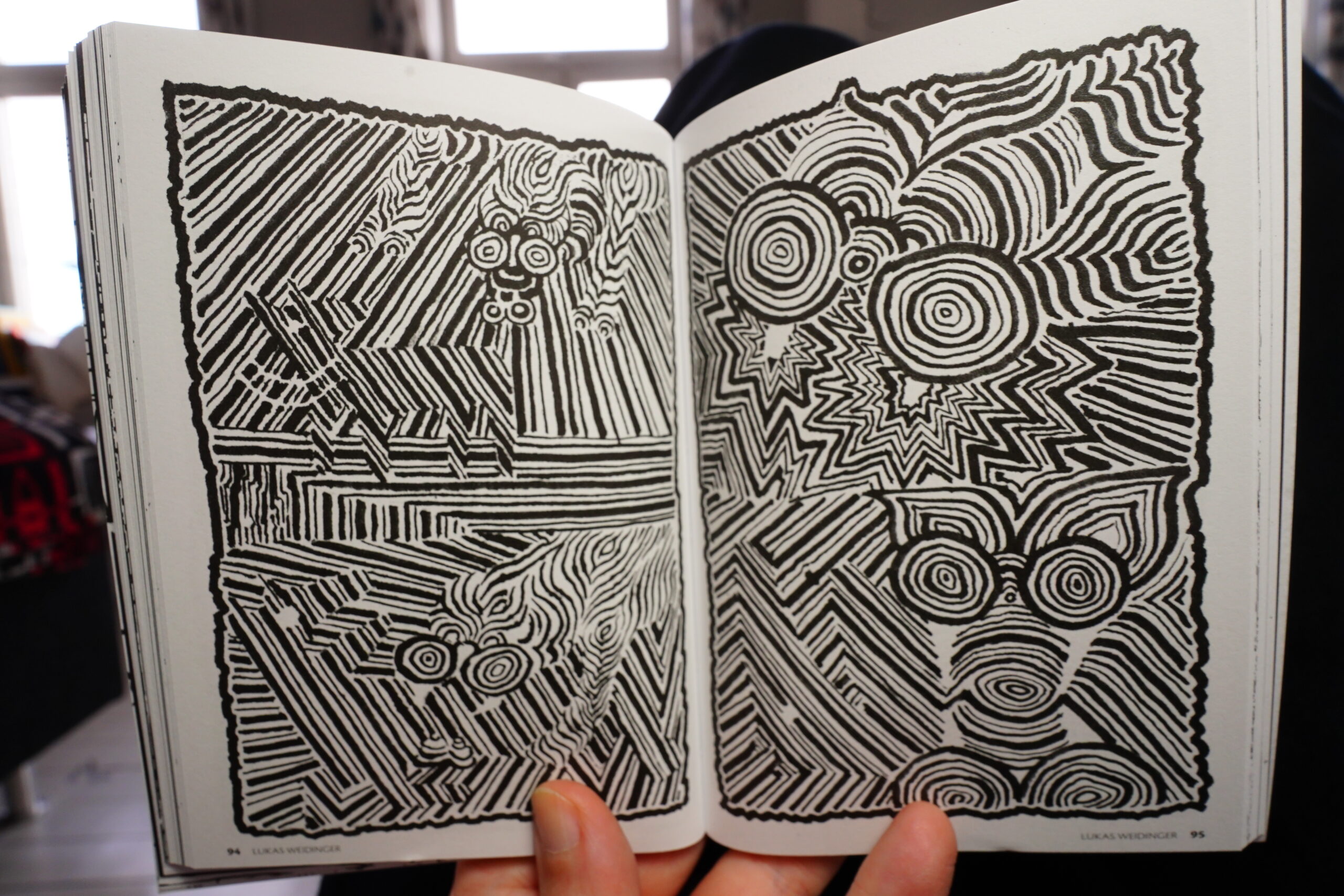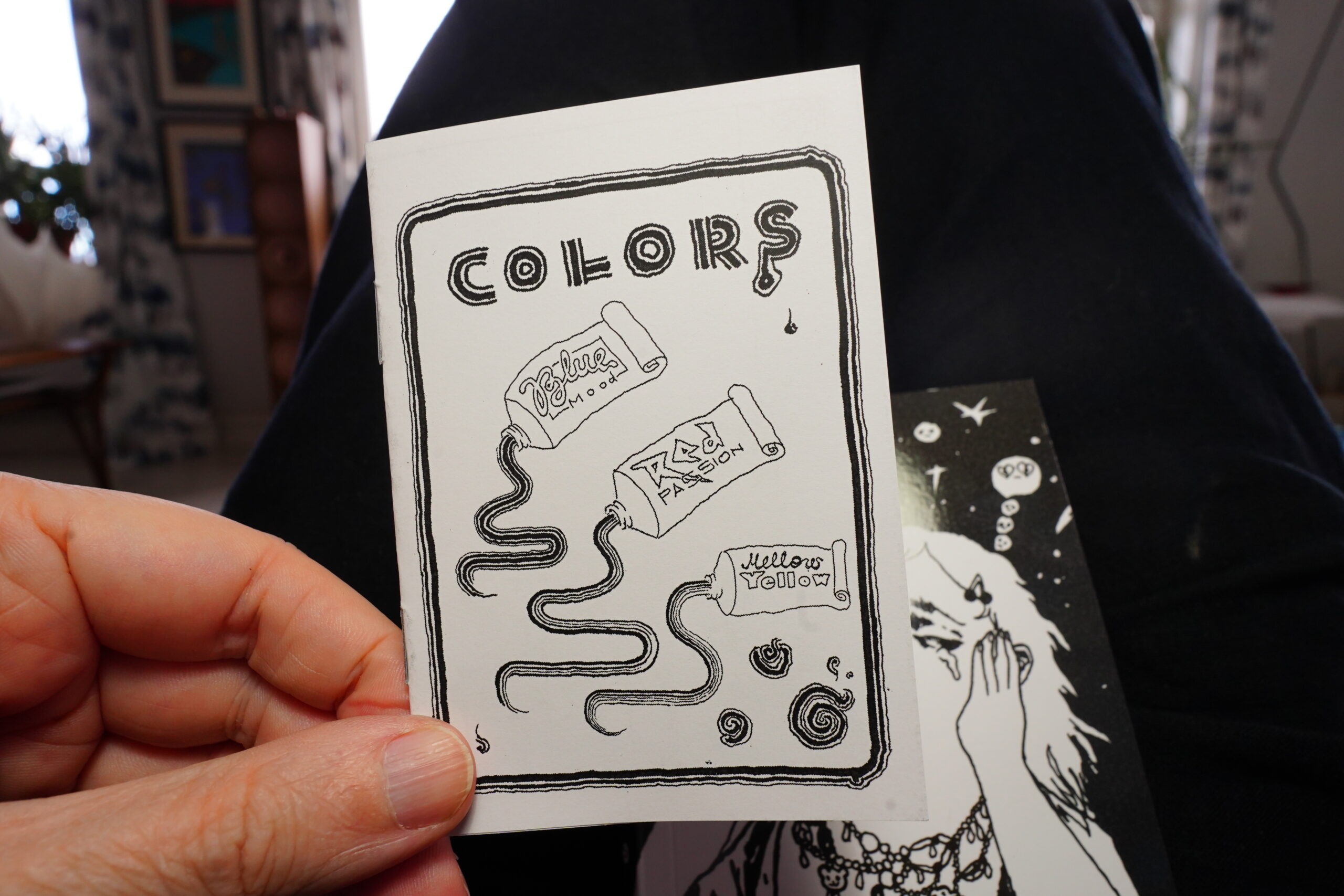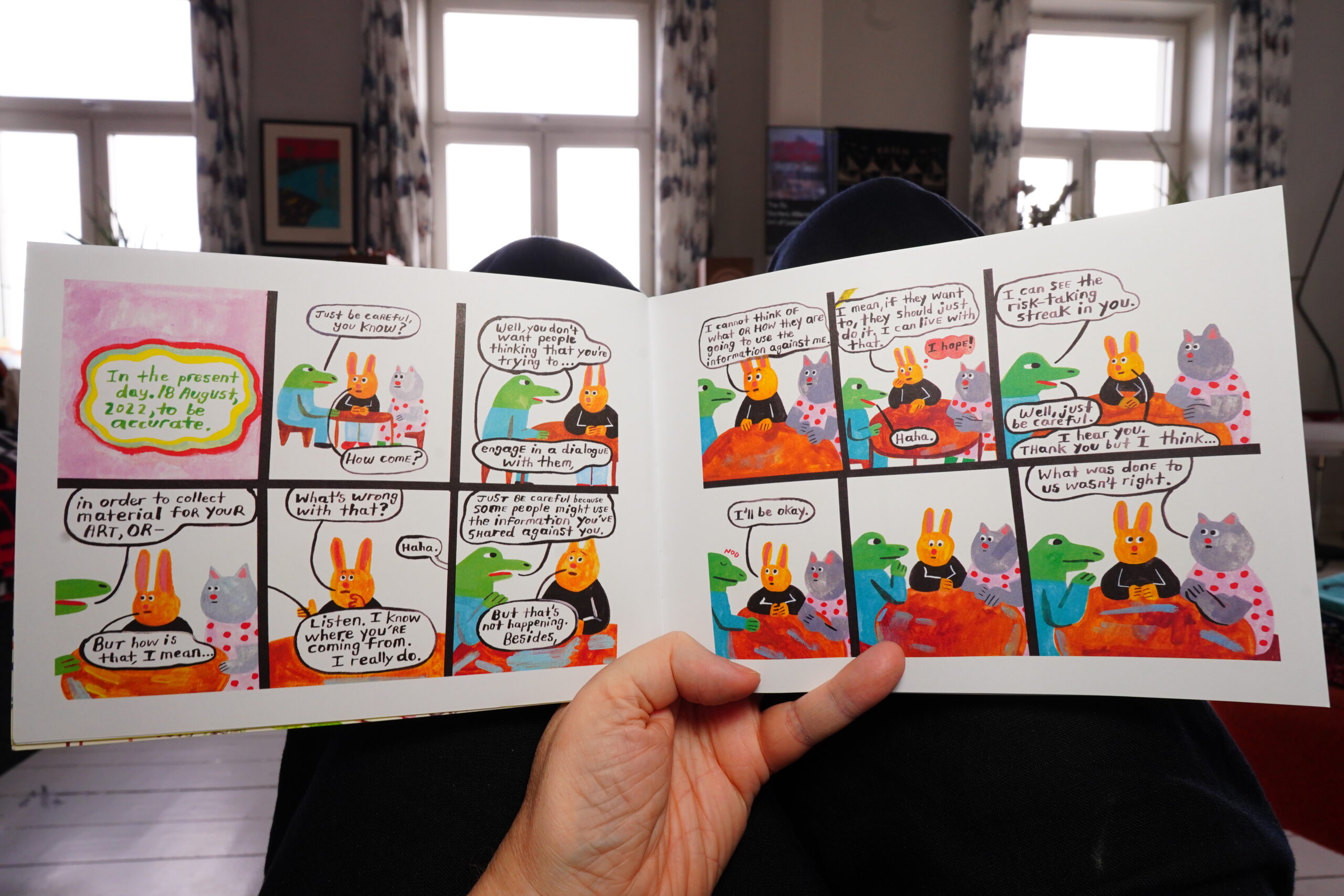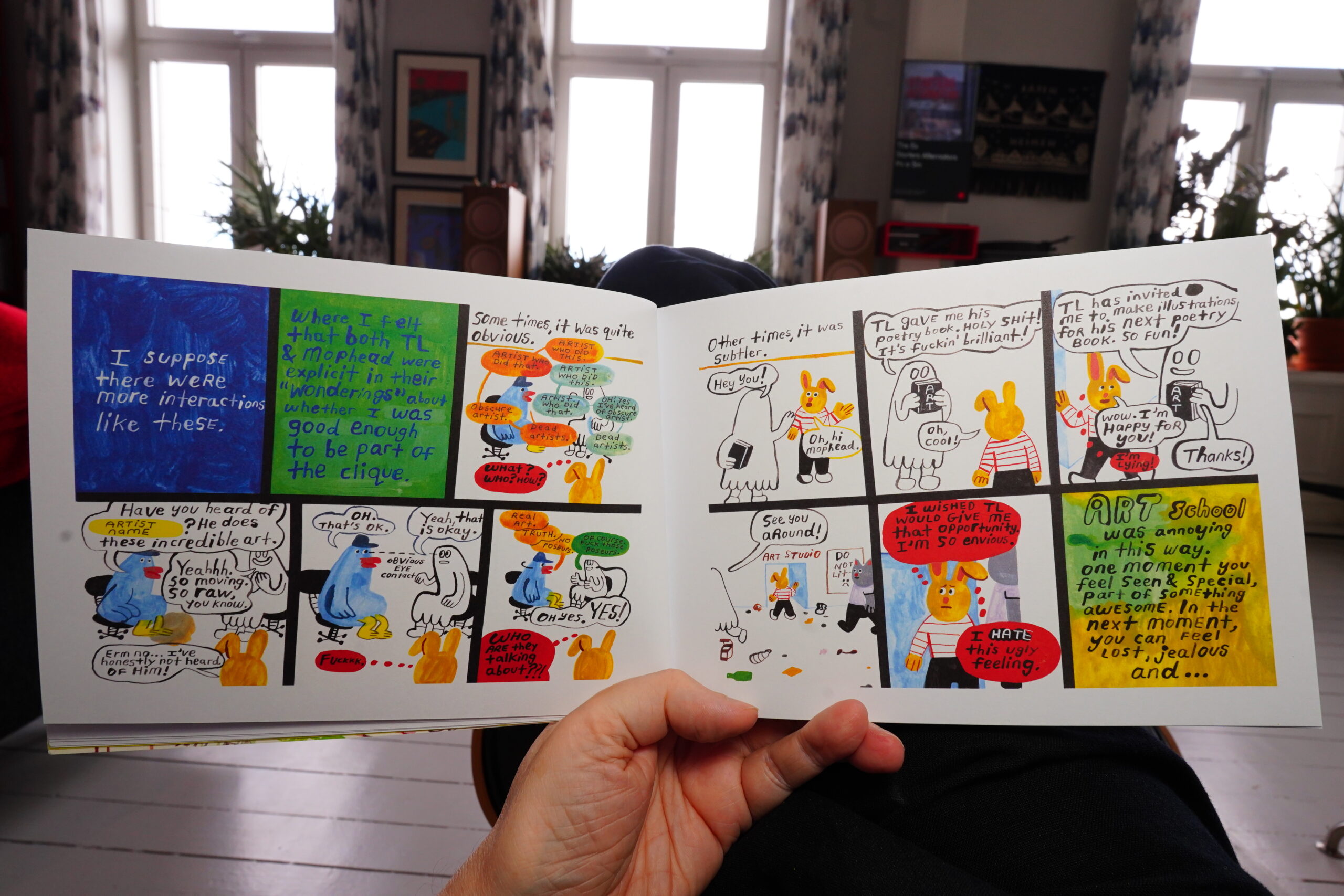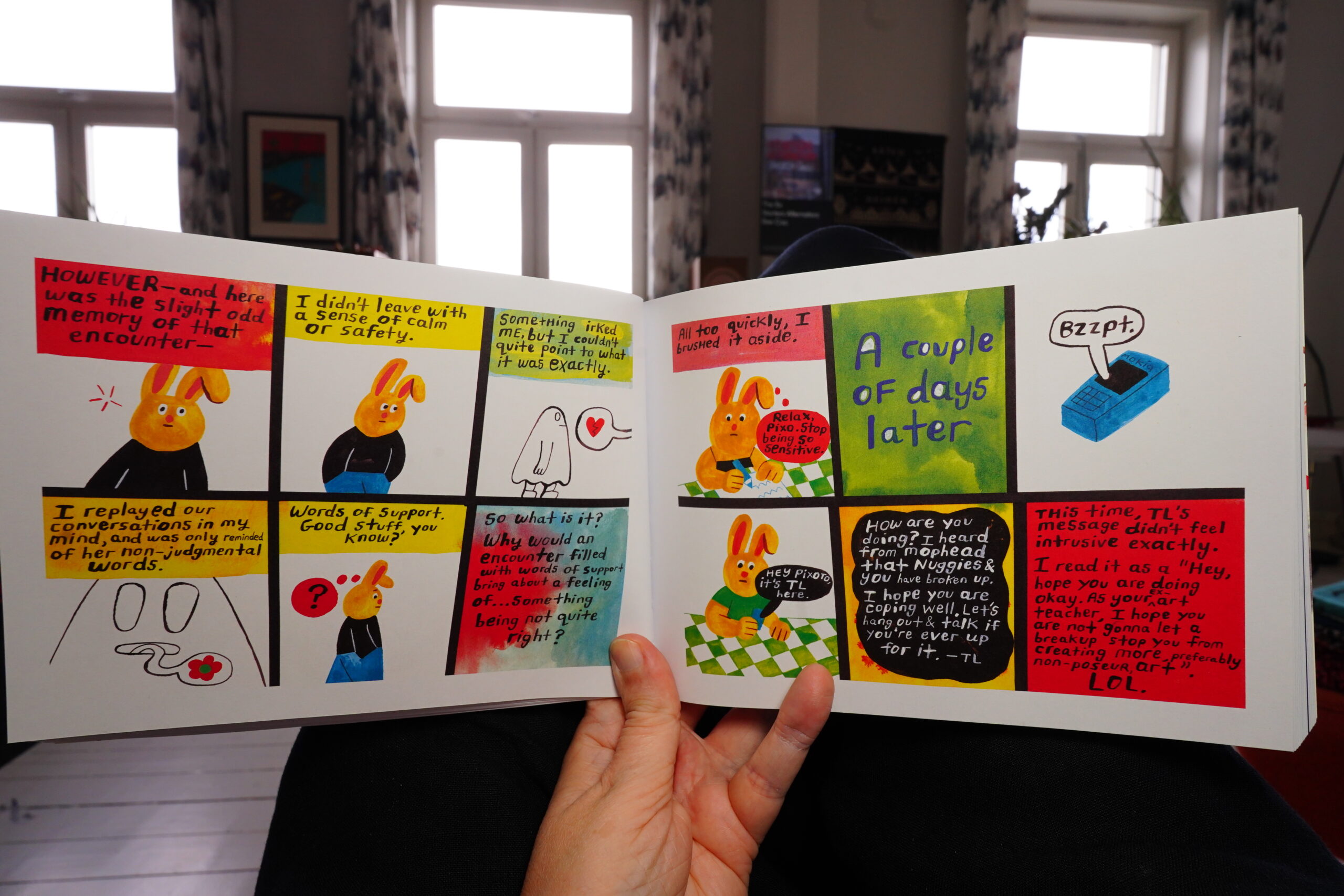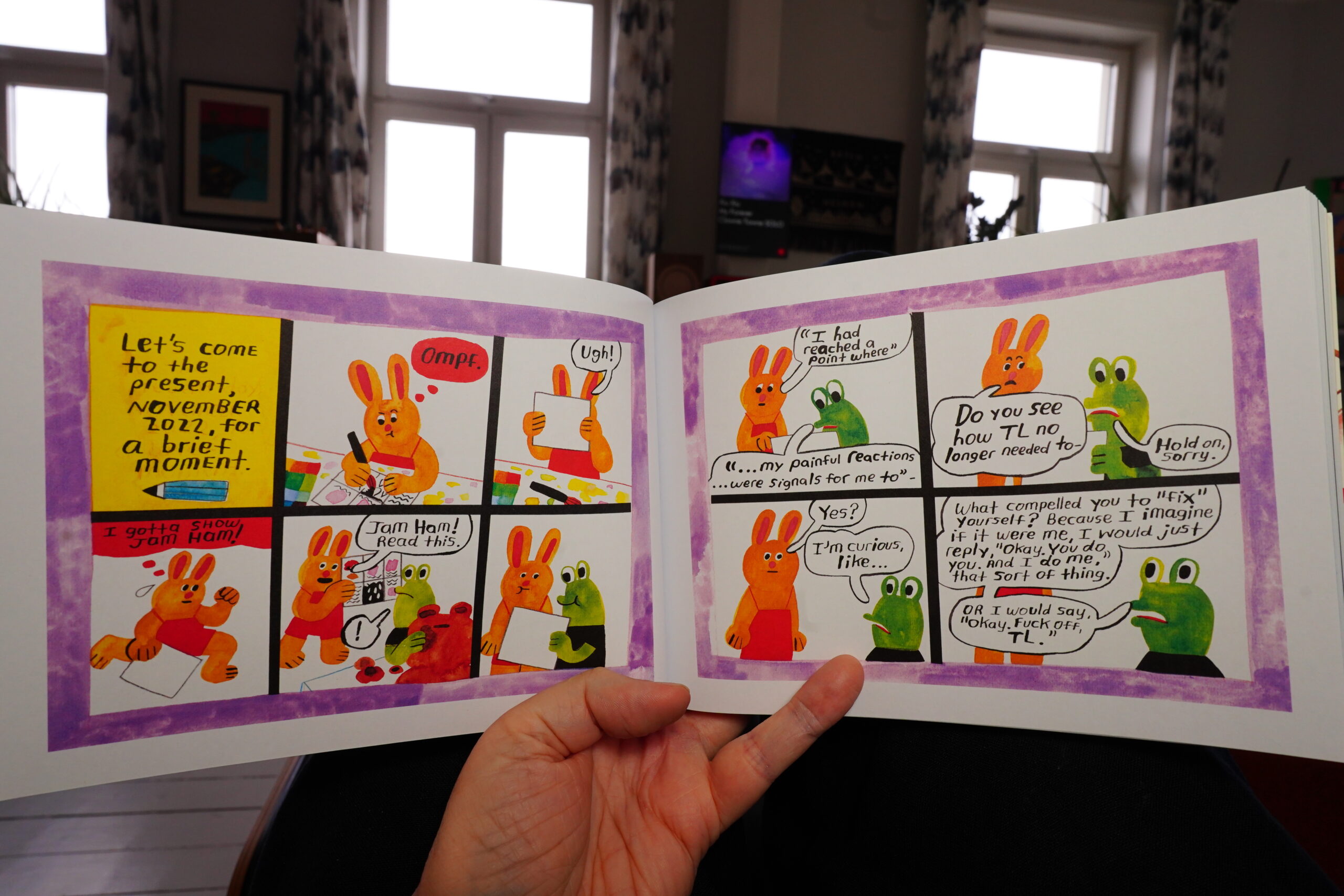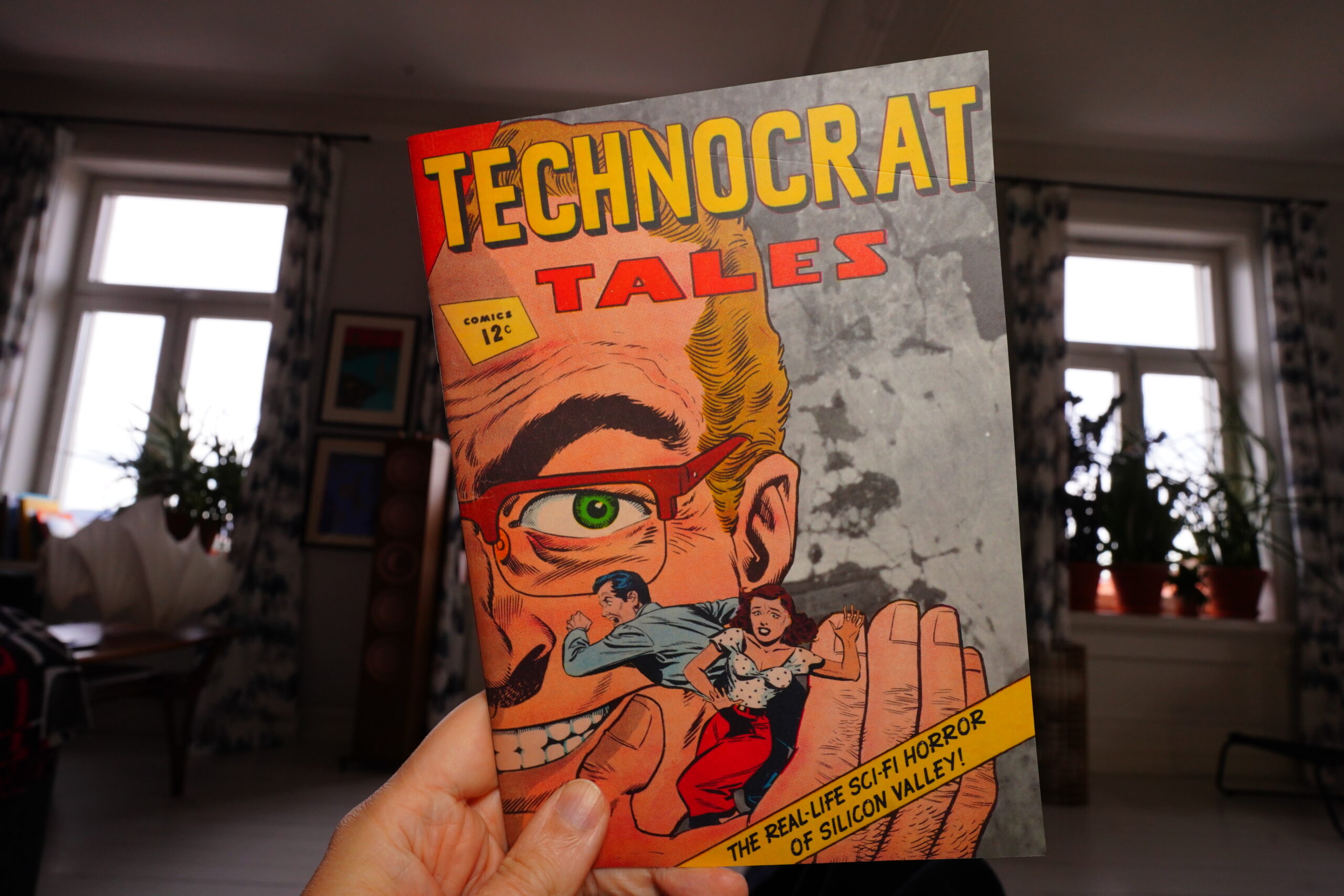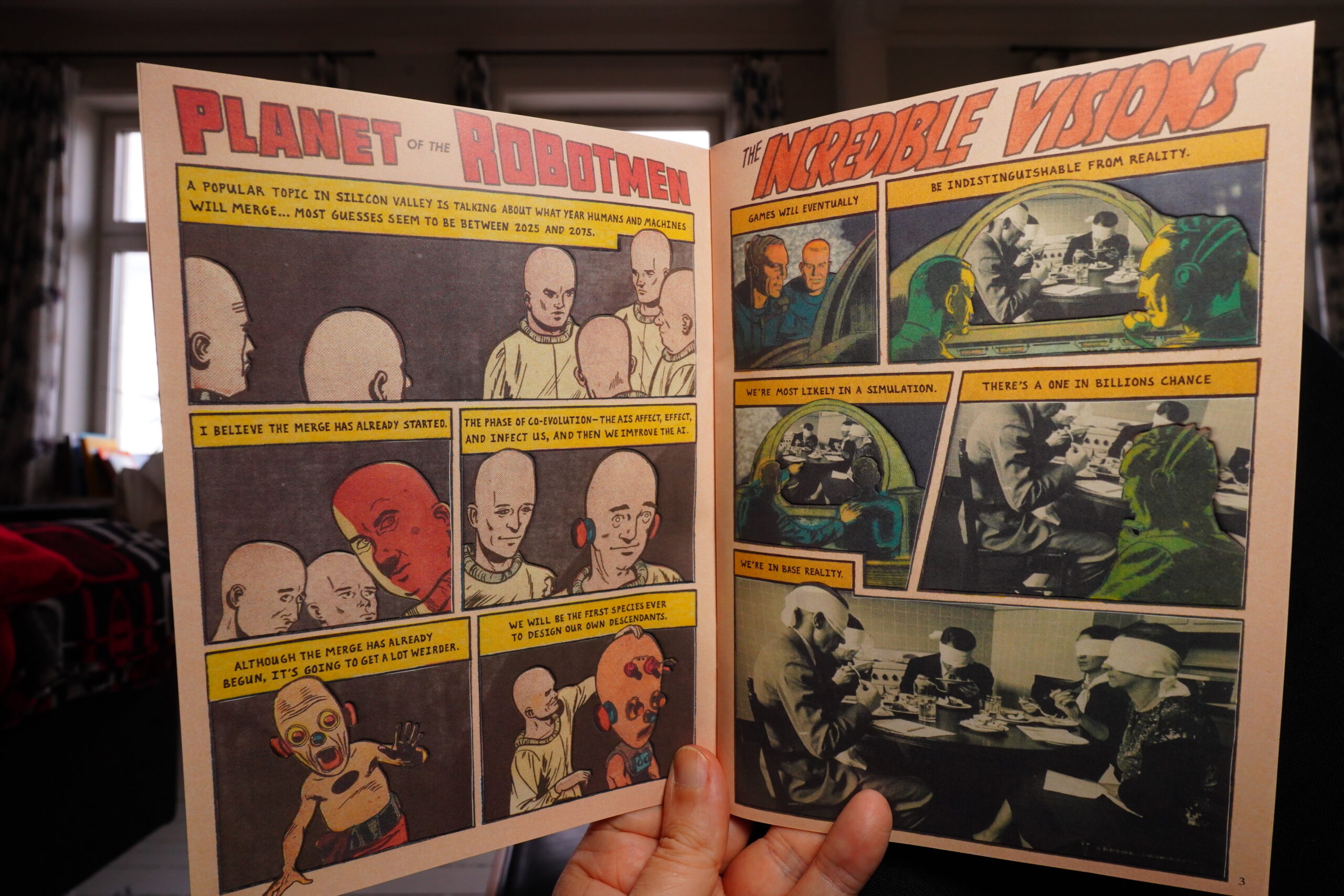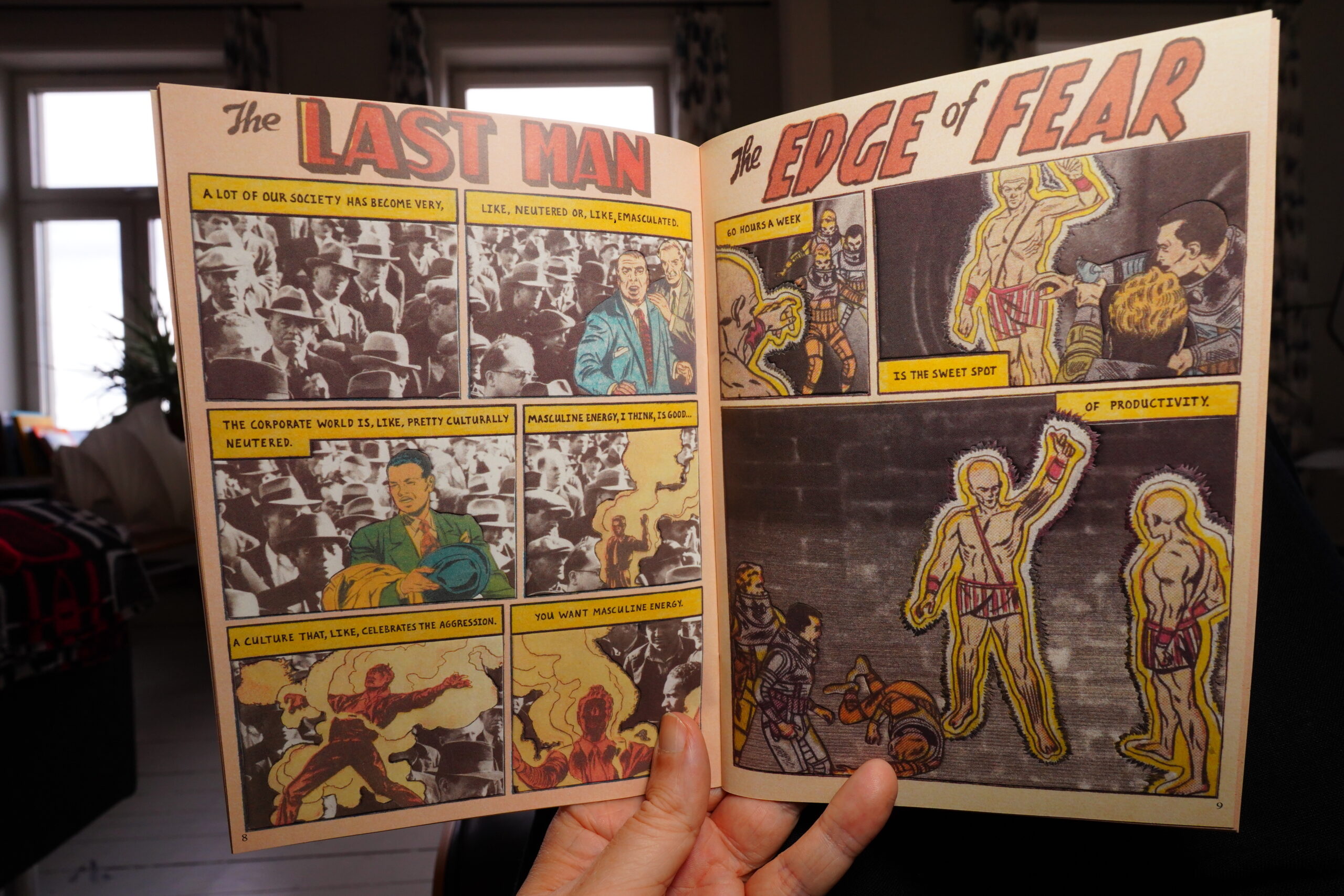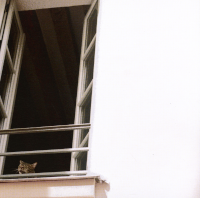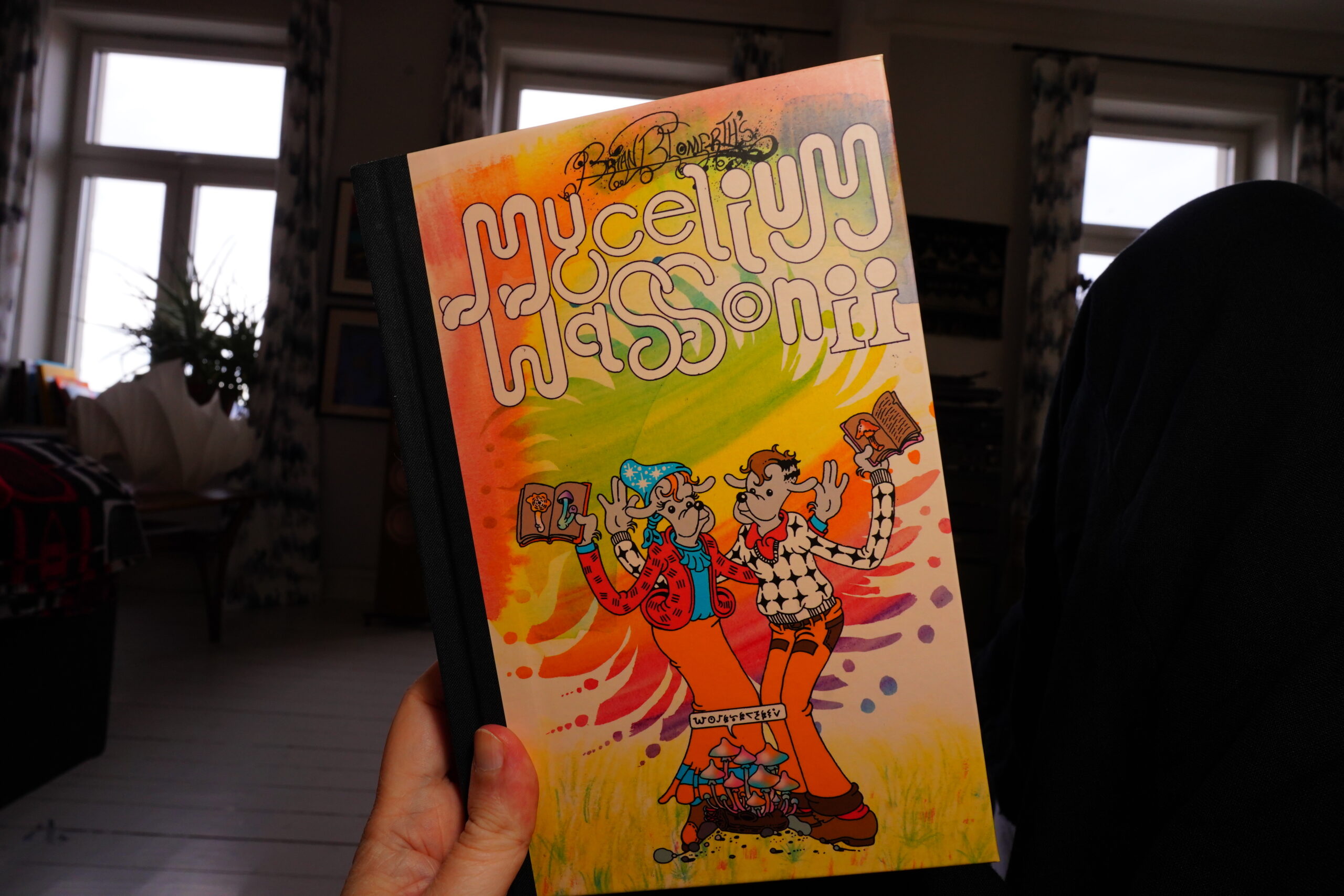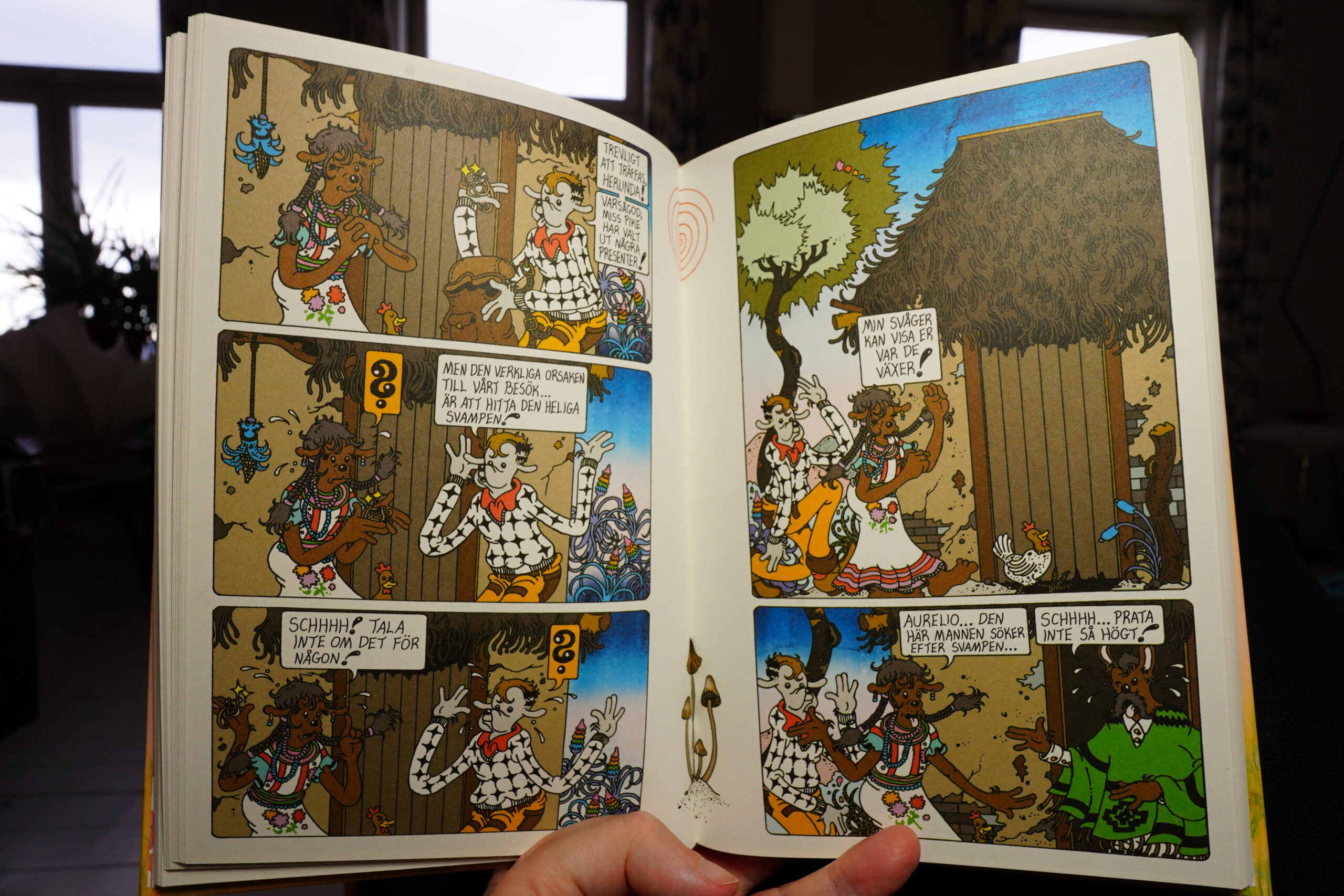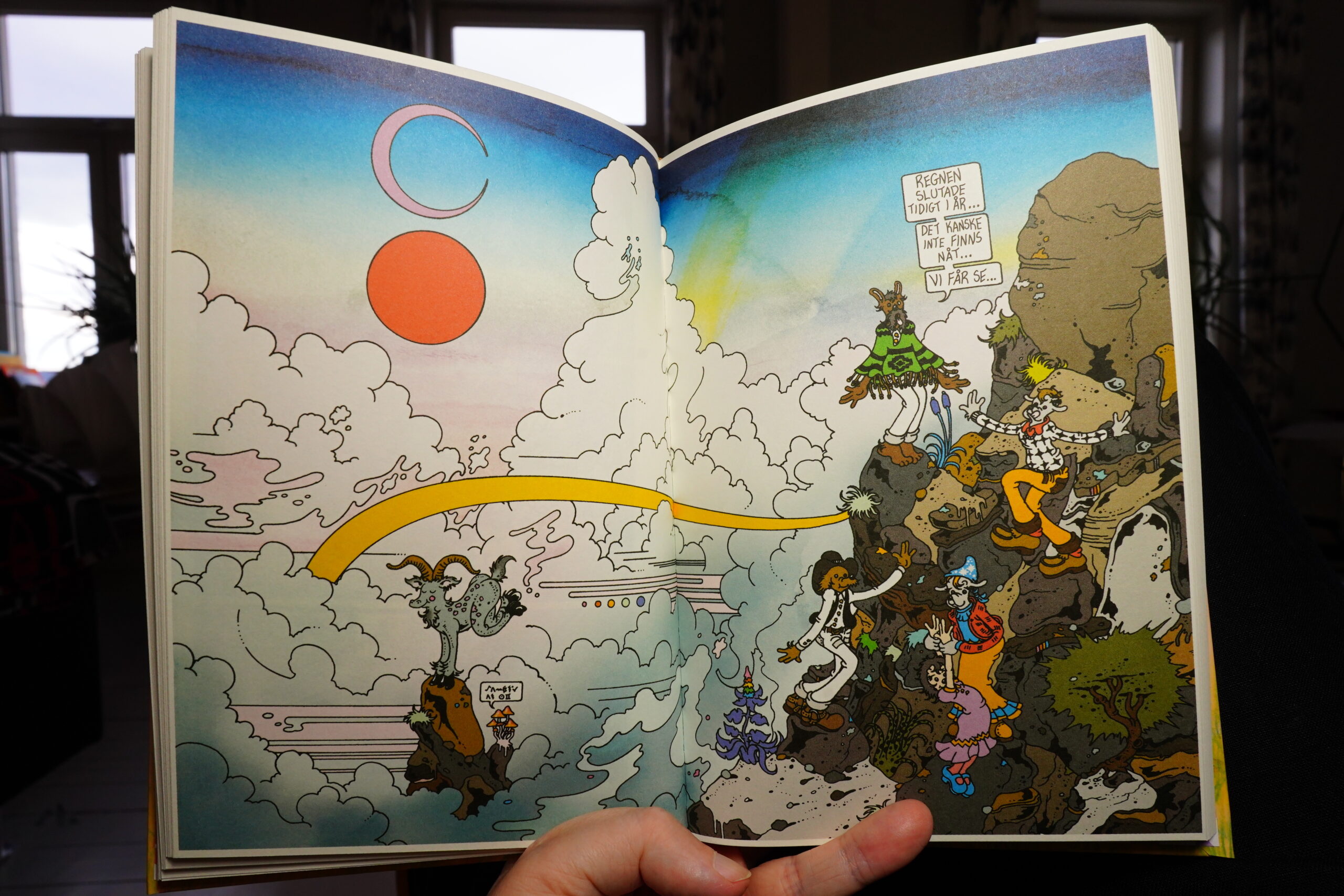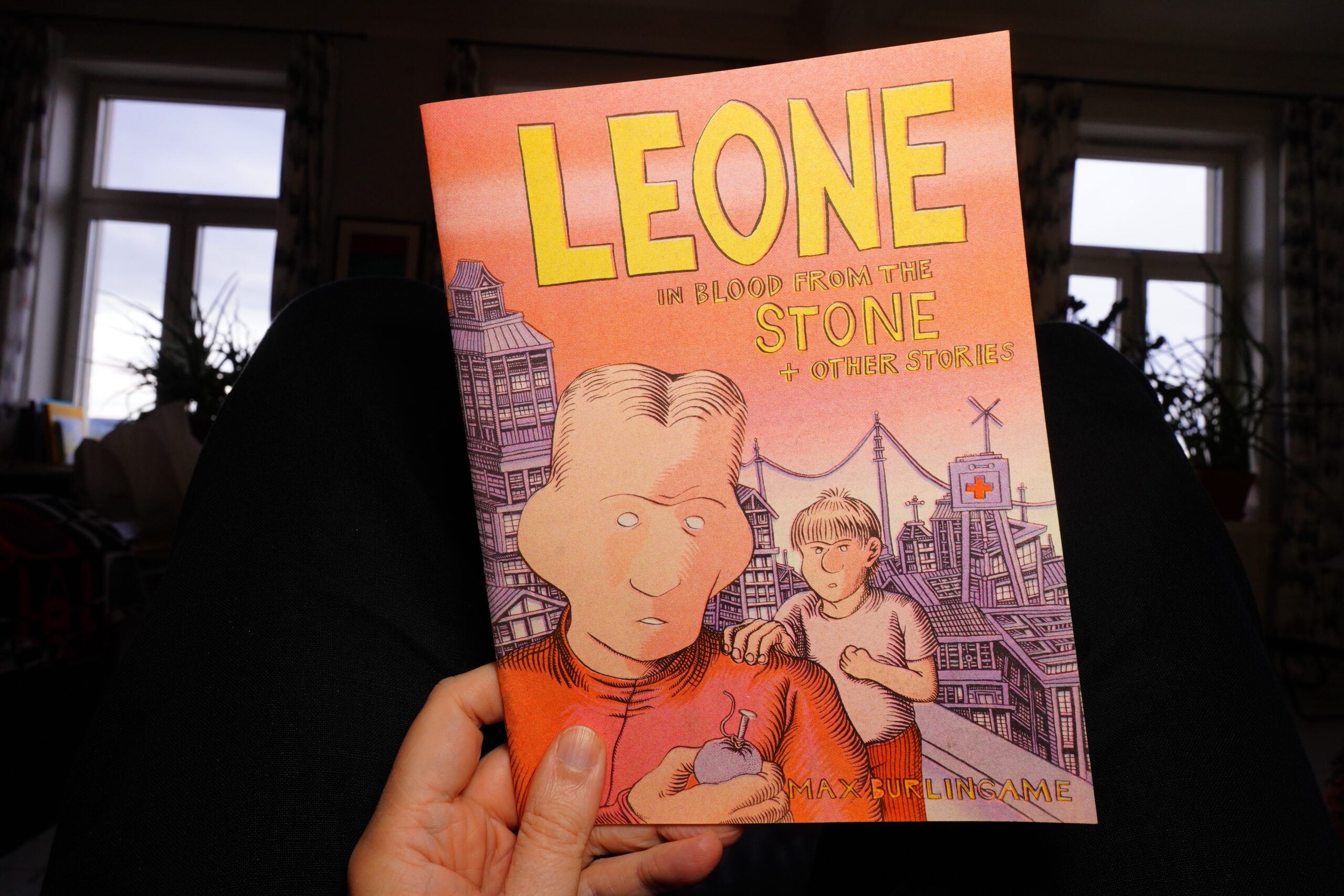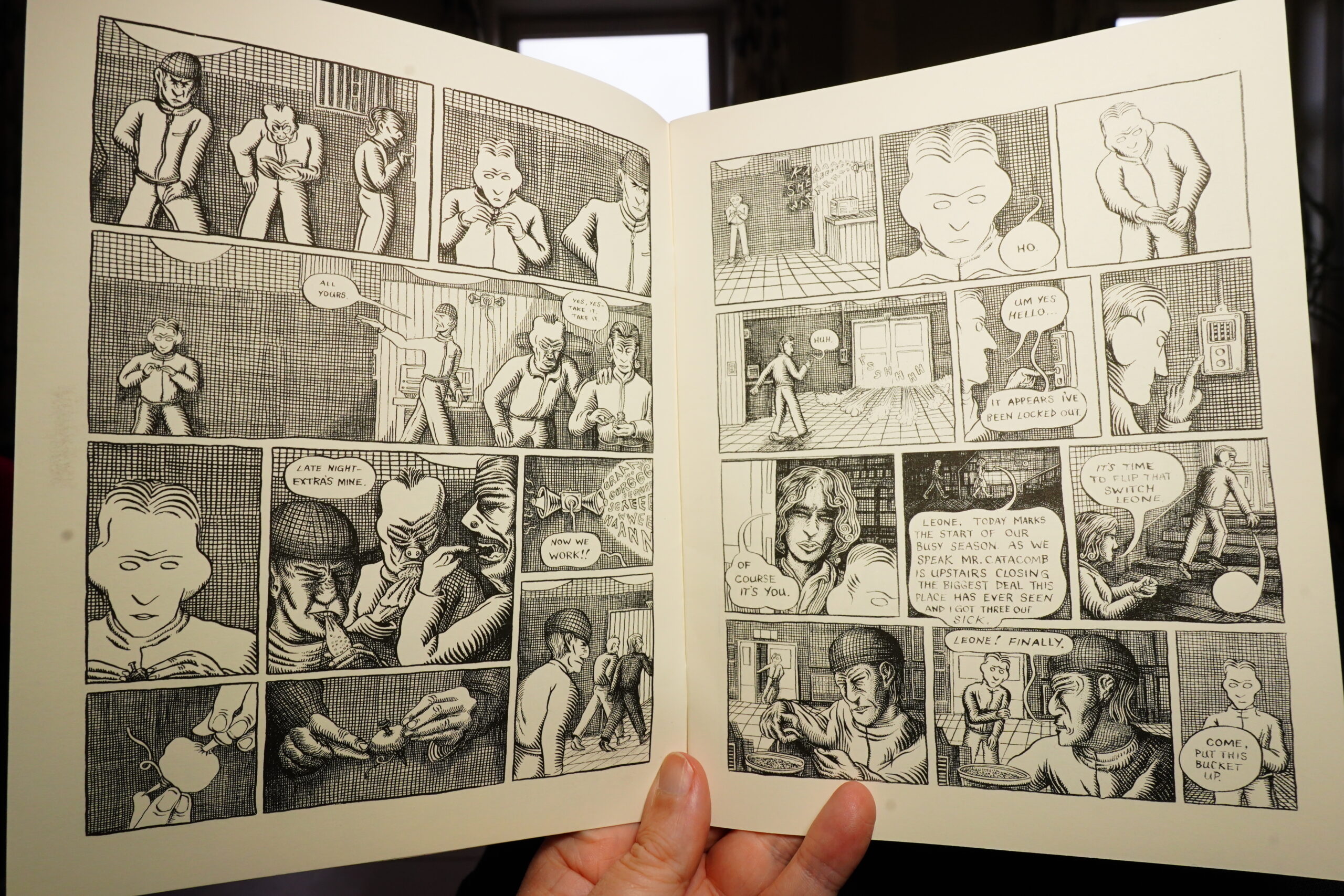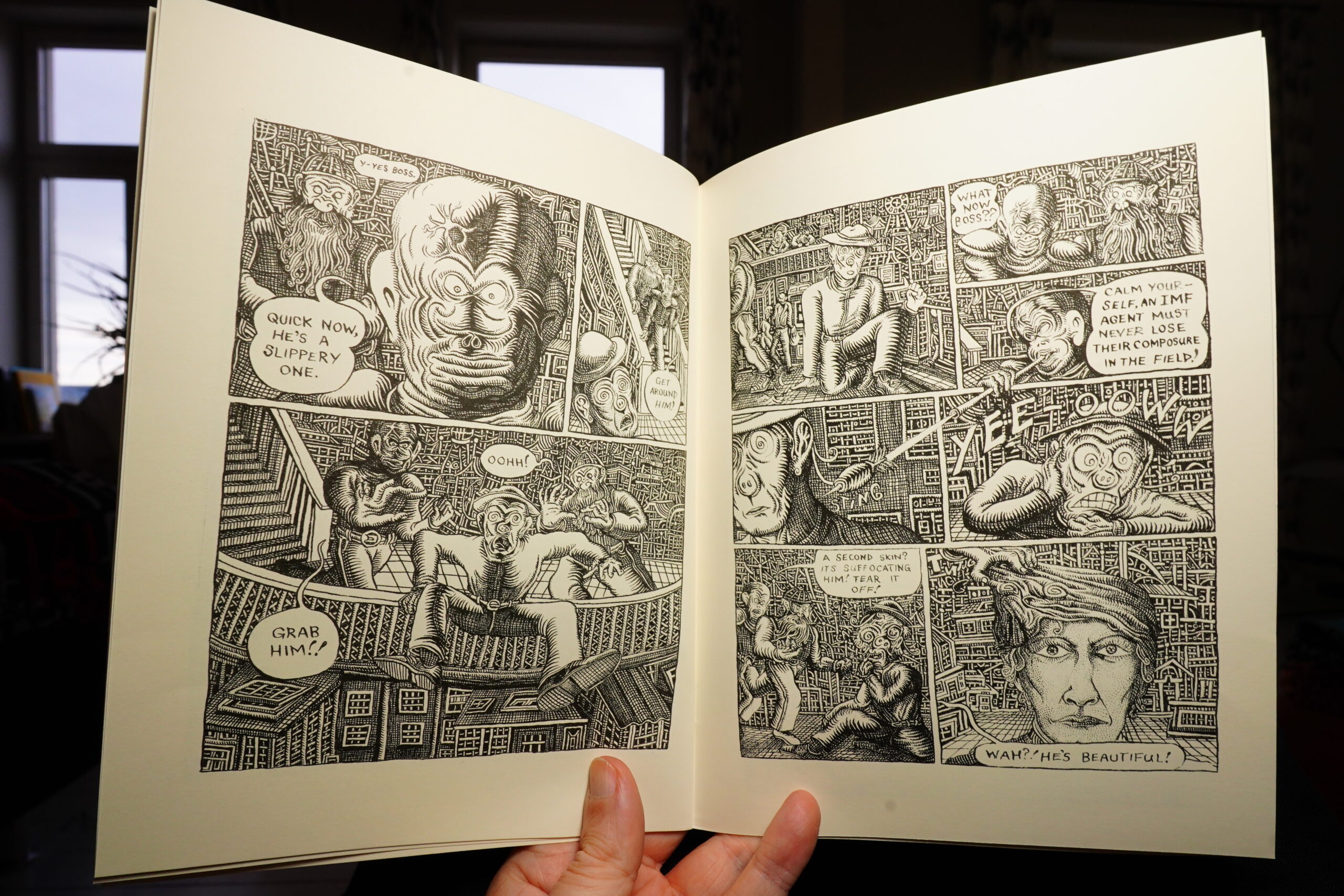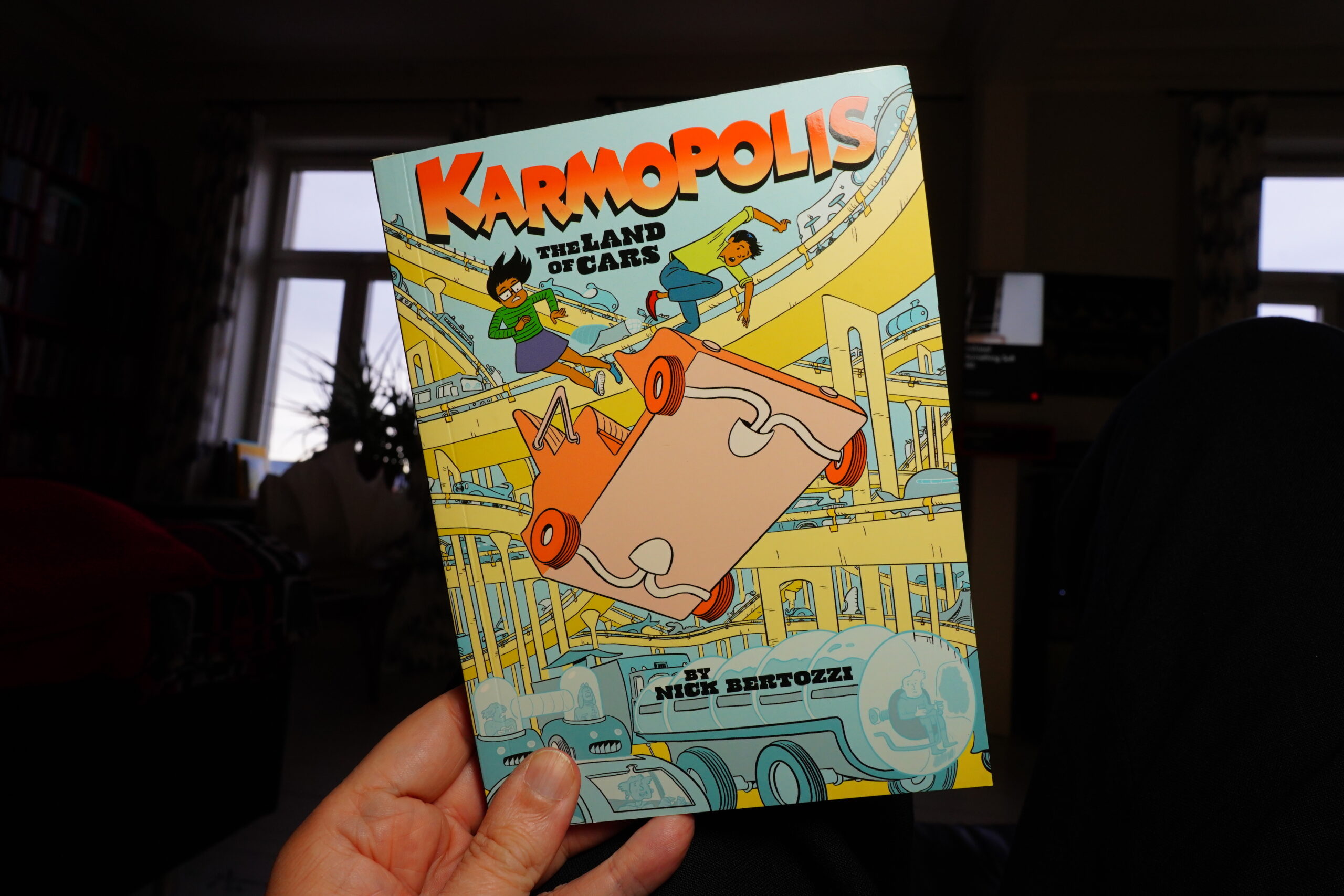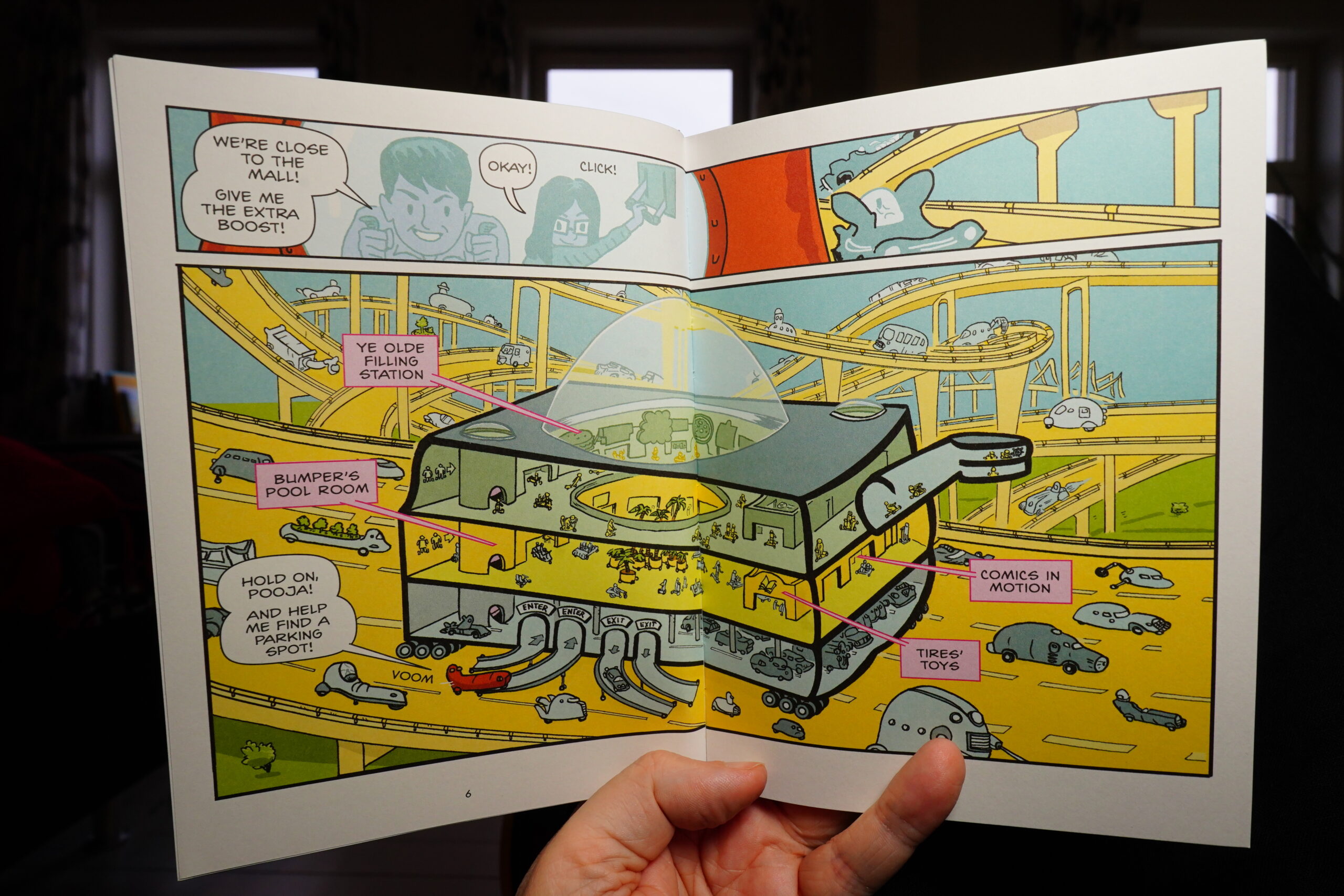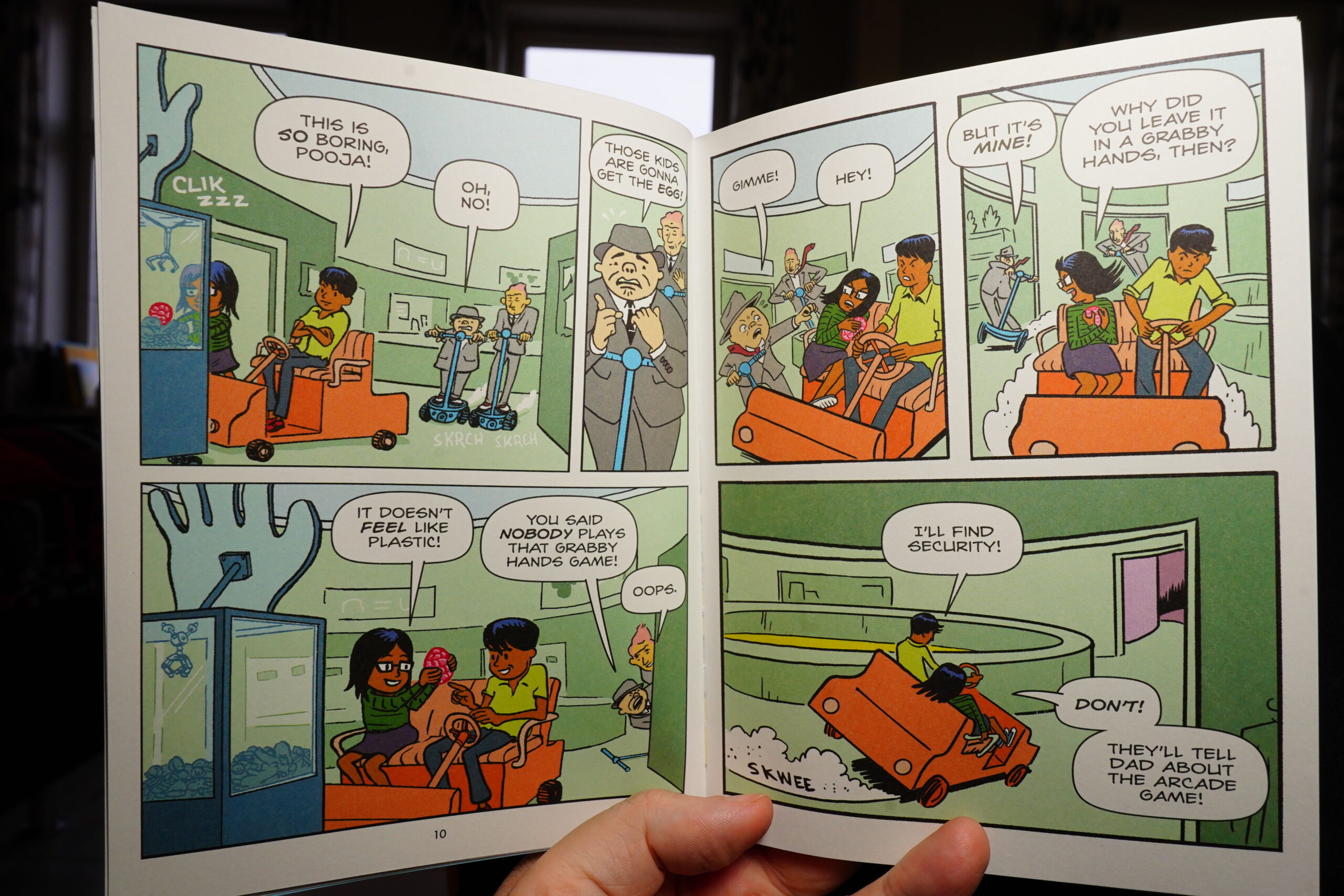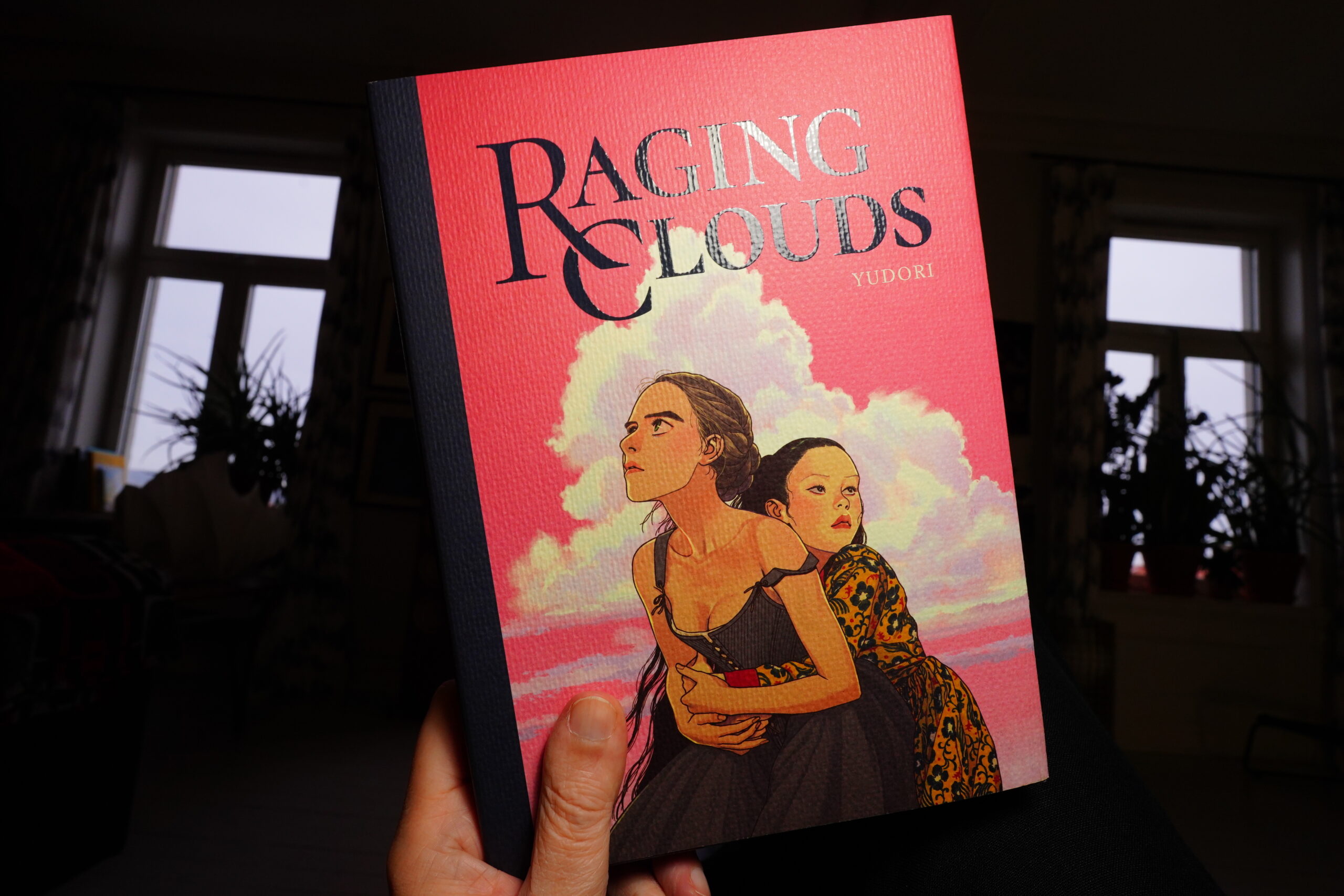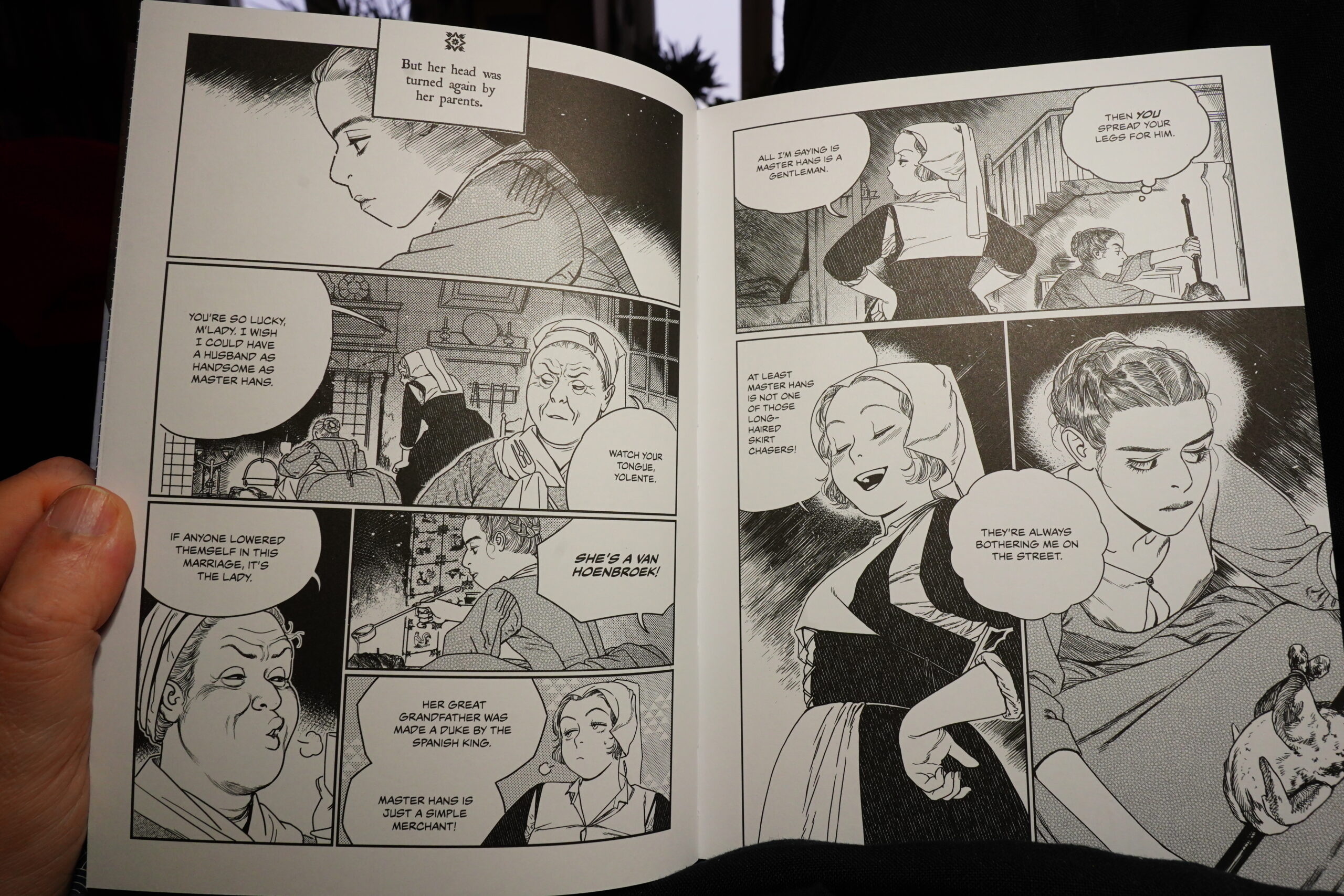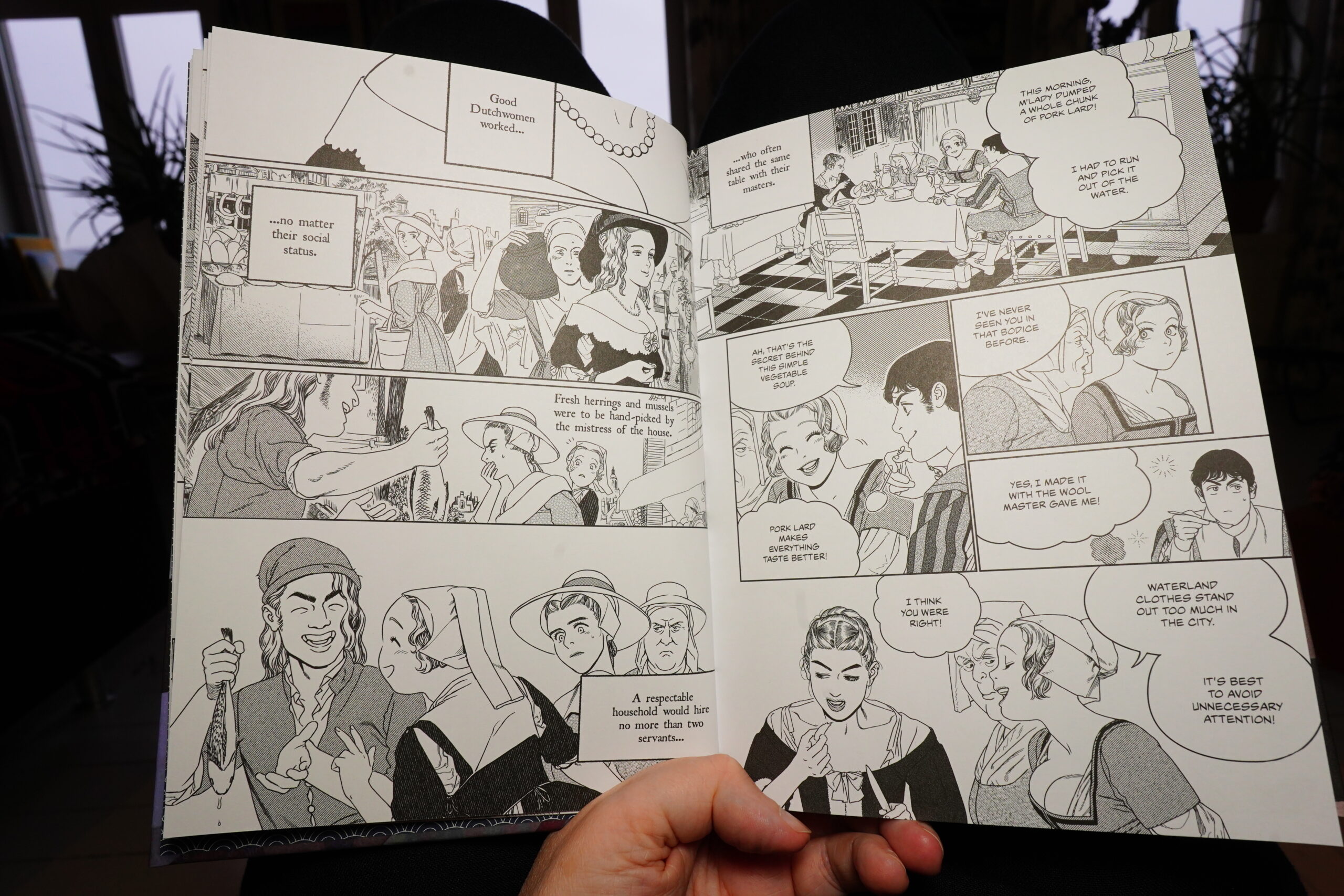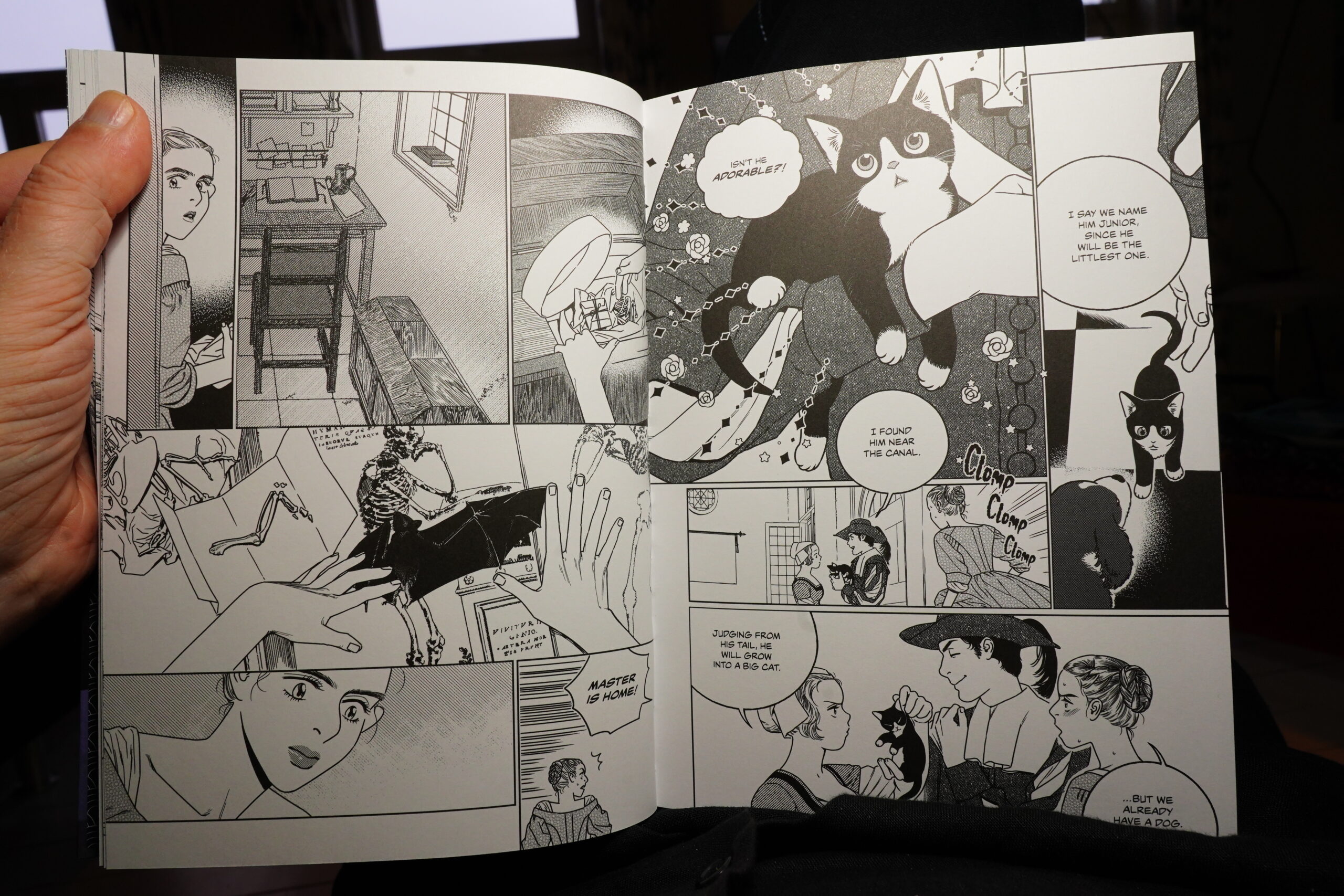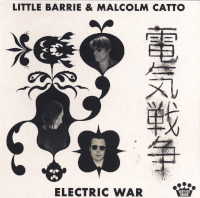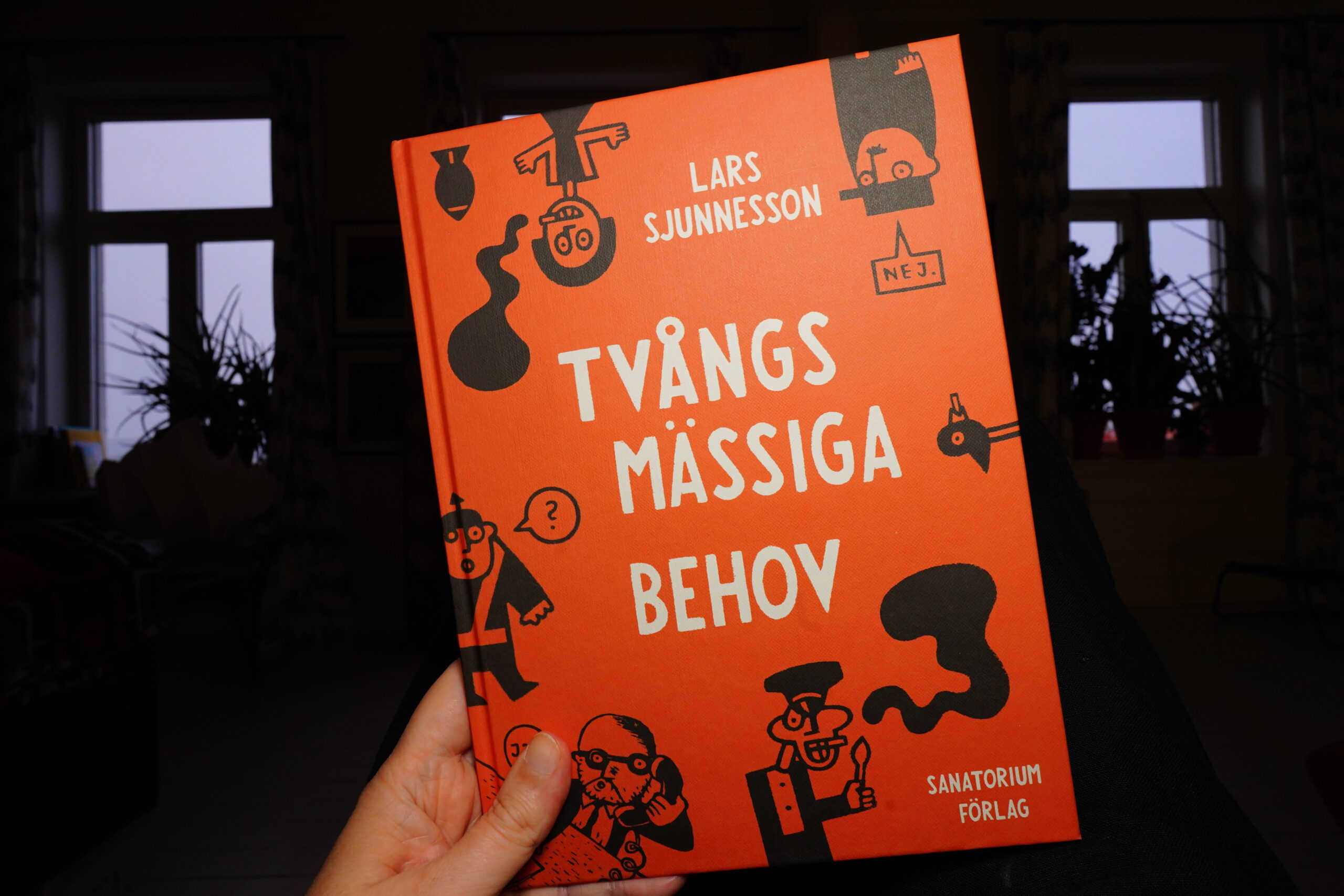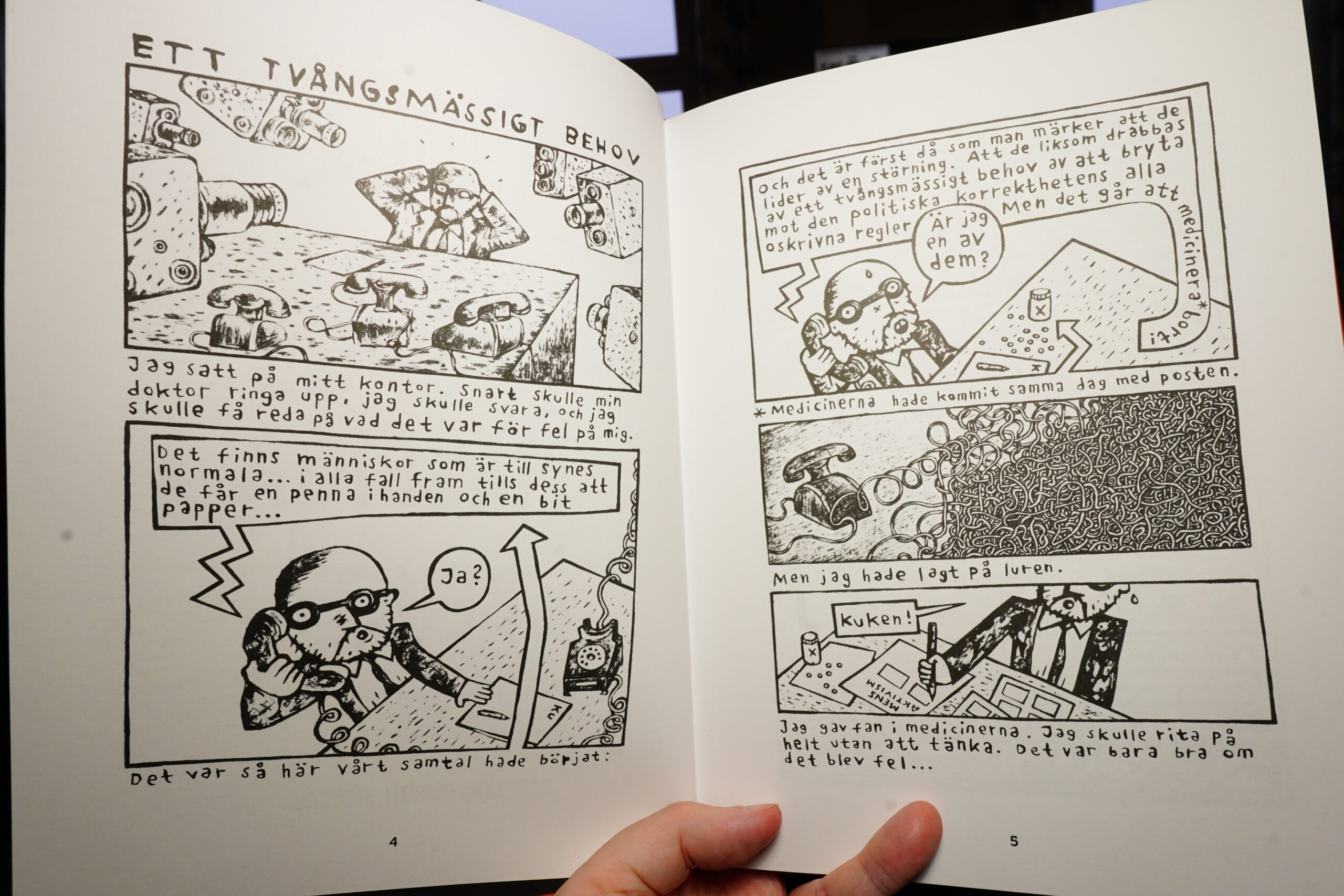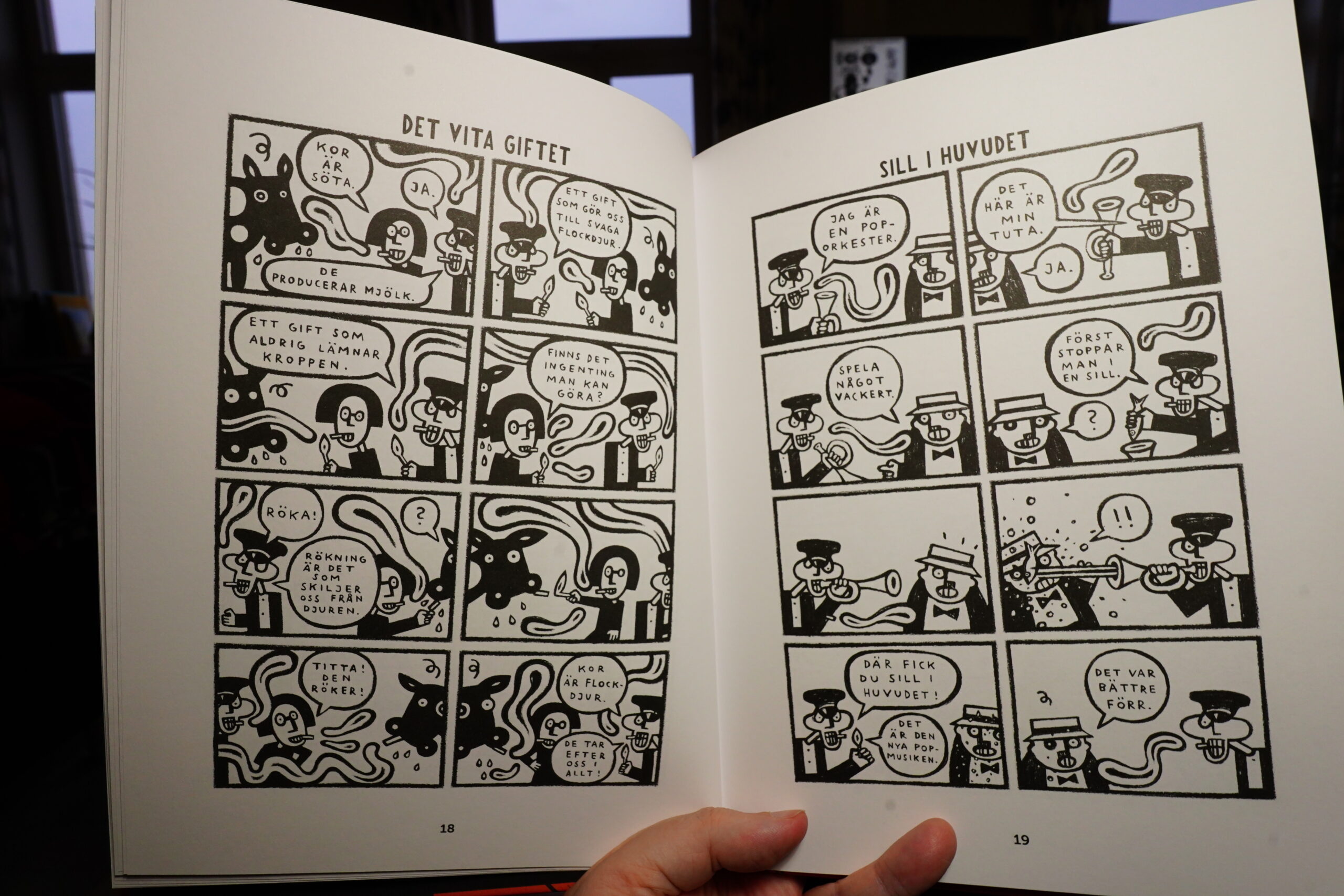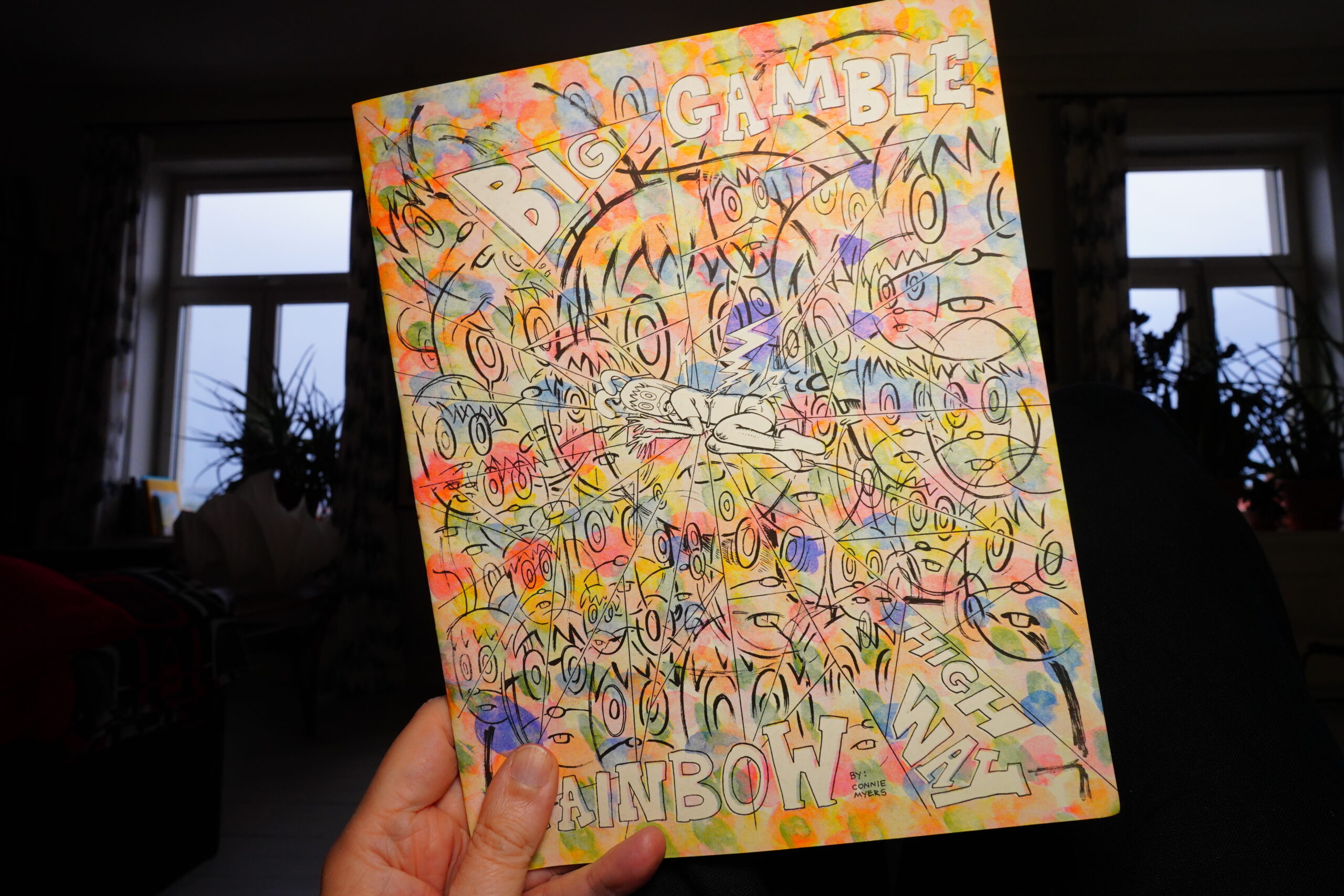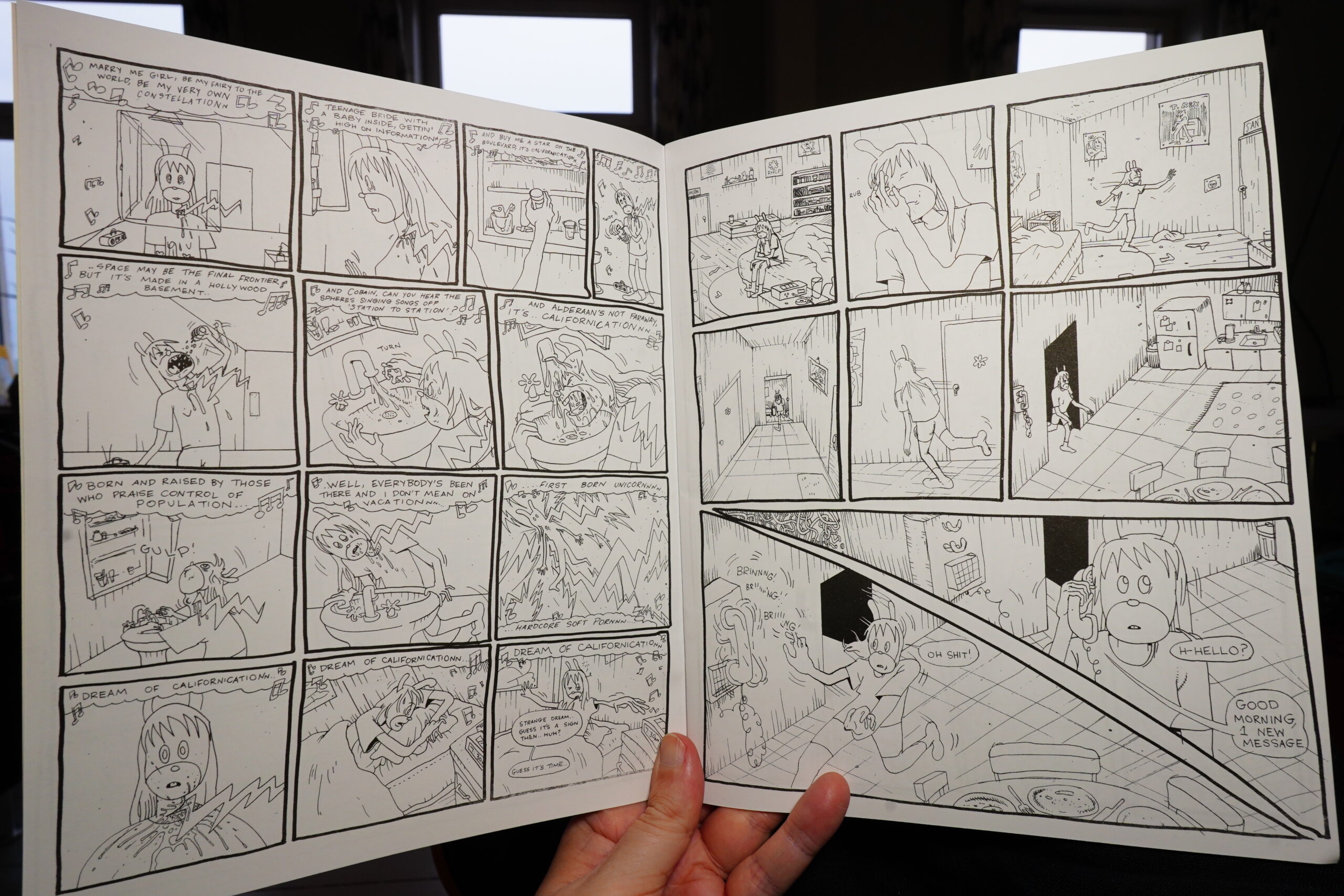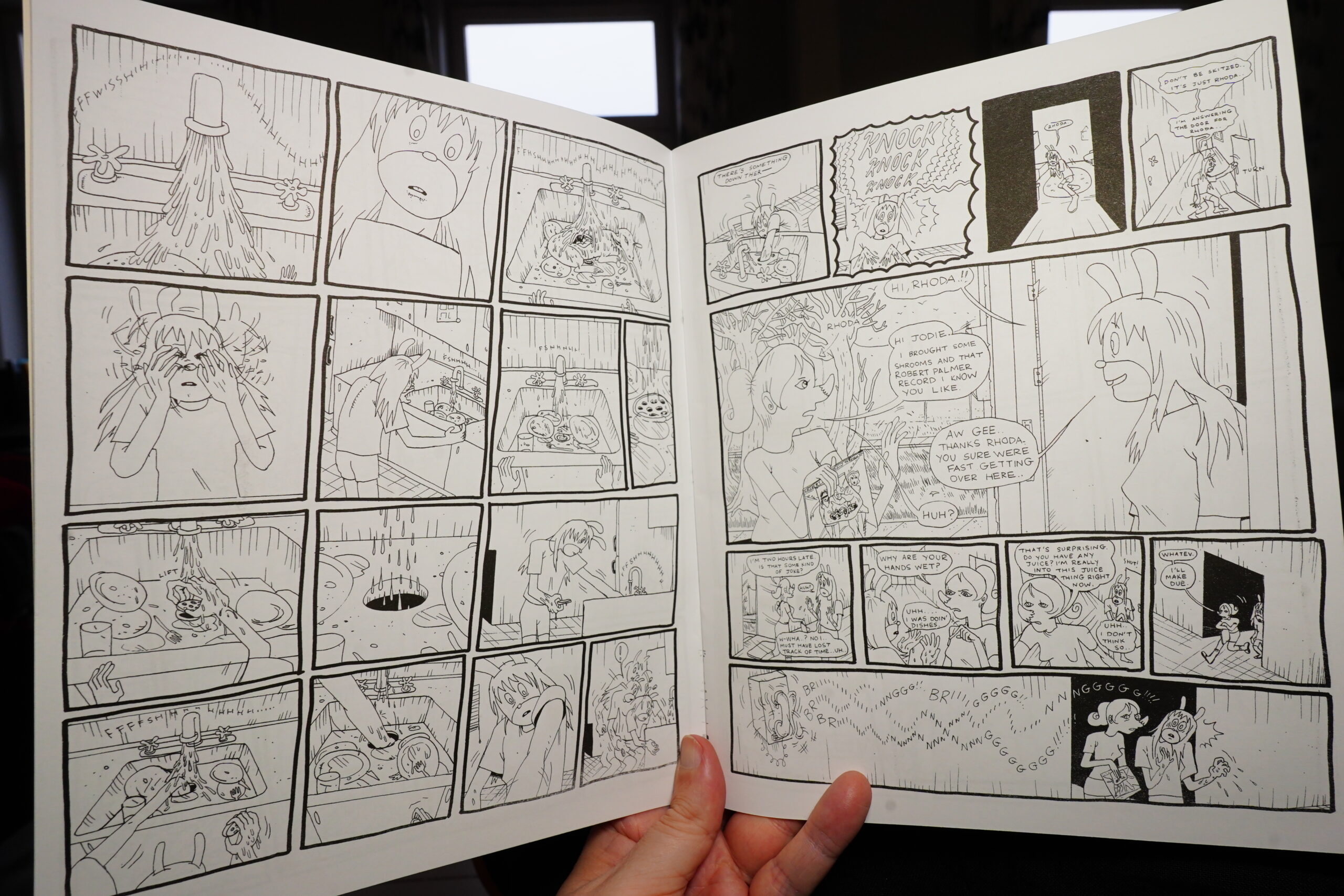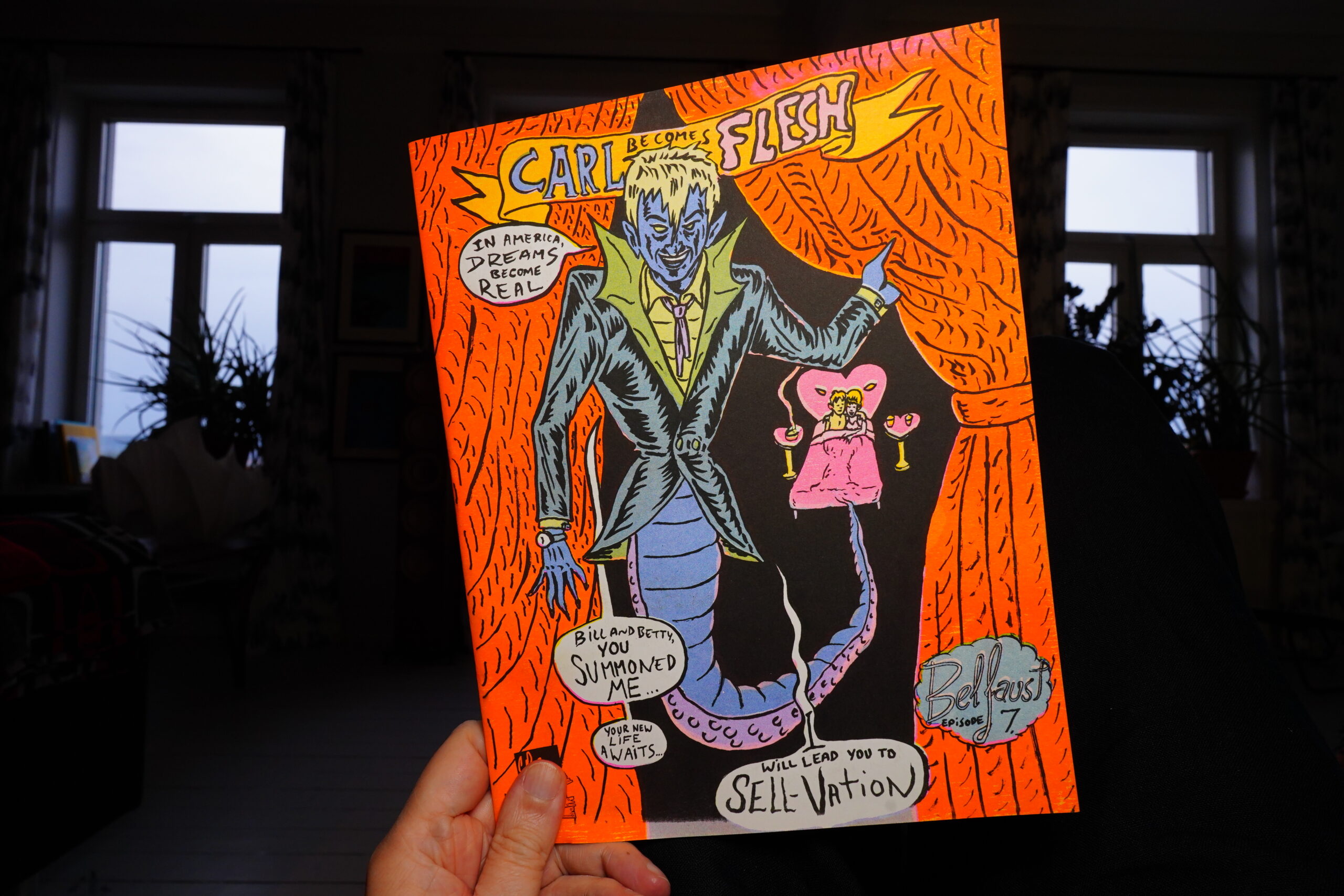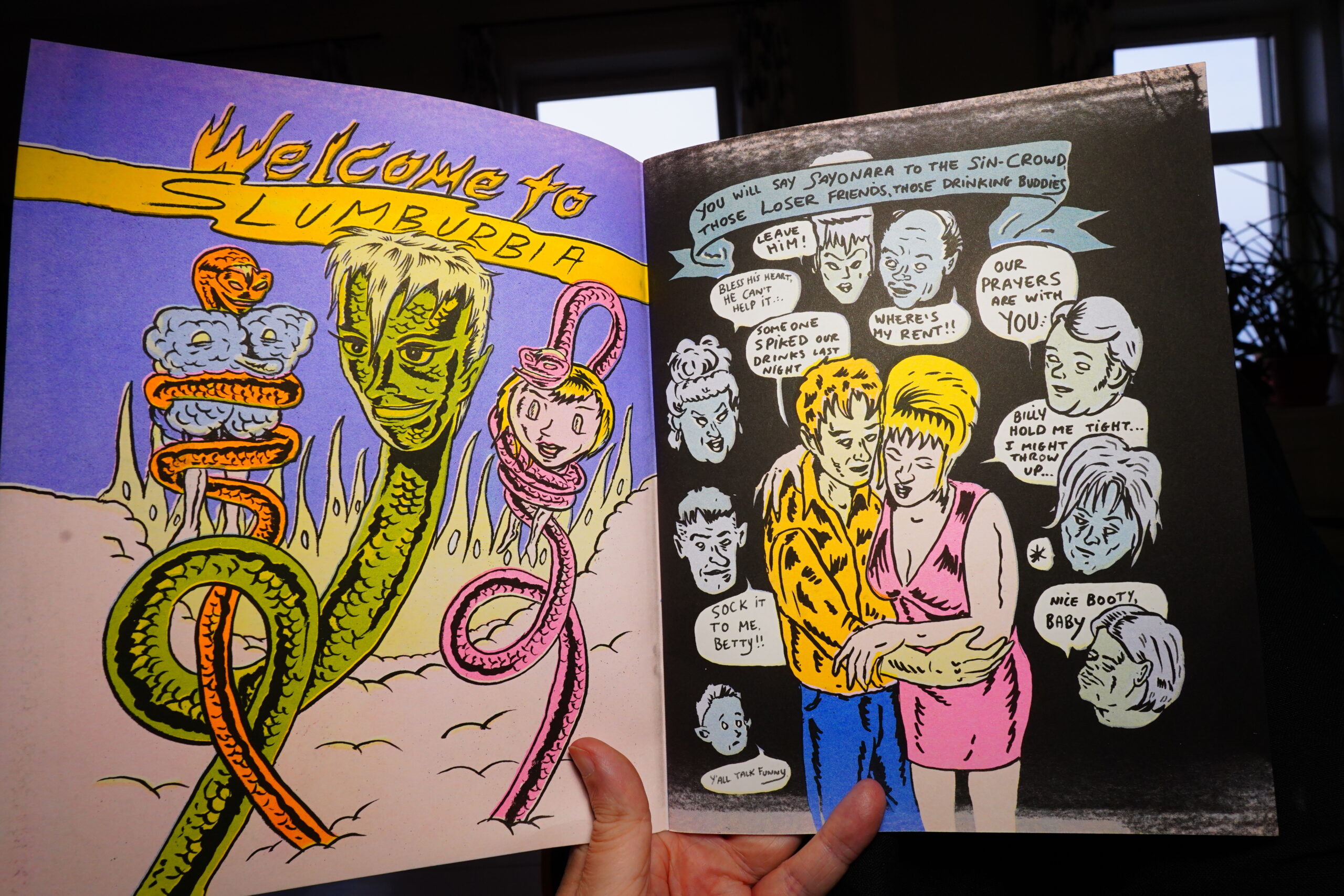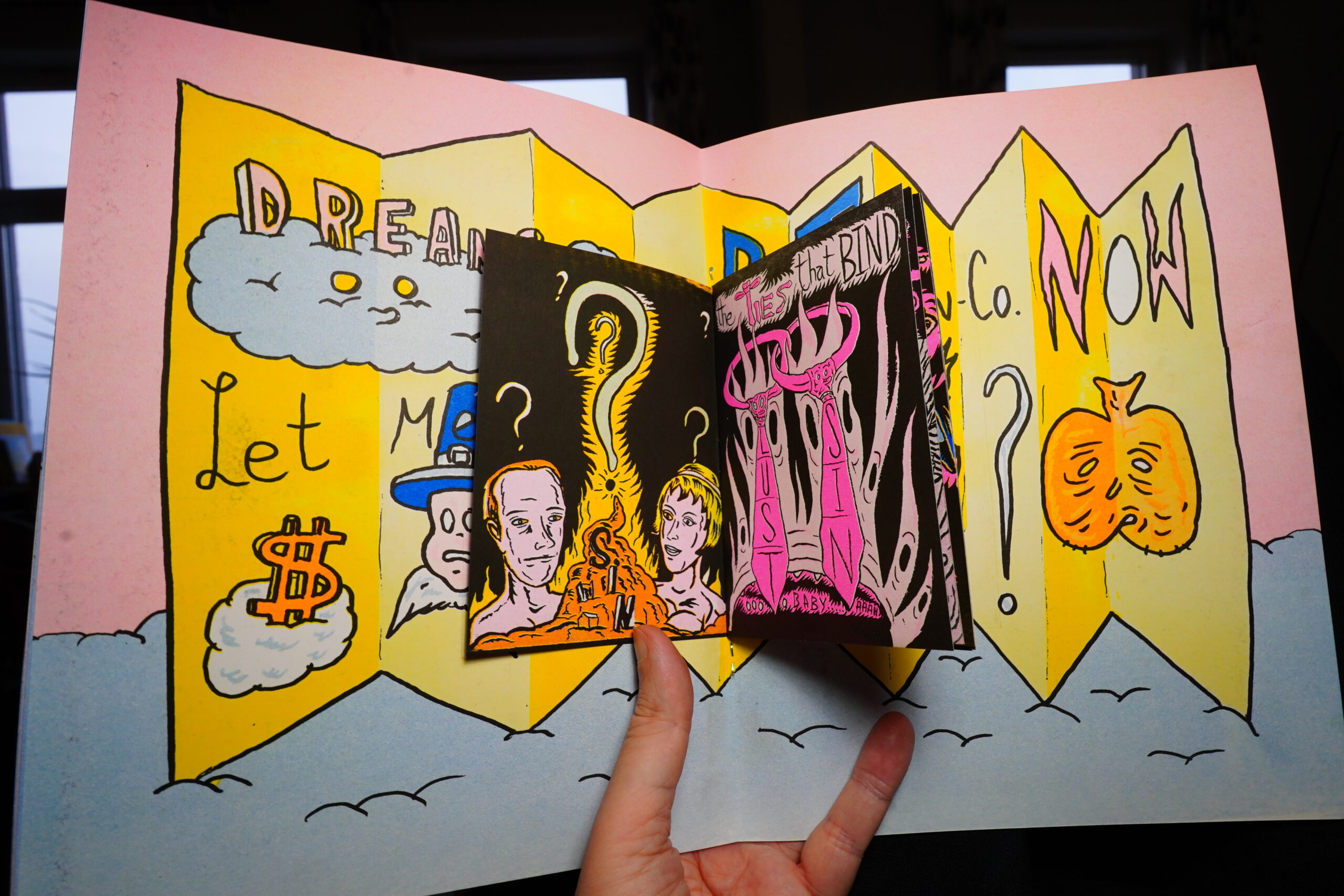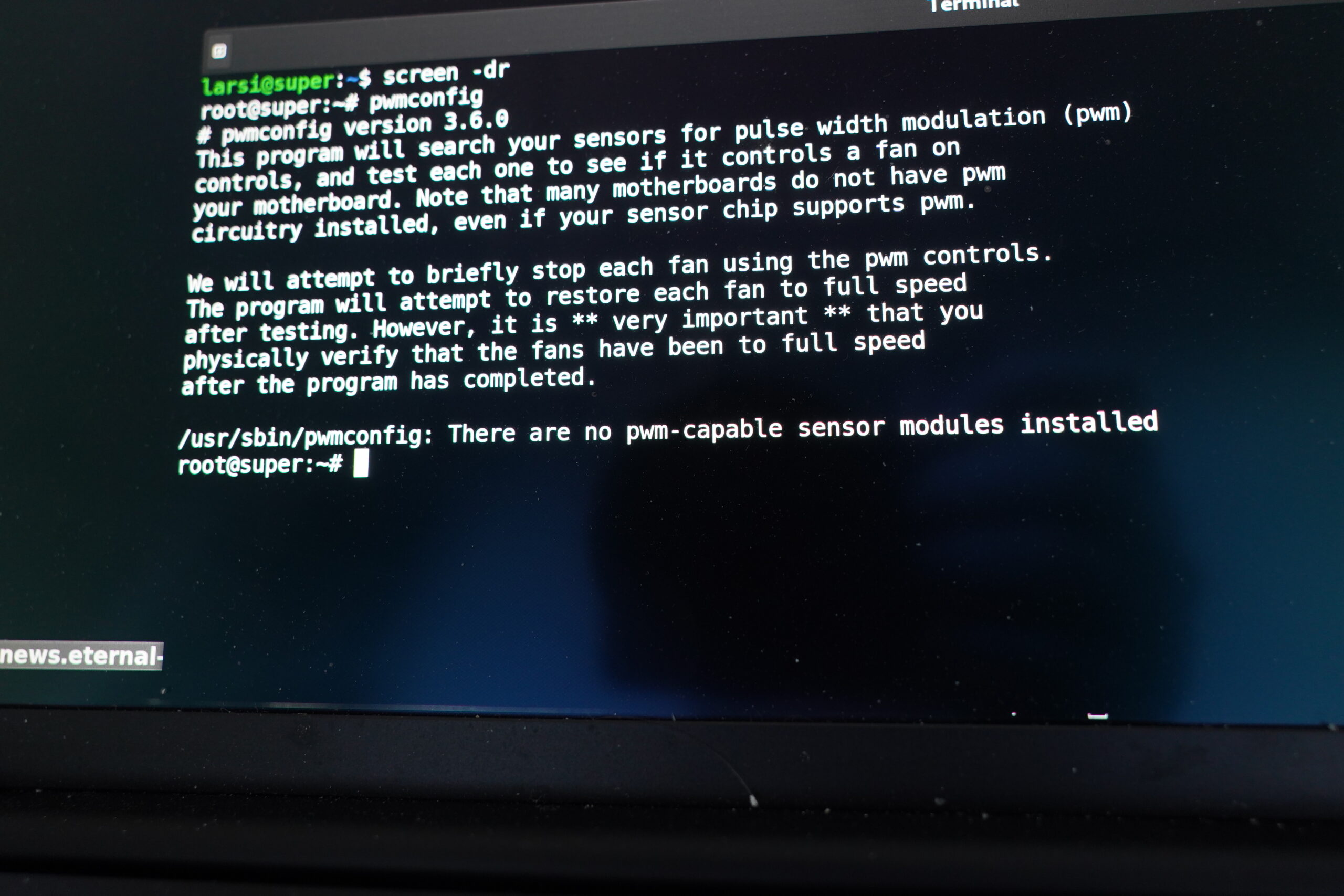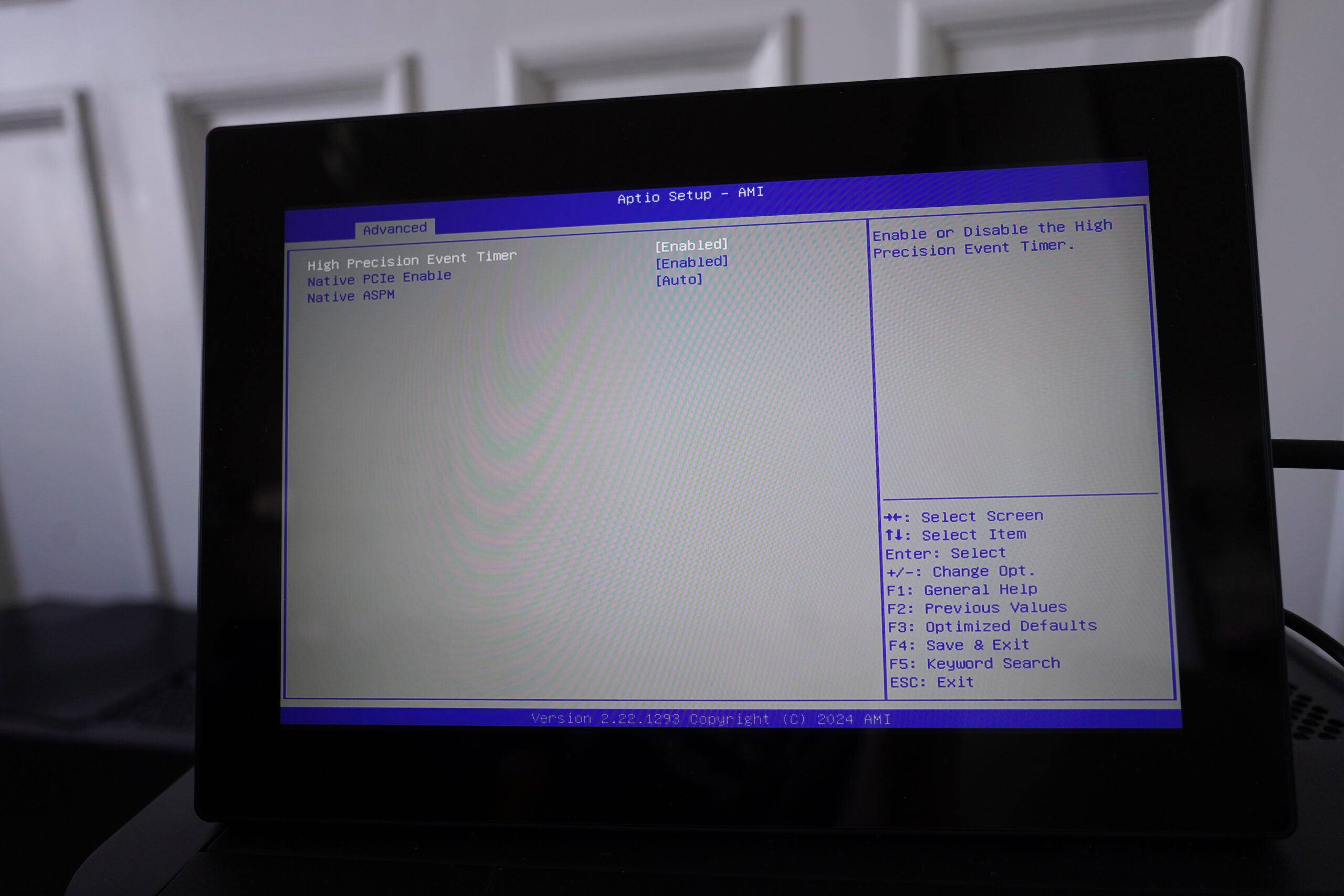Here’s some comics I’ve read over the past few days.
I think the translation of Svetoft’s Spa (from Fantagraphics) got a bit of attention last year?
This is very different — it’s more of a shaggy dog gangster/heist/macduffin thig…
But with the grotesques you’d expect.
It’s good — it’s funny, unsettling, kinda exciting. But I have to say that I was more confused than the author had even intended (and I think a lot of the confusion was intended). But there’s two dozen characters, and they mostly look like random variations. That is, they all have distinctive features, but from a very limited palette, so you have to concentrate on like “right, that’s the one with the stache and the square glasses and the grey hair, not the one with the stache and the round glasses the and black hair”.
This is a very handsome book. For the first couple of years, New York Review Comics books were kinda indifferent physically (while they reprinted excellent stuff), but that’s changed — more care is being taken these days.
The reproduction on this is great.
So, McMillan is somebody I’ve encountered in some 70s underground comics, but haven’t really paid much attention to. His comics are quite interesting, but to me, they lack a sense of direction — sure, they’re pleasantly absurd and way out there, but…
Anyway.
I’ve been slacking off on my French comics reading the past month, but I got three Spirous done the past few days.
The special issue on The Smurfs was smurfin’ hard to smurf, because of all the smurf.
These are three pretty good issues, but as usual, The Fabrices win.
There’s something about the format of these DC collection that make me pick them up, even though I don’t really have much hope that they’re going to be, like, good…
This collection starts with Batgirl #7, because I’m sure that makes lots of sense.
But this was actually not bad. I mean, I couldn’t really tell what all the drama was about, because it seems like there’s a gazillion plot threads from 75 years of continuity being spun here, but that’s fine.
So I read half the book before I realised that I didn’t really care, and then I dropped it, but it’s not bad. It moves fast. I think my main problem ended up being the artwork, which doesn’t do anything for me.
Yes! I got a ton of floppies.
Of them, the Ryan North crossover continues to entertain.
I found the humour in this Lower Decks issue to be pretty strange, and then I realised that it’s because Ryan North has left the book. I mean, it’s not bad or anything, but…
It’s annoying when the creators you follow drop out, but I guess the super-hero books North are writing pays 100x for 100th of the work required (jokes are hard), so I’m not surprised.
Al Ewing/Steve Lieber’s Metamorpho gets even weirder. I know! It shouldn’t be possible, but it is. It’s very good.
I don’t know exactly why I picked this up…
… but I’m totally impressed by the artwork. It’s very now.
It’s very… Moebius via Simon Roy? With more than a dash of James Stokoe? Or something? Whatever the inspiration, it looks totally on point. It’s fun to look at, and it reads so well.
The story, on the other hand… well, it’s not bad? It’s very… uhm… Yeah, it’s basically The Incal, but different. Private dick, love interests, MacGuffins, betrayals, cosmicness… all that stuff. It’s pretty good.
This is a strange one.
It’s slice of life humour from a Swedish comics artist who lives in Japan. So she does these things that are about how strange Japanese customs seem to her (or vice versa).
These were published in Japan first, and there’s half a dozen volumes out, apparently? So it’s a success. However, I just found it kinda… eh… The things she points out are so obvious — there’s nothing really interesting? And the way it’s presented is also just so… OK, there’s four panels per “issue” she’s explaining. And then there’s a single panel “after comic”, and then there’s that speech bubble in the left hand corner where she basically reiterates what she’s just told us.
Like a recap. As if this is going to be on a test.
It’s maddening, so I tried skipping that bit while reading the book, but I still only lasted 50 pages.
OK, that’s it.
